Omega Mu Voices: John L. Collins, Michael J. McInnis, George P. Dulac, Richard M. Paganucci10/31/2023 Omega Mu Voices: John L. Collins, Michael J. McInnis, George P. Dulac, and Richard M. Paganucci John L. Collins and Michael J. McInnis George P. Dulac and Richard M. Paganucci John L. Collins "Rushing an African-American student: Soon after I became a brother, Arnie James, a real gentleman, good football player, and all around nice guy came to Orono. He was black. Several Fijis in my class knew him from football and started to rush him. As soon as we did that, it came to our attention, and I do not recall how, that the National Headquarters for Phi Gam would not allow African-Americans to become Fiji brothers. Several of us were instantly pissed off at this and vowed that if we could get him to pledge, we would quit the National and go our own way; probably a good thing. Arnie pledged Delta Tau Delta, so we did not have to take that path. Those of us who wanted to get him to be a Fiji soon realized that there would be another problem had he chosen us: he would have been black-balled by some brother. So he never would have had the chance." Delta Tau Delta Arnie James Michael J. McInnis "I was Rush Chairman when the vote was taken on the chapter room—arguing vehemently to accept Arnie to no avail. Finally, I smoked out the brother to admit to his only negative vote on admitting Arnie! He owned up but would not change his vote even after we all pleaded for him to change his his vote! Sad day in our history—it was not the National—just ONE of our brothers who voted against Arnie!" Tackle Arnie James and Quarterback Bob Hamilton, C0-Captains of the 1970 University of the Maine Football Team Bob Hamilton and Arnie James, front row. George P. Dulac "Arnie James was an underclassman who played on the defensive line with me at UMO for two years. He was, and is my teammate and friend still today. This is the first time I have been made aware of Arnie not receiving consideration as a pledge from us. I am very sorry it happened." Arnie James, #56 Richard M. Paganucci Pledging an African-American student: All of us future pledges Eaton, Goode, Duffy, Rhodes et al, tried to get Arnie James to pledge Phi Gam. At the same time, other houses were trying as well: Sigma Chi, Phi Mu but they also learned their national opposed blacks. Delta Tau was the only one who would accept Arnie as a pledge. It was pretty sad. He was a real good guy and future captain of the football team our senior year. "So, I was welcome there." Fraternally,
Chip Chapman, ’82 Perge
0 Comments
Omega Mu Voice John L. Collins, 1970 Spring break, sophomore year, I decided to go visit a girl I knew who was at college in Winston Salem, North Carolina. I had my car and wanted to drive down so asked around to see who might want to go with me. Greg Papasodora (’70) was up for it. So, I wrote to the girl, found out where we could stay, arranged for a blind date for Greg, and we made plans to go. That year, Doug Baston (‘69) was in Washington, D.C. as a congressional intern for Senator Edmund Muskie. Doug was my big brother at The Castle and Greg and I decided to stop off in D.C. to stay with Doug during our drive. Greg Papasodora and Doug Baston Edmund Muskie speaking at the University of Maine in 1968. Senator Edmund Muskie Senator Muskie speaking with President John F. Kennedy Most of the trip was pretty uneventful. Greg and I had an OK time with the girls, but nothing special. On the night of April 4, 1968, we said goodbye to our girls and started to drive out of town, heading back to D.C. before driving back up to Maine. At 6:01 PM, Martin Luther King was shot in Memphis but we were not aware of that yet. As we left Winston Salem that evening, we noticed lots of African Americans out and about, and it was clear that there was something going on that we did not know about. We pulled into a gas station to gas up and folks were all over the place. We got pretty nervous sitting in the car while the gas was being pumped, but nothing happened except that a police car pulled up across the street. As soon as we drove out of the gas station, the cops pulled us over and asked what we were doing there and where we were going. We told them we had been visiting friends and were heading back to Maine. They said, “Follow us and we’ll get you to the interstate without any trouble. Don’t stop, don’t come back into town, keep going.” By this time, I suspect we turned on the radio and found out what had happened. That night, we drove all the way to D.C.. On the way, we could see a glow in the sky from the big cities: Durham, Raleigh. The riots had begun and buildings were burning. Raleigh and Durham Burning "On the way, we could see a glow in the sky from the big cities: Durham, Raleigh. The riots had begun and buildings were burning." We kept driving and pulled into D.C. early in the morning. We woke Doug up and he let us in for a few hours of sleep. When we woke up, Doug told us the city was under curfew and we were to stay indoors. We looked out the window of his first-floor apartment on Mass. Ave. near DuPont Circle, and there were people everywhere – all of them African American, most running or walking, very few driving. Some were coming from farther down Mass. Ave.. At one point during the day, we were hanging out with some girls in their apartment on the first floor while they handed out donuts and coffee through their window to the National Guardsmen on duty outside. DuPont Circle Washington Burning The day passed with news of riots, looting, burning, all over the country. We were seeing it first hand. By the end of the day, we were going stir crazy from being inside all day and of course had a few beers. By the time darkness fell, we were feeling restless and mischievous. We decided to venture out. We took a Kodak Instamatic camera. A block from Doug’s building, on the corner of a side street was a closed liquor store. We could see the store from the entrance door to Doug’s building. At this point, we could see no one around – not looters, or Guardsmen. We crept through the shrubbery in front of Doug’s building, just seeing how far we wanted to go. Suddenly, a car whipped around a corner, slammed the brakes on in front of the liquor store, and a bunch of African American guys jumped out. One picked up a landscaping rock and smashed the glass display window of the liquor store. All of them began hustling cases of booze out of the broken window and into their car. We crept closer and took some photos of the action. Suddenly, a National Guard truck careened around a different corner and stopped with headlights high beamed on the looters and the liquor store. A bullhorn voice demanded they stop and drop what they were carrying, put their hands behind their heads, and lie down face down. They did, and the Guardsmen cuffed them, tossed them into the truck, and drove away. Witnessing that was sobering, and suddenly we wondered what were we doing?! We hustled back into the building, scrambling through the shrubs again, and sighed with relief. We didn’t go out again during curfew. It was a few days before the city settled down enough for us to leave and head back to Maine. Doug Baston Yea, John has it right. He remembered some details I didn’t. Some more details: We didn’t venture out again, but we did spend time up on the roof of the building watching Washington burn all around us. At some point later, and I can’t remember if this was before John left or after the curfew lifted and he got out of town, I was allowed to return to work in the Old Senate Office Building, several blocks away. That meant that I had to stand on the front steps of my apartment building until a military patrol came by. I then showed my Senate ID card and a soldier would be assigned to accompany me to the building. The entrances to office building itself were surrounded by barbed wire and were guarded by a mix of military and capital police. I would show the ID again to get in. When leaving work, the process was reversed. Old Senate Office Building Not only was Martin Luther King assassinated that spring, but also Senator Robert Kennedy, on June 5th in Los Angeles on the night he won the California Primary Senator Robert Kennedy Kennedy had announced that he would run for president on March 16th in the Caucus Room of the Old Senate Office Building, just down the hall from my office. I went down to listen and stood in the crowd – mostly press and other staffers – in that small room. Earlier this year I was watching the Netflix documentary “Bobby Kennedy for President”. In the episode covering his announcement, the old black-and-white film footage followed his entrance into the Caucus Room. For a few seconds it captured, standing just a few feet away in the background, a fifty- year-younger me, watching as history literally passed me by. Kennedy Caucus Room "In the episode covering his announcement, the old black-and-white film footage followed his entrance into the Caucus Room. For a few seconds it captured, standing just a few feet away in the background, a fifty- year-younger me, watching as history literally passed me by. Perge" “What if the space be long and wide, That parts us from our brother’s side A soul-joined chain unites our band, And memory links us hand in hand.” (Phi Gamma Delta fraternity song) Fraternally,
Chip Chapman, ’82 Perge Omega Mu Voice Doug Baston, 1969 Protests on campus: I remember in the middle of the anti-war protests, when some marchers on campus got egged, and our national Phi Gamma Delta poohbah, what ever his title was, attended a pig diner and raged on about how all the protesters were traitors and cowards and he hoped we were among the eggers. When he was done, only Chris Tremblay and Jim Turner stayed in their seats, arms folded, while everyone else stood and applauded, albeit only politely. I was a coward and stood but did not clap. Still ashamed of that. Perge. Protesting the Vietnam War At Maine "As the marchers neared the main gate of the athletic field ...some students threw eggs at them." "Our national Phi Gamma Delta poohbah, whatever his title was, attended Pig Dinner and raged on how all the protesters were traitors and cowards and he hoped we were among the eggers." Chris Tremblay and Jim Turner "When he was done, only Chris Tremblay and Jim Turner stayed in their seats, arms folded, while everyone else stood and applauded, albeit only politely. I was a coward and stood but did not clap. Still ashamed of that." “What if the space be long and wide, That parts us from our brother’s side A soul-joined chain unites our band, And memory links us hand in hand.” (Phi Gamma Delta fraternity song) Fraternally, Chip Chapman, ’82 Perge Truthfully, there is no fraternal brotherhood quite like Omega Mu at the University of Maine. We are proud of our history, and we are proud of the impressive number of fraternal brothers who played on many University of Maine athletic teams. With conviction and commitment, our Omega Mu athlete brothers brought a great deal of joy and satisfaction to the university community, creating many wonderful memories since the first baseball team was established at Maine State College in the 1870's. The worked together for the success of each Maine team, and the overall civic good of the University of Maine. The sheer number of Omega Mu athlete brothers is an unqualified triumph for the University of Maine. They each gave their best efforts on each team, and what they achieved perfectly compliments what we fraternally believe: drive and determination. It is a heady athletic legacy. Accordingly, their accomplishments claim our fraternal attention and respect. For the eminence of their athletic success; and, above all, for being our Omega Mu brothers, we are proud. Therefore, in the linked soul and spirit of our long fraternal history, we gratefully remember and celebrate our QTV and Omega Mu brothers who participated on many varsity athletic teams at the University of Maine. Their sacrifice of time was worth the effort for them and the student body at the University of Maine who watched them play. They created many warm memories since the early 1870’s. For the eminence of their athletic success; and, above all, for being our Omega Mu brothers, we are all very proud. Thoreau said it best: “What a difference, whether in all your walks, you meet only strangers, or in one house is one who knows you, and whom you know. To have a brother…How rare these things are.” How true that is, and we remain that way to this day. That is a heady fraternal legacy. Omega Mu Athlete Michael W. O'Leary, 1970 Omega Mu Years Mud Bowl, 1968 Back Row L-R: Spook, Anthony Flaherty, Dave Smith, John Rhodes, Jimmy Dunn, Glenn Smith, Paul Dulac?, Rod Macklin, John Dolan, George Wiest, Jim Chaplin Front Row L-R: Ernie Niles, ?, Bob Duetsch, Bob Van Dyk, Tyler Libby, George Thoma, Jack MacBrayne On hands and knees, back left, is Greg Papasodora; running forward, in the Fiji shirt. is Jim McLean. Mike O'Leary, second from the right Red Wolf, lying on the bench; standing, Cliff Goudey; seated, Tyler Libby, John Collins, Emerson Gorham Housemothers Ruth Cary, Alma Pratt, Clara Hammond "My mom & dad came up to the house to see me in 1968. My Dad was a NY cop. Clara, our house mom, took my folks to a play! It was great!" Fred Galella Mike O'Leary is standing behind the car and looking at the camera. Mike O'Leary, who is wearing a brown jacket, is the first person who is carving on the snow wall on the left. Housemother Mrs. Hammond Bob Duetsch and John Collins, Thunder Hole, Bar Harbor Chris Tremblay on Tom Richardson's shoulders Greek Week L-R: Leigh Morrill (behind), John Collins, Doyle Vauteur, seated; John Kimball; behind is Dusty Rhodes Greek Week Sing 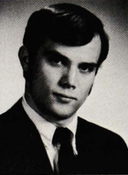 John Collins Omega Mu, 1971 "We pulled ourselves together to escape from social probation under the leadership of Michael O’Leary by suddenly cleaning up our act and participating in all the goody-goody activities that were expected of a “good” fraternity: the snow sculpture of a drunk driving accident (designed by “the spook”, our artistic brother) complete with red-dyed snow representing blood, participation in the IFC sing performing “The Vietnam Song” by Country Joe and the Fish:" I don’t recall what time of year the IFC sing was, but we participated in that too.Something I don’t think Phi Gam had done in ages. After a couple brief rehearsals, here’s what the performance went like. There was a pretty good sized audience in the gym with risers in front and a main a isle down the middle. Other competing greeks waited back stage for their turn. We waited in the lobby. When we were announced, we marched down the center aisle, dressed in white shirts, dark pants. We lined up on the risers with Mike in front as conductor. He raised his hands to begin, paused, and we all whipped out dark glassed and put them on. Then, in loud and not very melodic voice, we sang Country Joe’s “Vietnam Song” which I recall calling the “Vietnam Rag”. “Well come on all of you big strong men, Uncle Sam needs your help again, he got himself in a terrible jam, way down yonder in Vietnam, put down your books and pick up a gun, we're gunna have a whole lotta fun. CHORUS and its 1,2,3 what are we fightin for? don't ask me i don't give a dam, the next stop is Vietnam, and its 5,6,7 open up the pearly gates. Well there aint no time to wonder why...WHOPEE we're all gunna die. now come on wall street don't be slow, why man this's war a-go-go, there's plenty good money to be made, supplyin' the army with the tools of the trade, just hope and pray that when they drop the bomb, they drop it on the Vietcong. CHORUS now come on generals lets move fast, your big chance is here at last. nite you go out and get those reds cuz the only good commie is one thats dead, you know that peace can only be won, when you blow em all to kingdom come. CHORUS (spoken)- listen people I don't know you expect to ever stop the war if you cant sing any better than that... theres about 300,000 of you fuc|ers out there.. i want you to start singing.. CHORUS now come on mothers throughout the land, pack your boys off to Vietnam, come on fathers don't hesitate, send your sons off before its too late, be the first one on your block, to have your boy come home in a box CHORUS Alrite.” When we finished, we took off our glasses, put them in our pockets, and walked out the way we had come in. I think we got some enthusiastic cheers, but there were lots of stunned faces too. It was sweet! If not for Mike O’Leary, his vision, leadership, and energy, Omega Mu of Phi Gamma Delta might have disappeared from College Ave. We all owe Mike our thanks, at least. "If not for Mike O'Leary, his vision, leadership, and energy, Omega Mu Phi Gamma Delta might have disappeared from College Avev. We all owe Mike our thanks." Country Joe at Woodstock Fiji Island Four brothers on Fiji Island: L to R Pat Ladd, middle behind; Bob Mennealy, middle weaing glasses; Paul Wood, wearing the bandana, and Bill Soloby Concerts The Brothers Four (They are all Fijis) Simon and Garfunkel Pure Prairie League Mountain Melanie Judy Collins Country Joe and the Fish 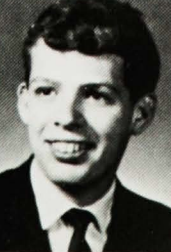 Doug Baston Omega Mu, 1969 "Until about two weeks ago I still had my ticket stub for the Pete Seeger concert. Finally tossed it." 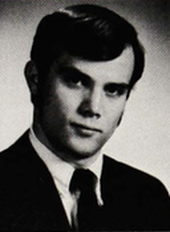 John L. Collins Omega Mu, 1971 "Here’s another personal story related to concerts in that era. I was a pretty “straight” guy in those days, and felt we all should play by the rules, pay our way, etc. But a rebellious side of my personality seemed to be coming out. So, when Mennealy suggested we try to sneak into the concert, I eagerly agreed! We crept around the field house in the dark till we found a window that wasn’t locked and climbed through it. From there it was easy to walk around to the halls leading to the gym and get in. We got front row seats, too! Other than Mennealy, I’m not sure who else participated. Maybe Greg Papasodora. It was a great concert, I thought!" John Sebastian at Maine, above; Woodstock, below 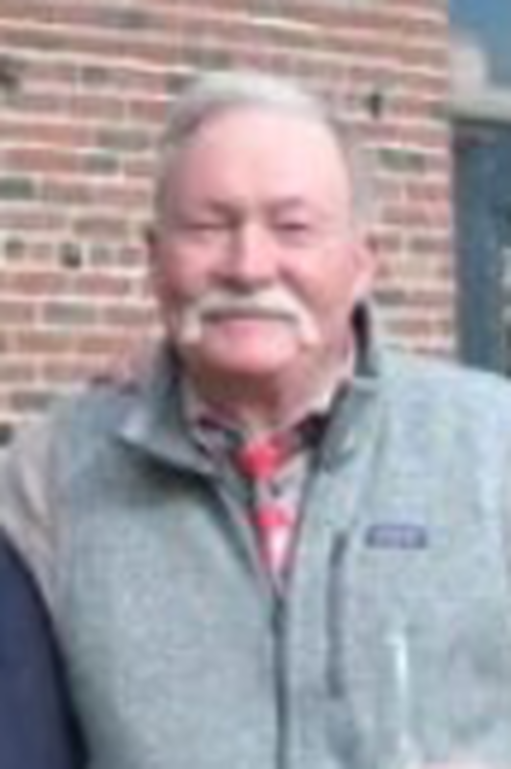 Robert W. Doyle Omega Mu, 1972 "I recall the John Sebastian concert. He came on by himself and explained that the backup band was late due to a bus breakdown. He played solo all night. At the end he explained that he didn’t have a band. Great goof." 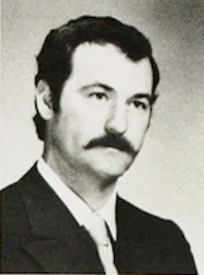 Andrew T. Soloby Omega Mu, 1971 The Turtles at the Fiji Castle "Oh, yes, what a beautiful night! On a fateful fall night in 1969, I had a front row seat at the Turtles concert that was held at the University of Maine: “So Happy Together”! Drinking and other embellishments had occurred earlier, and during the concert I screamed loudly, obnoxiously, and frequently to the band: “Fiji, Fiji, Fiji”. Once they played their last number, everyone rushed the stage, including me. The lead singer, Howard Kaylan, asked me, “You have been screaming Fiji, Fiji all through the show, what the hell is it?" It was explained to all of them in detail, and we invited them to the house, and they showed up an hour later, a memorable night in Fiji history. Being normal guys, they wanted to know what fraternal living was all about, and we showed them." 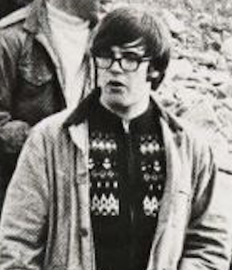 Robert C. Mennealy Omega Mu, 1971 "Mennealy, Goudey and O’Leary drove to Lewiston to see a Jimi Hendrix concert that was cut short because he blew the sound system twenty minutes into it." 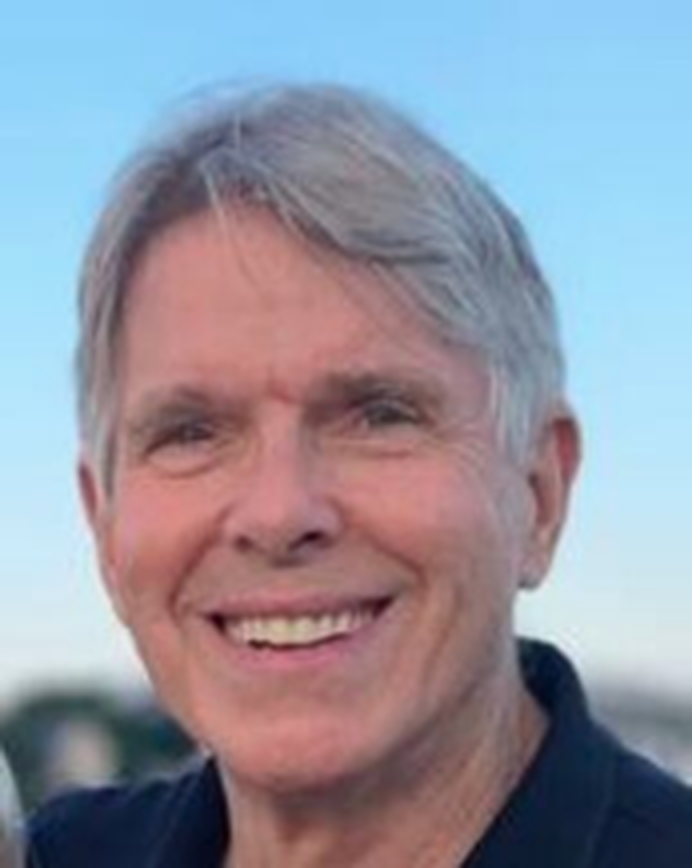 Anthony Flaherty Omega Mu "There were five of us in Cliff Gowdey’s VW Bus. I remember Cliff had a little notched wooden rig so the bus would not pop out of 4th gear. My memory is that Hendrix played a full set. I know he played most of the Are You Experienced album. Played behind his head, played with his teeth on “Hey, Joe”. He finished the set with “Purple Haze”. He encored with “Wild Thing”. He came out alone and riffed for a couple of minutes using only his right hand on the neck. Mind boggling. I think the cost was $2 or $3." 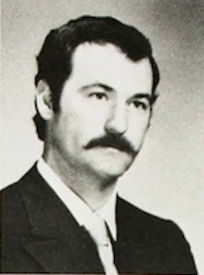 Andrew T, Soloby Omega Mu, 1971 "I remember when you guys came back. O'Leary was doing "sets" on the bed in the Purple Room for most of one nite !! And yes, I played "back up" for him once in a while.. ..1969!!" 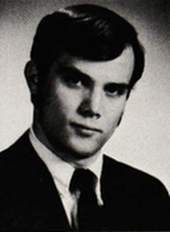 John L. Collins Omega Mu, 1971 "O’Leary playing air drums along with the records of Hendrix tunes. He would close his eyes, and really wail on the invisible drums with a huge grin on his face. I was too stoned to be able to tell whether he was any good at it or not, but it sure looked like he was enjoying himself! I think he also played along with Ginger Baker with Cream songs. Those are the ones I recall specifically. The purple room may have been off the living room behind the fireplace - not sure, though." Omega Mu Leader L-R: Chris Eaton, Paul Pooler, Michael O'Leary, young Fiji brother, Sammy Cosgrove 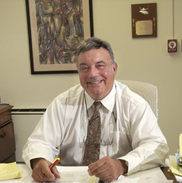 Paul Dulac Omega Mu, 1970 It was late summer of 1966 when I first met Michael O’Leary. It was a hot summer afternoon in the very beginning of freshman pre-season football tryouts. He was a tall, curly black haired tough guy from Arlington, Massachusetts. While I was a naïve, unsophisticated kid from Augusta Maine, I said, “I’m not sure I want to be here!” Mike said, “This is the best place we could be right now!” I liked O’Leary right away, and along with Tony Flaherty, we spent a great deal of time together; we became inseparable. O’Leary was a good football player, Tony a bit less so. Mike anchored the end of our defensive line, while Tony and I played in the middle of defense. We were together off the field as well as on. These were the early days of Freshman year when lifelong friendships are made. Later, during sophomore year, things began to change. Tony was no longer with us on the football team. Michael started defensive end but suffered many injuries, culminating with a broken leg which ended his season and eventually his football career at Maine. That was too bad! All of our activities off the field continued with gusto! Man, Michael was like a torch hanging from a cave wall. He could light up a room! Because of this and countless other reasons, he was “rushed” hard by the so called “jock houses” in an effort for him to join their fraternity. They all said theirs was the place to be. I was getting a good deal of this same kind of pressure from upper class-men football players. We used to talk about their houses not being the place to be! Meanwhile we seemed to be spending a great deal of time at hell-raising dance parties at a non-jock house by the name of Phi Gamma Delta; a place called FIJI Castle. There were wild beer drinking rock and roll parties we both loved, every weekend. Where to pledge? Why not invite other football player and others to the FIJI weekend get togethers. We did and whadda ya think? A number of these people decided to pledge FIJI: John “Leo” Collins, Paul Pooler, Leigh Morrill, Johnny Kimball, Tony Flaherty, Paul Dulac and Mike O’Leary. There were many other pledges, but these were the football players. Were we becoming a “jock house”? Maybe not, but the next year the trend continued with the Pledge class of Dick Paganucci, John and Dusty Rhodes, Chris Eaton, Jimmy Hayes, Pat Ladd, Eddie O’Bara, John Zinno and Paul Roy, among others. We still were not really a “jock house” and thankfully never would be! We were a group of eclectic people who were as different as we were similar, and that’s the way we wanted it. Omega Mu was the perfect place for Michael O’Leary and the rest of us, ex Marines and whomever. Life at the Castle was always interesting. One particular event stands out as a case in point and also highlights Michael’s life at Fiji. O’Leary’s leadership saved Omega Mu! Our chapter was struggling to survive social probation and possible expulsion from campus resulting from the now famous Island party where we burned down Baker Island! Collins relates our constant 60’s battles with the Dean of the College who seemed bent on kicking Phi Gamma Delta off campus; and this was even before we burned down the island! Leo Collins remembers O’Leary being elected president of the House sometime after the island fire. He said it was lucky for us all, considering Michaels infectious energy, leadership and resolve to get us out of trouble with the college. First, he needed to calm down the “rebellious elements” in the House and that the only way for all of us to atone for our sins was for all of us to become “nice” to everyone: the Dean, the college in general, and Pi Phi, our sister sorority. How do we do that, we asked. “Simple”, says Mike, “we become the good boys of UMO!” OK, so we started! We rushed an art major for the first time. We called him “Spook”. His job was to create a snow sculpture that would endear us to the entire college community, especially Dean Rand. He did it, and the theme was “Drunk Driving Kills”! Clever! Phi Gamma Delta was complimented for its social conscience. The Inter-fraternity Sing also became part of the strategy. John Collins related the following vignette. A group of us, dressed in white shirts and dark trousers, marched to the front of the gym to start the competition. We filled the risers as O’Leary raised his arms and directed our song; “The Vietnam Song”, heard so many times in the Purple Room of FIJI, sung by Country Joe and the Fish. Finally, we pocketed our sunglasses and marched out of the gym to thunderous applause and quizzical grins from the audience. Leo puts it well, “If not for Michael O’Leary; his vision, leadership and energy the Omega Mu Chapter of Phi Gamma Delta might have disappeared from College Ave.” We all owe Mike our thanks! Bill Soloby and Jim McClean also contributed reflections on Michael O’Leary. They acknowledged that Mike was a great house president but said that his involvement with the House did not stop at graduation. In the 2000’s, as an alumni brother, Mike was involved with the Castle renovations. This continued O’Leary’s legacy of leadership in Phi Gam. (Jim McLean, ’71, writing) “Mike is a truly unique man. Watching him lead and motivate is like watching Mantle hit a fastball. Mike was never a "sidelines guy.” Mike was a participator and a natural leader, first and foremost. He brought an intensity to everything he did and still does. If something big was going on, Mike would be there, and most likely setting the tone. Mike is a guy who is always there and a participator, rather than an observer.” (Chip Chapman, ’82, writing. Mike shared this with me at Pat's during Pig Dinner weekend) In the summer of 1969, Mike attended the most historic rock concert of all time: Woodstock. He was a member of the “Woodstock Nation.” Mike shared this with me at Pat’s during Pig Dinner weekend. He was near the front of the stage, just left of center, and he stayed the full three days, and he heard all of the great musicians and bands: Richie Haven, Ten Years After, CSNY, Joan Baez, The Who, Sly and The Family Stone, The Band, Joe Cocker, Country Joe & the Fish, Jefferson Airplane, Santana, Melanie, Grateful Dead, Mountain, and, of course, Jimi Hendrix, Mike's favorite musician of all time. He loved how Hendrix played the “Star-Spangled Banner” at the end. He absolutely enjoyed Woodstock, and that he attended as many Jimi Hendrix concerts as he could. I was envious. Mike O'Leary attended Woodstock (Paul Dulac writing again) I lost touch with Michael after graduation in 1970. A year or so later, Becky and I caught up with him and his wife/girlfriend, at the time, in North Conway. He was managing a rock band (name escapes me) and they were cutting a record. Mike and his girl were dressed totally in leather, and Becky and I felt like we just stepped out of Mayberry, USA into NYC! We had a great lunch and a good visit, but, once again, drifted in our different directions. Around 2015, we connected again via email. I was surprised that Mike and his wife were working for the local government in Providence, RI. How did a guy dressed in leather managing a rock band end up being a Bureaucrat? We had a few laughs about that. We last met at Pat’s, around 2017, on Pig Dinner Weekend. It was great fun catching up after so many years. We told all the stories of the 60’s. There were too many and not enough time. We decided to meet at the next Pig Dinner opportunity. Michael was unable to attend due to his illness. I was and remain very sorry about that. Today, Michael O’Leary lives with his wonderful, caring wife, Kathy, in Florida. I was thinking, every Castle has its king, and Michael O’Leary was our king! Paul Dulac Phi Gamma Delta Fiji Brother Pig Dinner L-R: Mike O'Leary, Andrew and Mike Soloby Pig Dinner L-R: Bob Doyle, Frank Danforth, Mike O'Leary University of Maine Athlete Mike O'Leary, 89  John L. Collins Omega Mu, 1971 By the fall of 1969, many of the seniors on the Black Bear football team had been starting for the “varsity” for two seasons already. In those days, no freshmen were allowed to play anything but freshman football. For the varsity games, we were in the stands like all the other fans. But let’s go back to see how we got there. The year we were freshmen (1966), the Black Bears had gone to the Tangerine Bowl the previous year (record 8-2) and many of the players on that championship team had been underclassmen and were back for another season. However, their success was far below what they had accomplished the previous season. They finished 4-5, which we all took as a great disappointment. By the fall of 1967, those of us who had been freshmen the previous year had proven ourselves during spring ball and been invited to return to play at the varsity level. We had lots of sopho- mores on that 1967 team, and it showed. It was also the first year Walt Abbott took over as head coach from Harold Westerman – “Westy”. Westy was head football coach at Orono for 15 years and had only one season below .500, that was in his final season in 1966. He was a legend as a football coach at Maine and it would be a tough act to follow. Walt and his staff did his best and we played as well as we could, but we went without a single win that season (0-8). We finished dead last in the Yankee Conference. By the fall of 1968, we were primed to do better and had high hopes. Our opening game was against U-Mass at Amherst the first week in September. It was a hot day, and by the second quar- ter, we were gassed. U-Mass had a big, talented squad and as safety, I covered five different wide receivers on my side. They just kept coming on and off the field and it was clear we were not going to keep up. It was demoralizing, but we proved how tough we could be. One particularly humiliating game that season was against UNH at Durham, in which they pulled out some tricky plays like reverses to wide receivers who then threw the ball downfield to the quarterback. Very embarrassing for the defensive secondary to get burned like that. They also had a little tailback, last name of Rudolph, who was the toughest player, pound for pound, I think I ever came up against. Hitting him was like running into the corner of a building. He shredded us too, and we remembered. Still, we went on to surprise some folks, finishing 3-5 for third place in the Yankee Conference. By the fall of 1969, many of us had two seasons of varsity experience under our belts, two more years of conditioning and weight lifting, and we had high hopes. Again, our opening game was against U-Mass, this time in Orono. They had a 230 lb. fullback and I was a massive 165 lbs. soaking wet. At one point, he broke through the middle on a draw play and I tried to catch him. I was one of the faster players on our defense and I immediately realized I wasn’t catching him! In fact, he was pulling away from me! In desperation, I dove at his heels and caught one on my chin bringing him down, and getting loads of blood on my jersey. U-Mass still beat us that year, but it wasn’t so easy. The pivotal game in our senior season came after we had beat URI and Vermont, and lost to U- Conn. UNH had beaten U-Conn, who had beaten us. UNH came to Orono for our Homecoming. Their star quarterback from the year before had graduated, but Rudolph, the tailback was still there. Did I mention he was tough? Did I also mention he was ugly? Well he was both of those things. And we had our sights set on that little bastard! In the second quarter, UNH had the ball in their end of the field and ran a slant off their left tack- le with Rudolph carrying the ball. I was on that side in the secondary and saw the hole open up and Rudolph churning through it. I attacked the line and gathered myself for what I expected would be an open field tackle, when suddenly two bodies converged on poor Rudolph. George Paul Dulac, right defensive tackle had shed his blocker and hit Rudolph on his right side under his arm at the same moment Mike O’Leary, right defensive end drove his helmet into Rudolph’s left shoulder. Rudolph spun like a pinwheel and crumpled to the turf. He didn’t get up. He lay on the ground moaning and not moving much as Dulac, O’Leary and I did a war dance over him. Kind of a brutal moment, but that’s how we played football. The Fiji defense was rising to the occasion. Rudolph left the game with broken ribs. One problem solved. In the third quarter, we had traded the lead with UNH a couple of times, and the defense had just come off the field holding them for another punt. As the offense took the field, Dulac and I sat for a rest on the bench and I turned to Dewey and said, “Dewey, we’ve got ‘em! Don’t you feel it?” with my fist clenched in front of his helmet. Dewey let out a huge laugh and at that moment, a yearbook photographer snapped a photo of the two of us. It would end up in the yearbook for that, our senior year. But the game wasn’t over yet. We led 21-14 but couldn’t keep a drive alive, so punted and UNH took over with just minutes to go. I can’t recall how far they moved the ball, but they were past midfield when we made our stand. They were more of a passing team without Rudolph so we knew what they would try. First and 10 they threw a screen pass to their left and O’Leary drilled the ball carrier for a loss. Second and 14 and they tried to fool us with a draw. Dulac sniffed it out and dropped the ball carrier for another loss. Third and 15: drop back pass with their speediest flanker on my side, the wide side of the field, he made a quick inside fake, cut to the sideline, and the ball was in the air. It was my play and it was so clear what I had to do. I had to give the guy some space because he was fast and I couldn’t let him beat me. But it was a long way from the QB to the left sideline and I drove my right leg into the turf and broke on the ball. I dove and was flying horizontally, reaching for the ball. My hand reached the ball just as it reached the re- ceiver’s fingertips and it flew to the ground in front of their bench, incomplete. Fourth and 15 and I can’t recall what they tried next, but it failed, we took over on downs, time expired, and we won. Fiji (Dulac), Fiji (O’Leary), Fiji (me) made the plays. So, we had lost to U-Mass and U-Conn, but beaten UNH, Vermont, and URI. We took second in the conference that year, tied with either U-Conn or UNH with UMass winning. However, UMass was cited later that year with recruiting violations and I thought they had to forfeit their conference championship as a consequence, making Maine co-champion that year. The records don’t show that, however, but I still feel like we had a championship season. Walt Abbott was head coach at Maine for 9 years, and 1969 was his only winning season. Mike O'Leary's Omega Mu Fiji University of Maine Football Teammates Dick Paganucci Paul Pooler Paul Roy John Rhodes and Richard Rhodes John Kimball "The chain stand for the unity, loyalty and the dedication of selfless brotherhood. Each link stands for the contribution he, as an individual, made to the brothers." “What if the space be long and wide, That parts us from our brother’s side A soul-joined chain unites our band, And memory links us hand in hand.” (Phi Gamma Delta fraternity song) Fraternally,
Chip Chapman, ’82 Perge Omega Mu Voice James D. McLean, Jr., 1972 On the remembrance side, one very telling incident was during John _______ presidency. In those days it was customary for national fraternities' visiting field secretaries to visit with the University President. At the time it was Winthrop C. Libby., and the field Secretary was Barry Mees, a great guy and fresh out of a Canadian university. He had all the positivity and enthusiasm of a new puppy under the Christmas tree. I was utilized as the house "fixer" for campus issues. If something outrageous happened in regards to the brotherhood, he always said, "Find McLean, put a tie on him and tell him to find the person who can make this go away." Recognizing that Field Secretary and the university president in the same room dynamic had all the potential to be a lot like open gas valve and match in the same room, I was delegated by John to escort Barry to the meeting. Libby, a great guy, and about as dry a Mainer as you could find, looked an awful lot like Abe Lincoln with a shave. When we walked into his office his six foot six or so lanky frame was slouched in one chair with one of his feet up on another chair and his hands were high-steepled in front of his non-smiling mouth. He managed to move just enough to shake hands with Barry, without rising. Barry was filled with positivity and new-guy enthusiasm. President Winthrop C. Libby The conversation, to the best of my memory went as follows: Barry, "Hi President Libby it is a real honor to be visiting the U of Maine and its very historic chapter of Phi Gamma Delta. I am Barry Mees, Field Secretary for Phi Gamma Delta. I am a recent graduate of (I forget which school, but I believe it was the University of Western Ontario). So what do you think of Phi Gamma Delta at U Maine? Barry was as animated and leaning forward as Libby was leaning back and unresponsive in a manner that would do the Sphinx proud. Libby, (through steepled hands and with no sign of warmth) "Well. Mistah Mees (pregnant pause)....... "That is a COMPLICATED question".......... pregnant pause as Barry leaned forward in positive anticipation)..........."On one hand, Mistah Mees".......... pregnant pause as Barry leans even more forward and Libby slumps even more backward........ as individuals, they ahhh the most TALENTED group of people I have ever seen on this campus........... (if Barry had a tail, it would have been wagging at the speed of sound)........ "but" "Libby slumps even more backward........ as individuals, they ahhh the most TALENTED group of people I have ever seen on this campus..........."but" "but" ........ (looooong pregnant pause)............ "collectively, they ah my wust nightmayuh (Barry looks like he has just witnessed a triple homicide), then, with no pause pregnant or otherwise Libby puts both feet on the floor and leans forward into Barry and says, "what can you do Mistuh Mees to pull theyuh chahtuh.......) At this point Barry looks like the fourth homicide victim, and I know he isn't, but I am.............. Libby stands up and pointedly offers his hand and thanks Barry for visiting, signaling that the meeting is over. It was a long walk back to the Castle, and I was effuting bullshit as quick as I could think it up, ie. "Barry you gotta understand, Win Libby is a real Mainer..... they are always pulling your leg and doing it with a straight face..... BLAH, BLAH, BLAH, (improvise), BLAH BLAH, "If he didn't love us he wouldn't be kidding us......" "It was a long walk back to the Castle." Jim McLean, back turned, left; relaxing with a coed, right. I went back to see Dr. Libby about a week later, and as tactfully as I could, asked him what was on his mind and why did he conduct the meeting in that way." He grinned, patted me on the shoulder and said, "I'm an educatah and I thought that young Canadian fellah needed to luhn that the world can be a hahd place. Take the stahch out a bit, so to speak......I also wanted to push you along a bit. I am quite amused by yoah ability to talk yoah way outta just about anything, and thought you might luhn from a bit of a challenge......." Libby "Is Mistah Mees gone?" Me "Yessir...." Libby: ...and I see yoah lights ah still on?" Me "Yessir, Mr. President, sir......." Libby (laughing) "Then I guess we both did owa job. Good day, Mistah McLean.” Libby (laughing) "Then I guess we both did owa job. Good day, Mistah McLean.” “What if the space be long and wide, That parts us from our brother’s side A soul-joined chain unites our band, And memory links us hand in hand.” (Phi Gamma Delta fraternity song) Fraternally,
Chip Chapman, ’82 Perge |
Archives
December 2024
Categories |
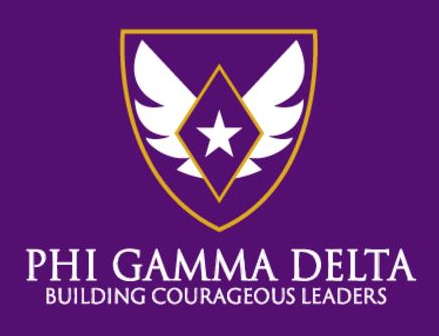
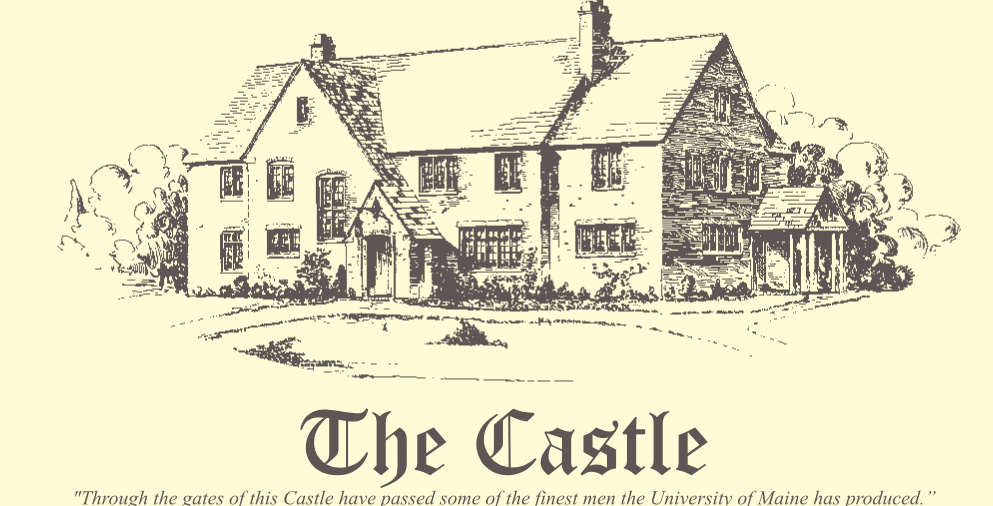




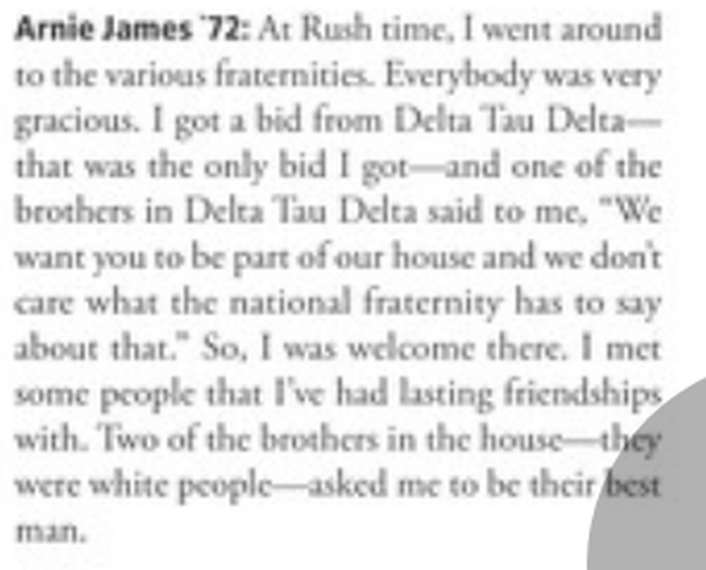
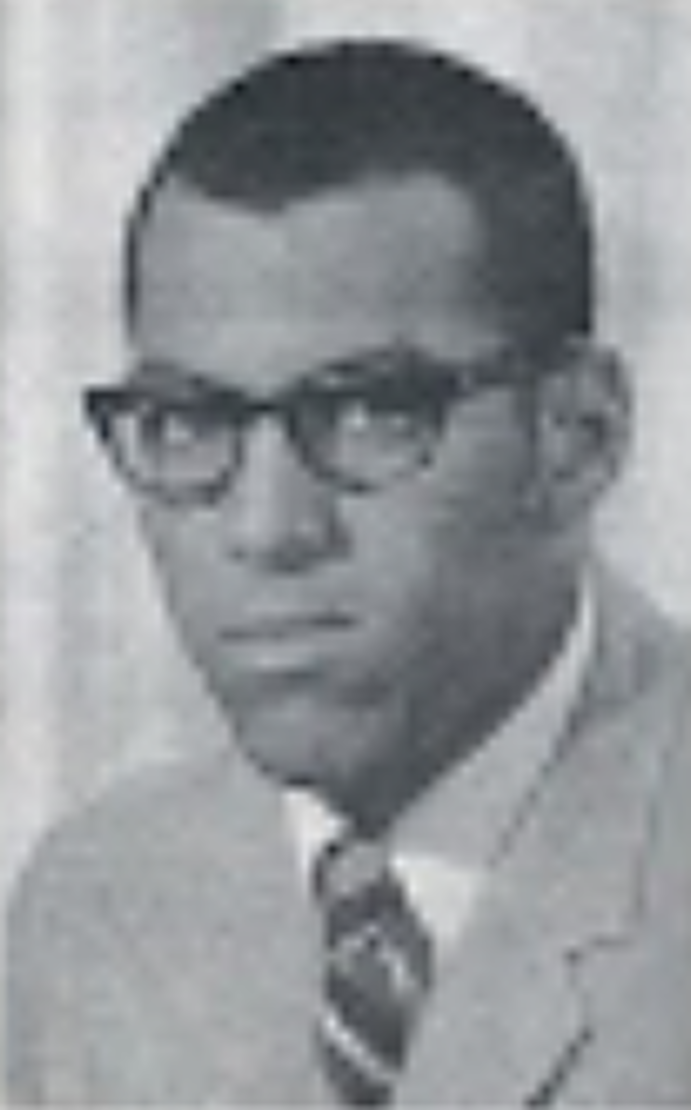
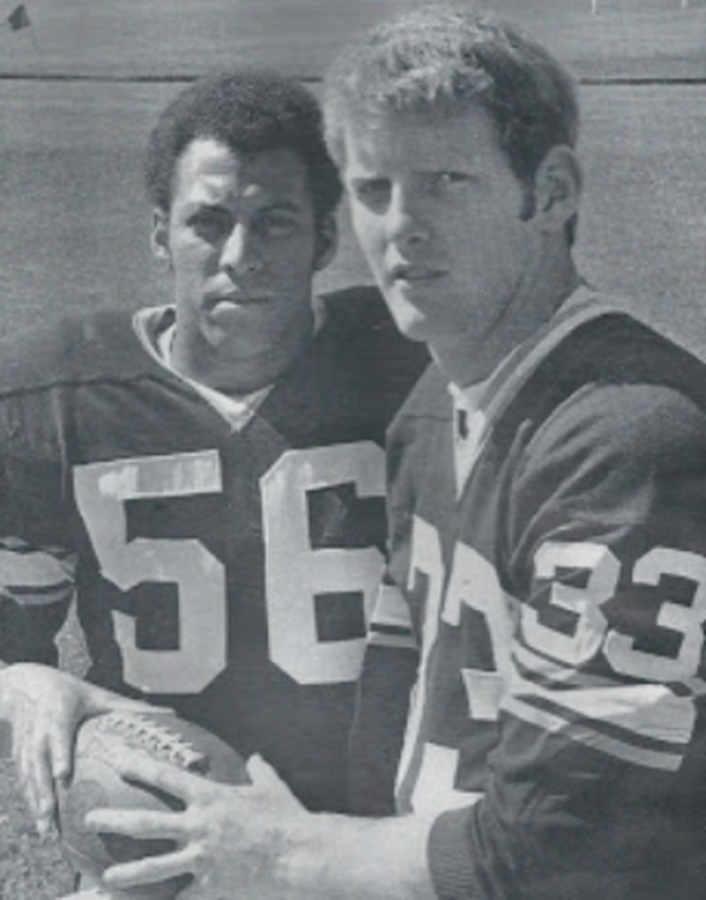
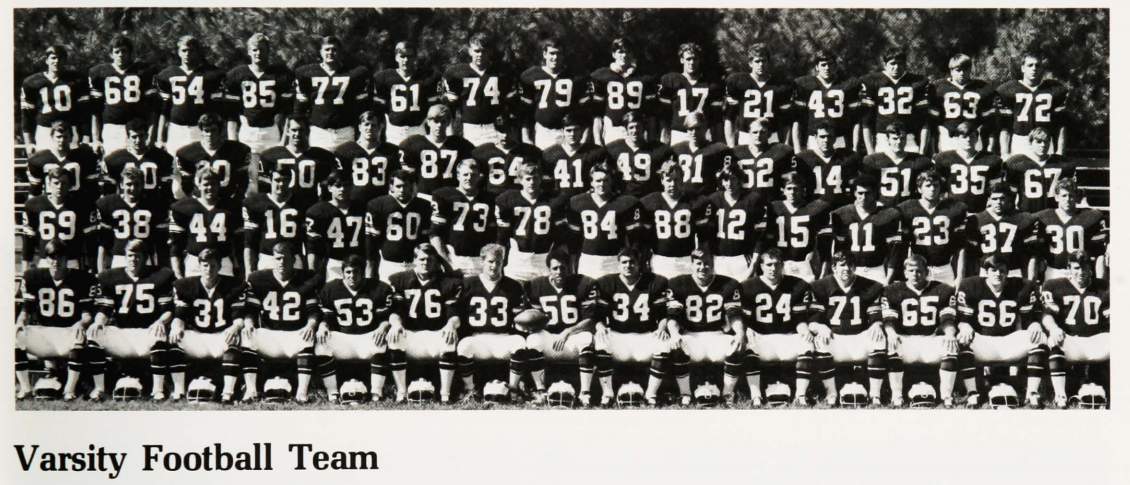
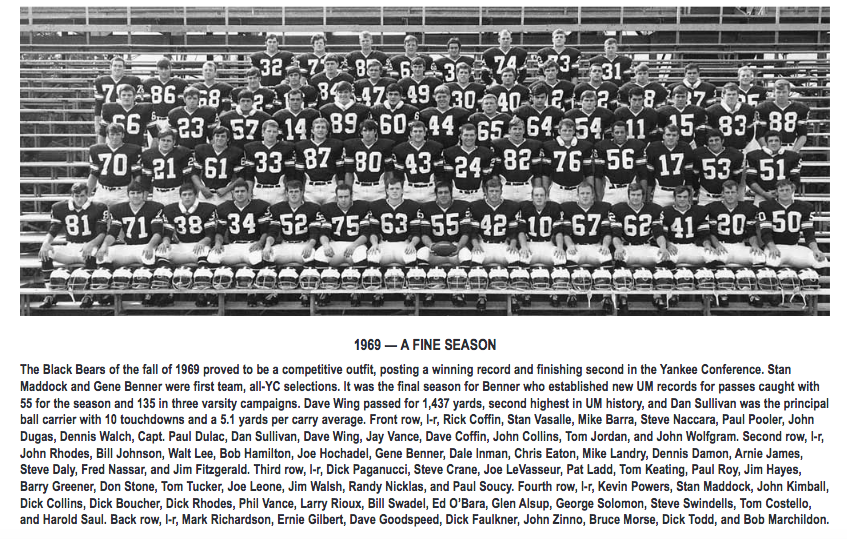
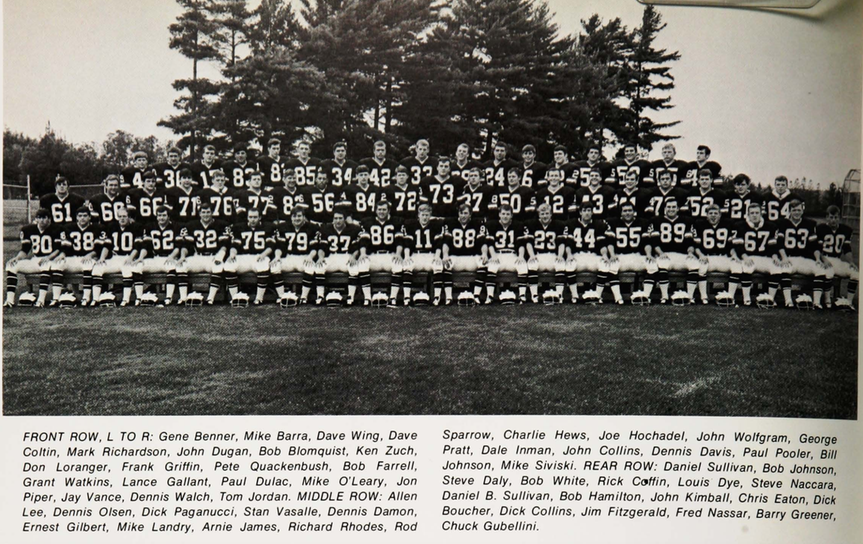
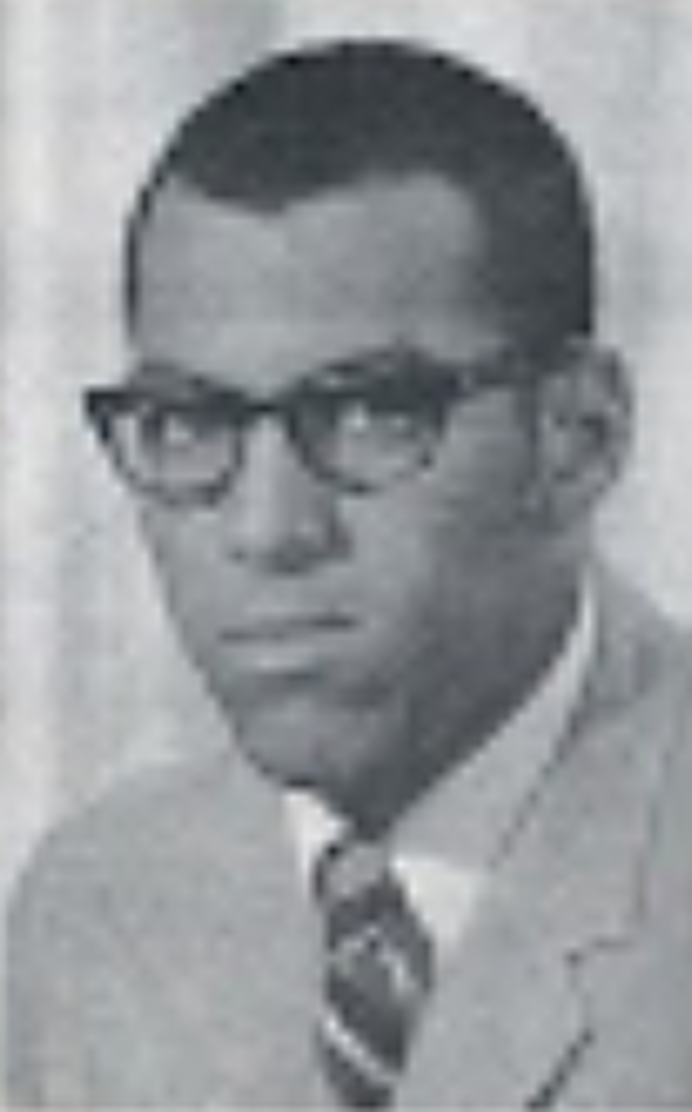
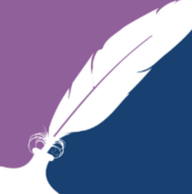

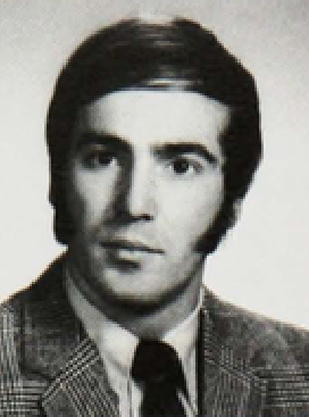

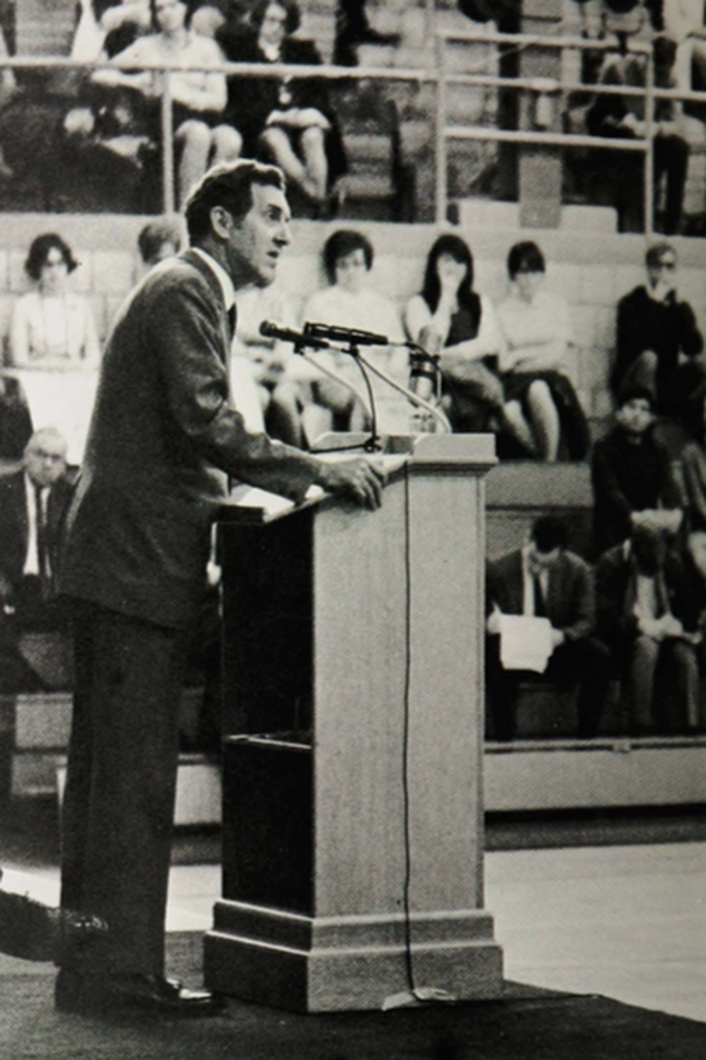
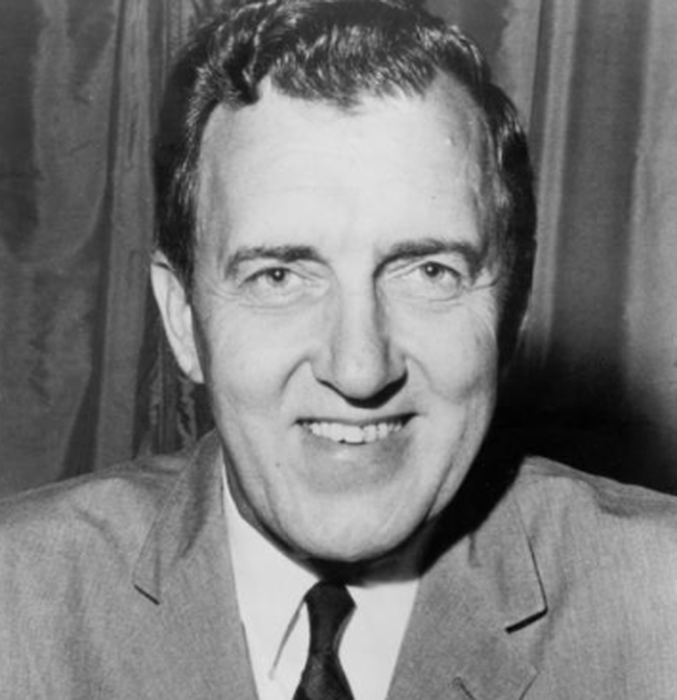
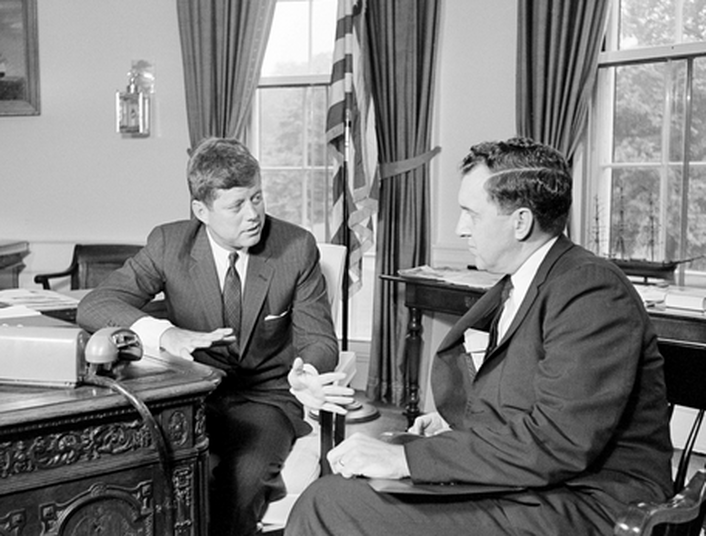

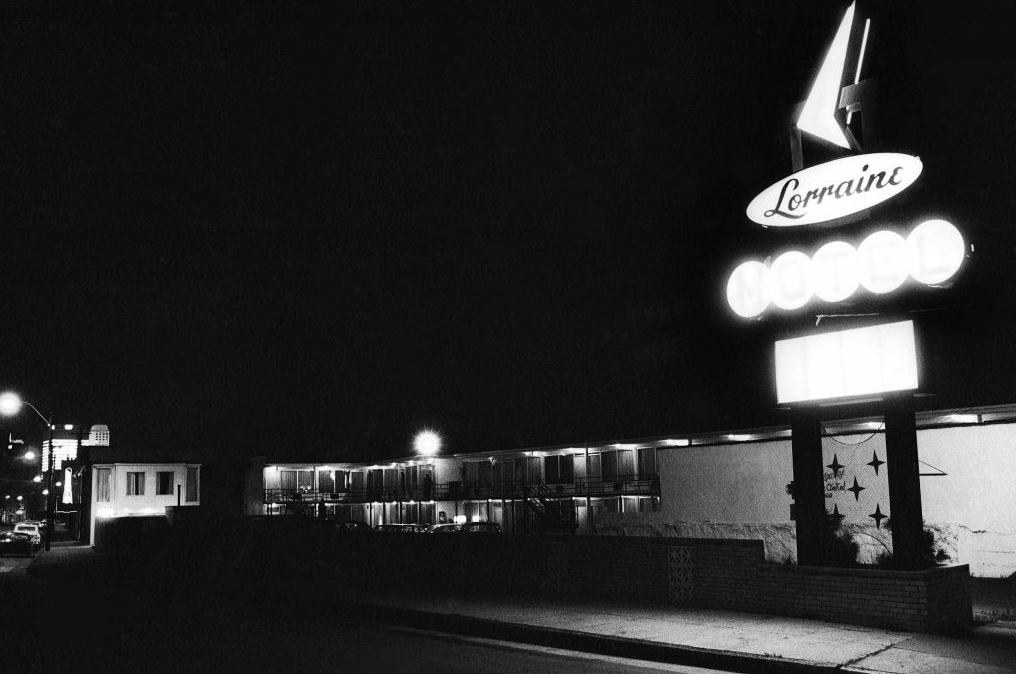
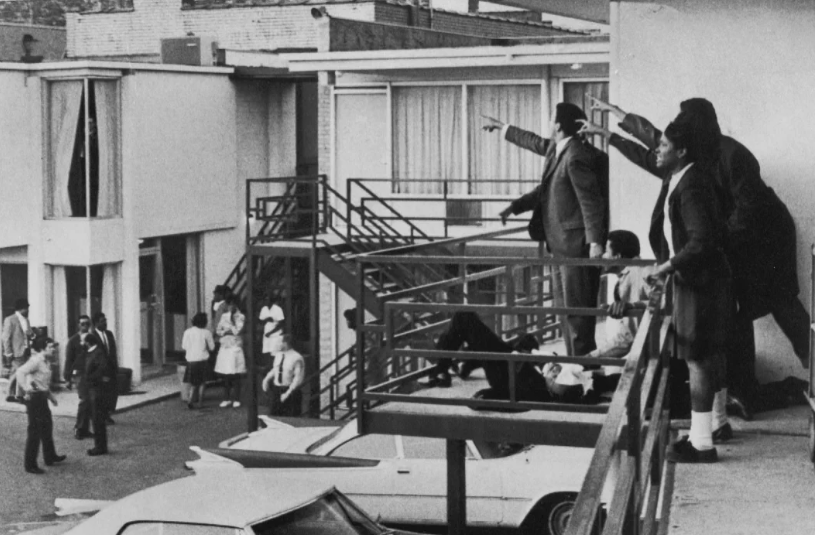
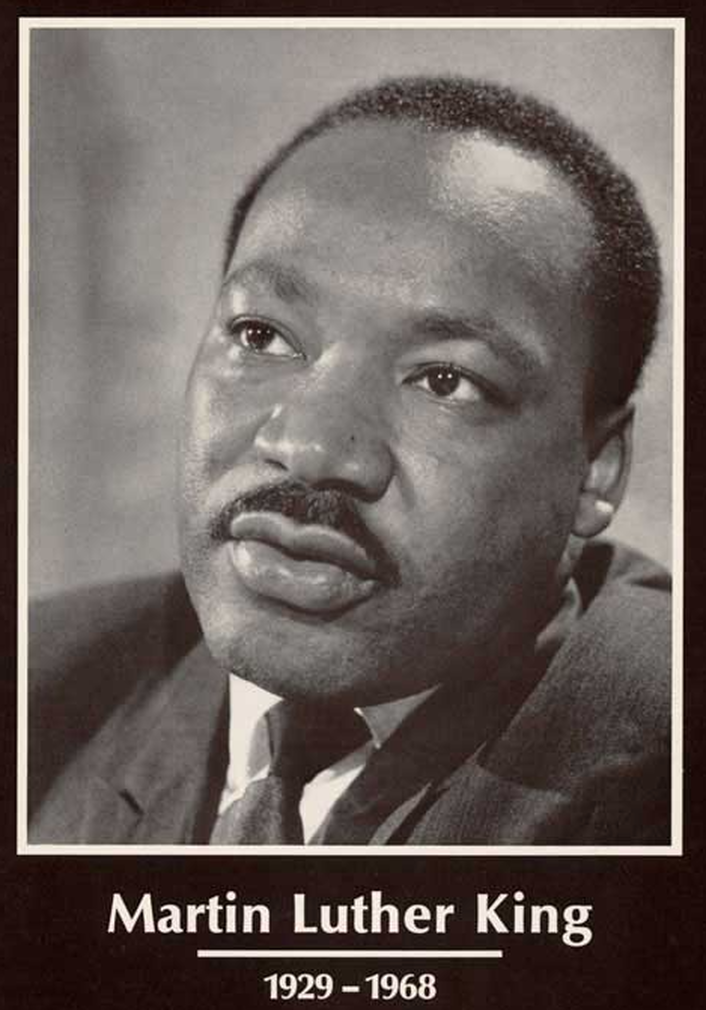
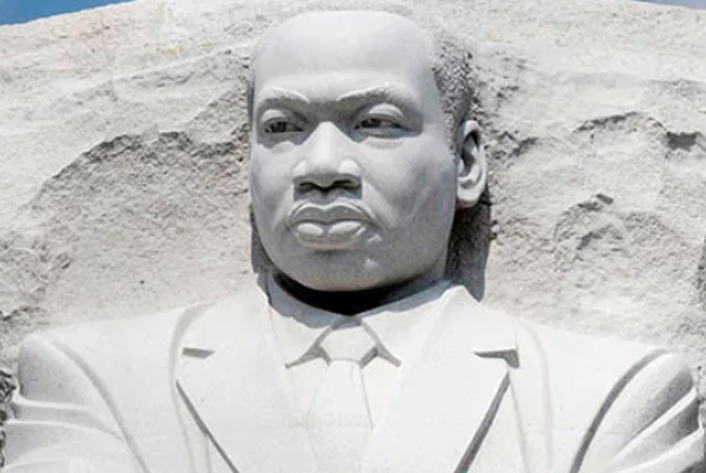
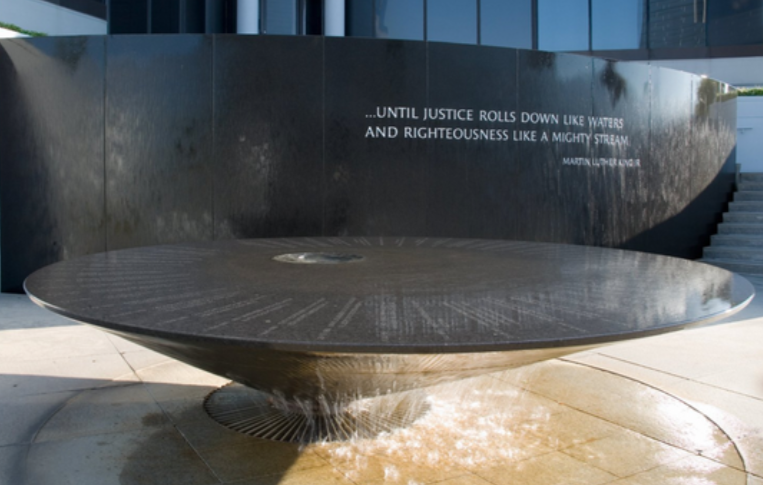
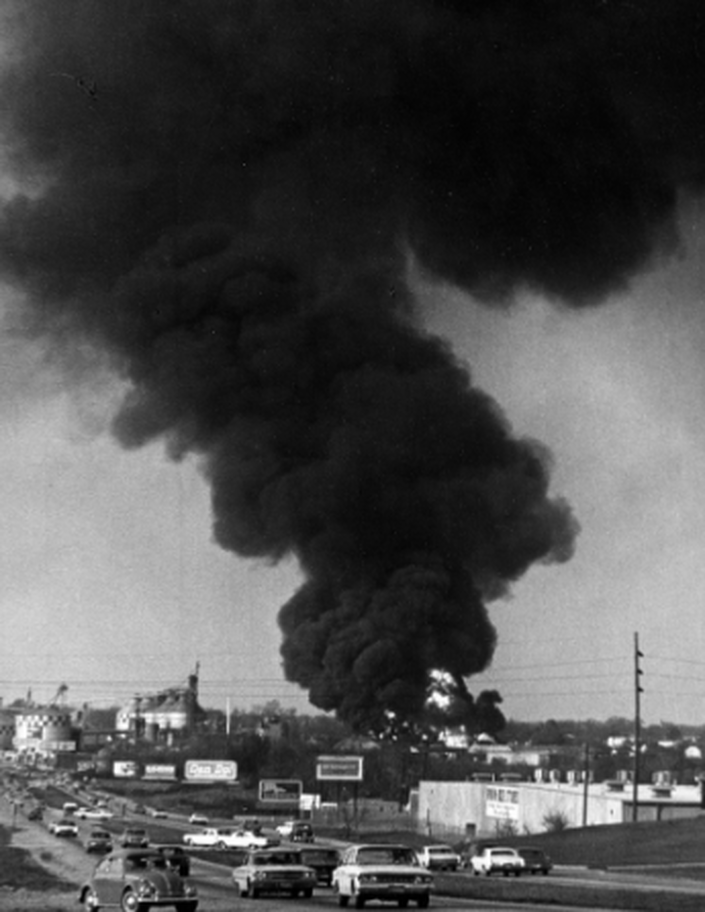
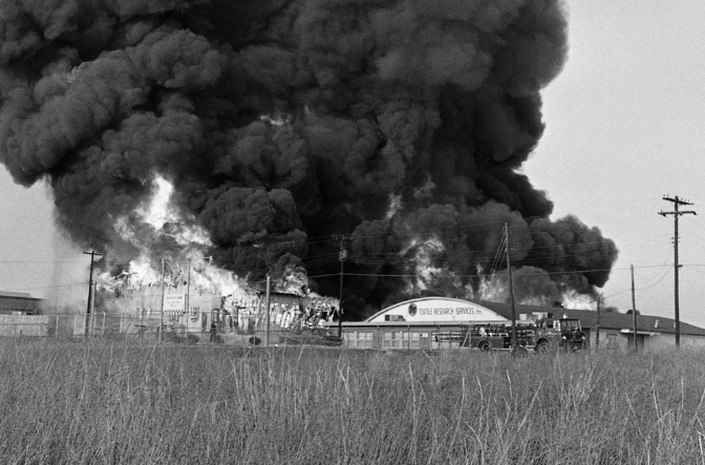
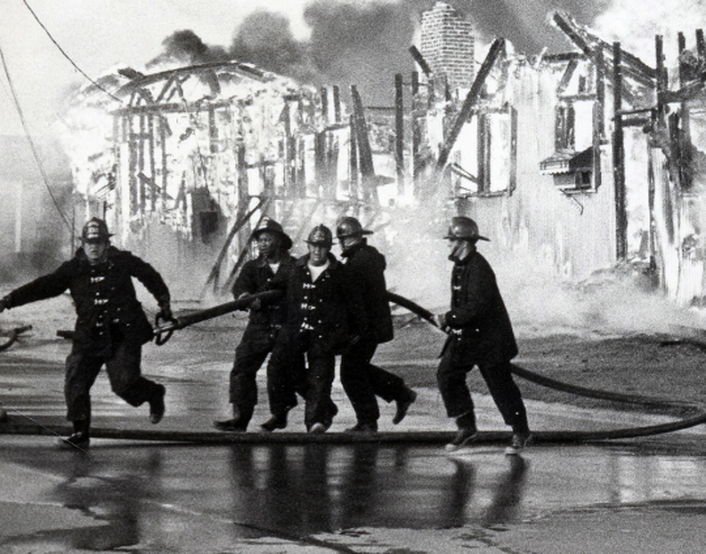
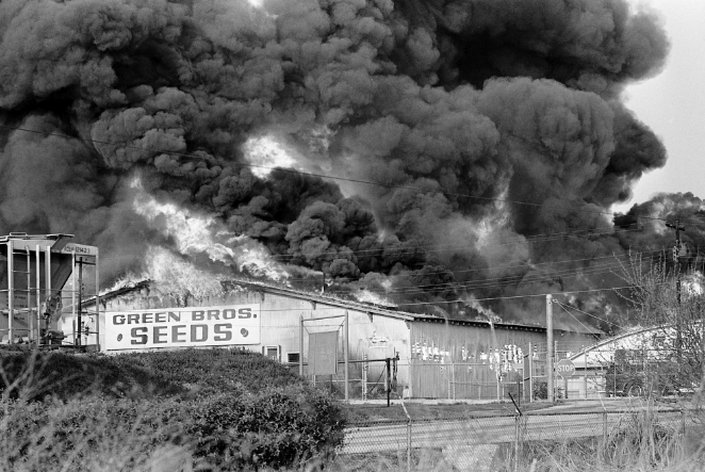
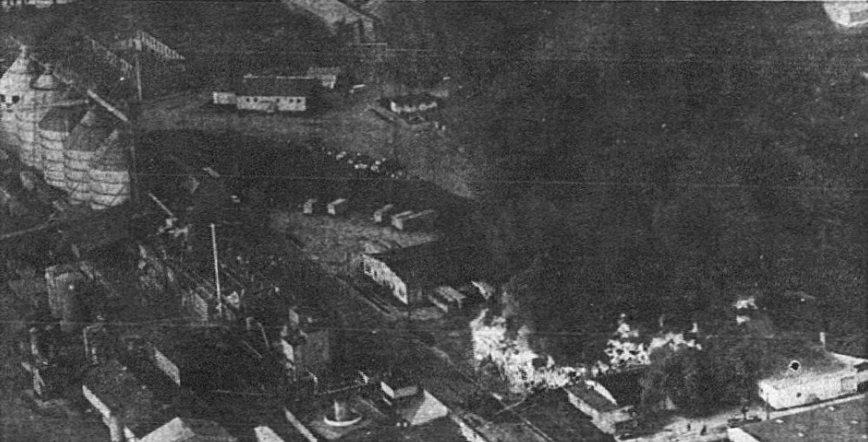
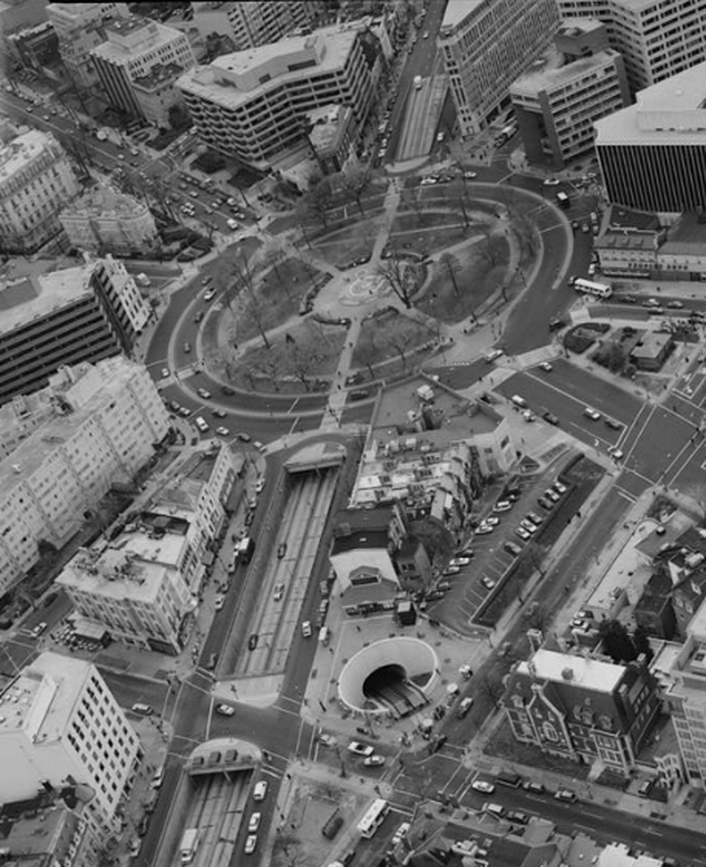

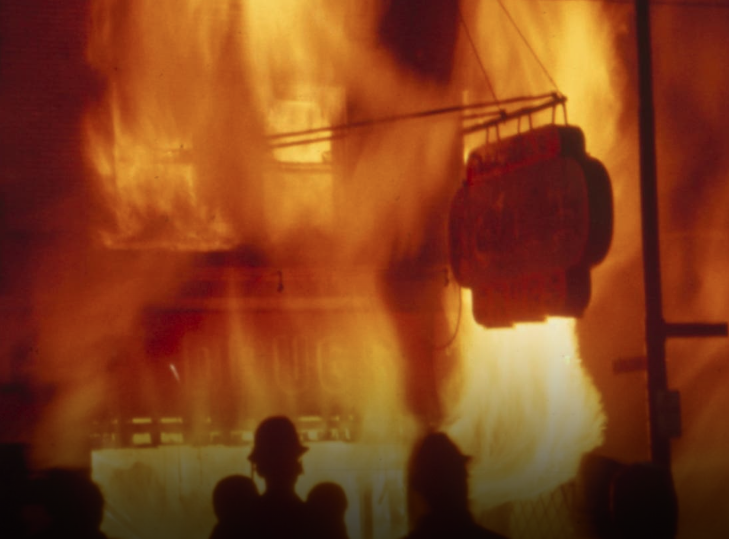
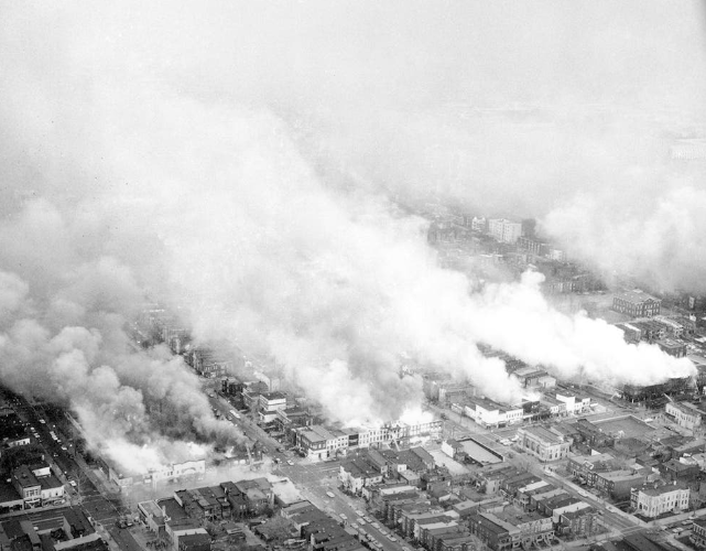
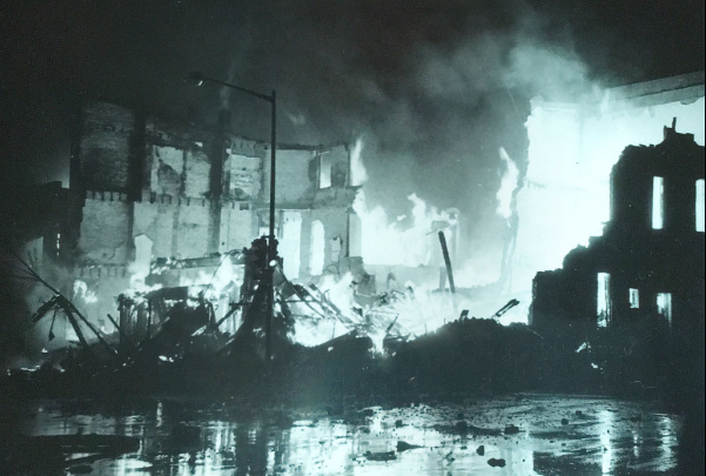
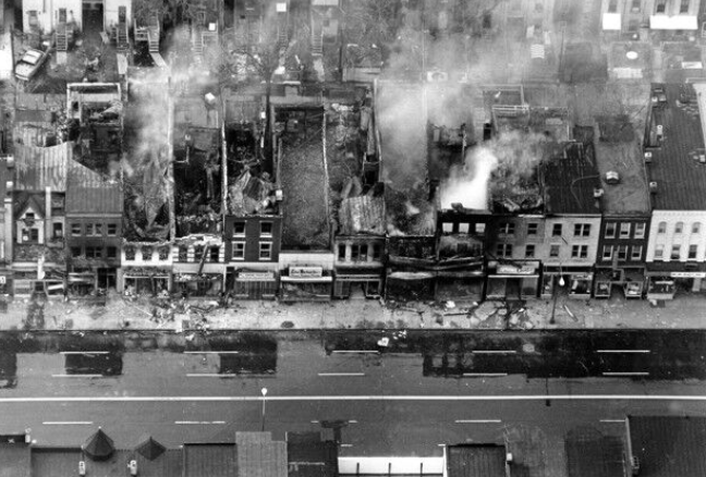

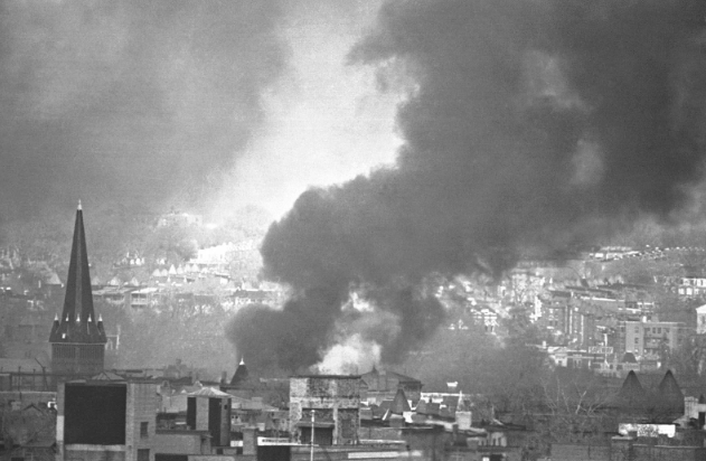
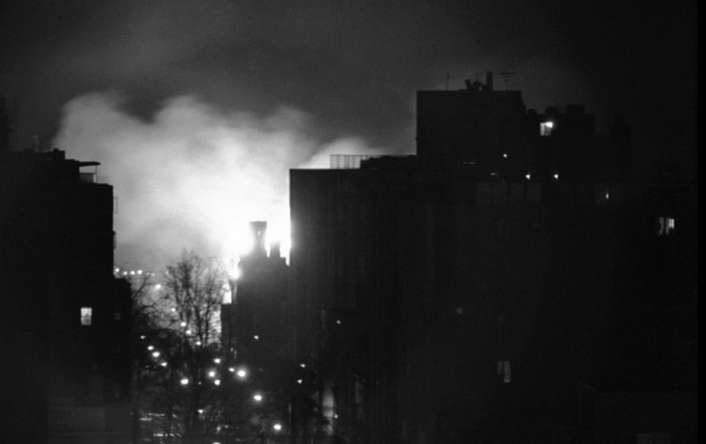
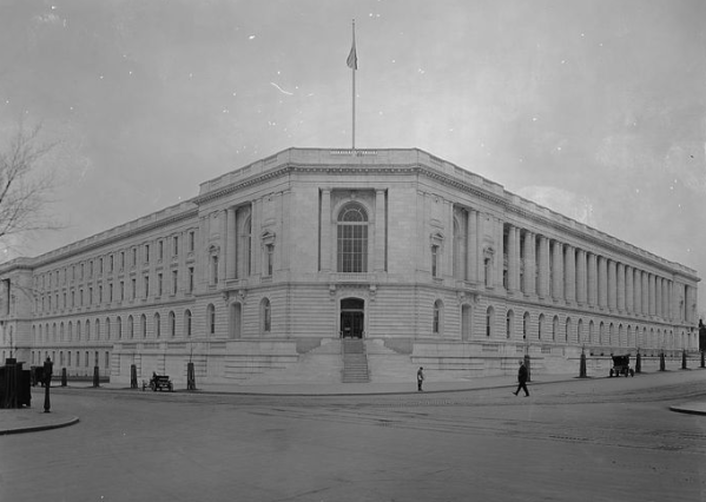
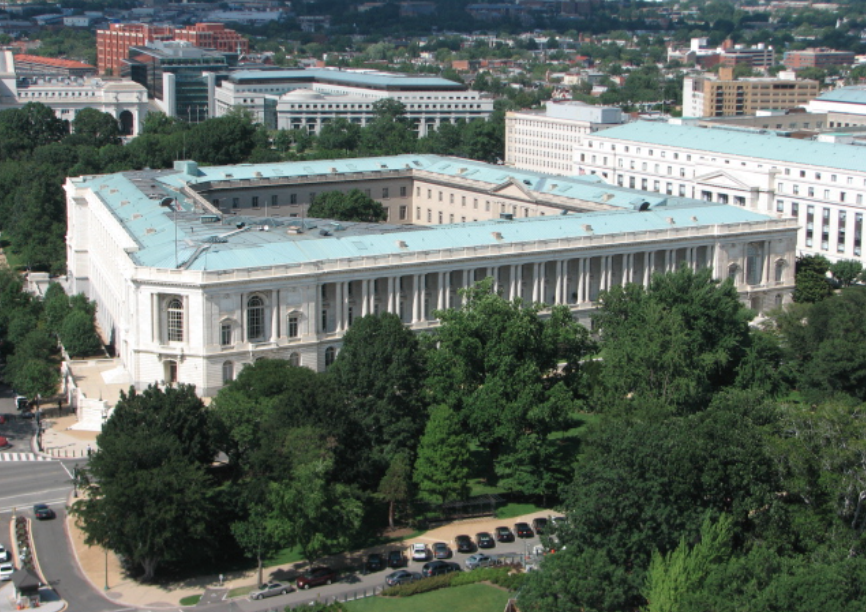
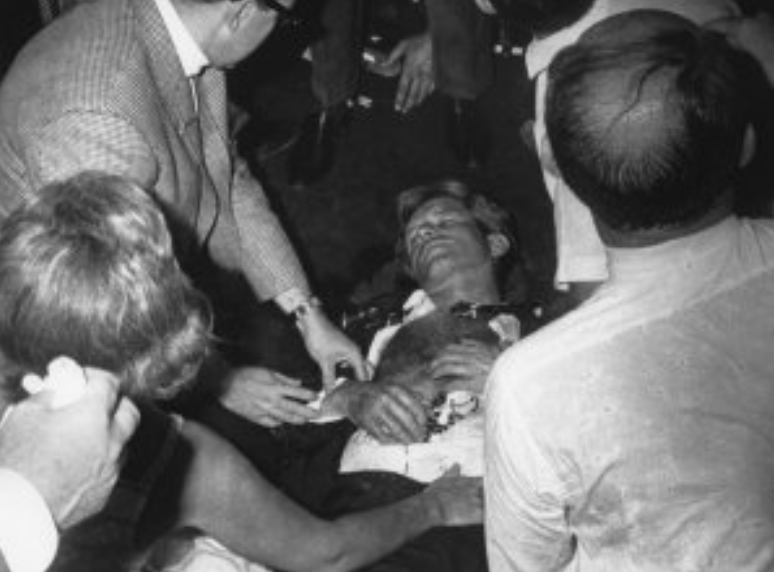

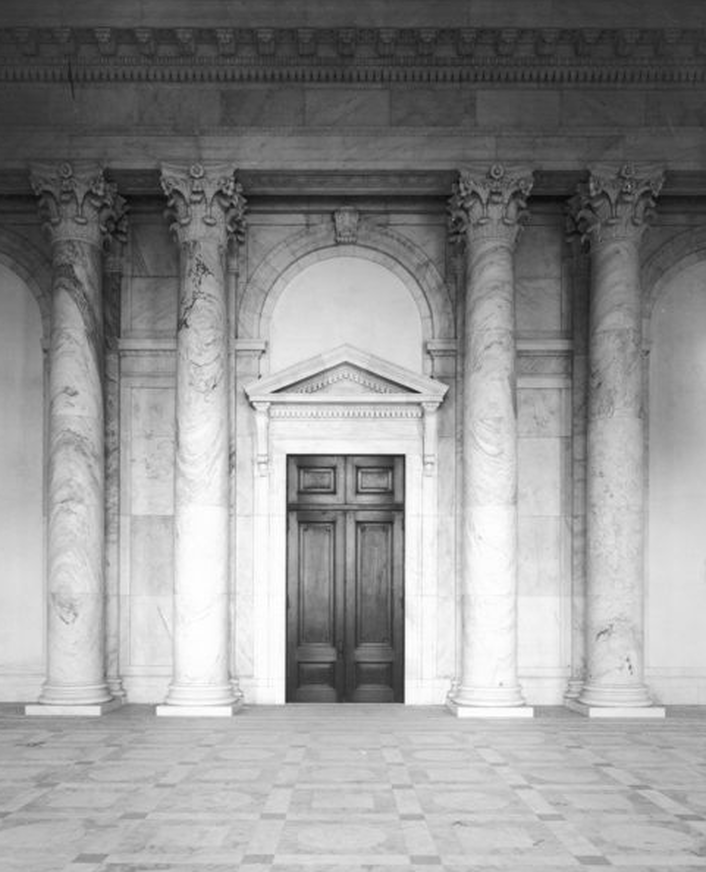
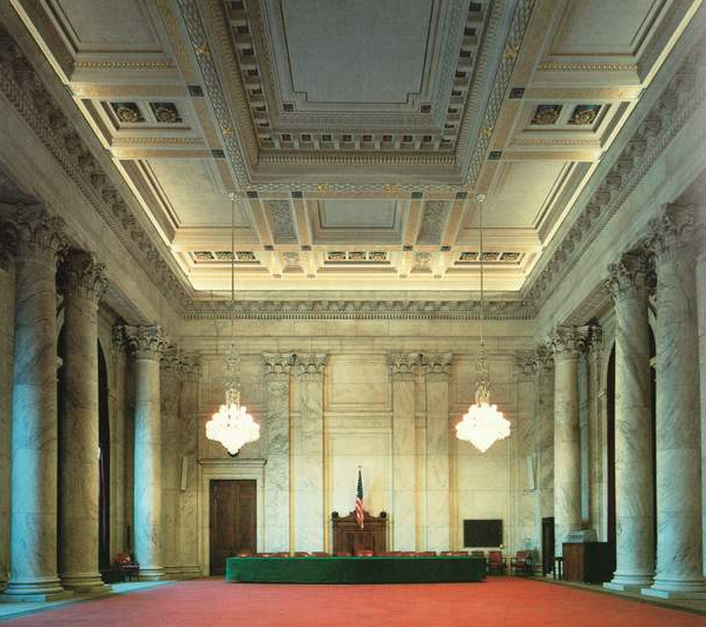


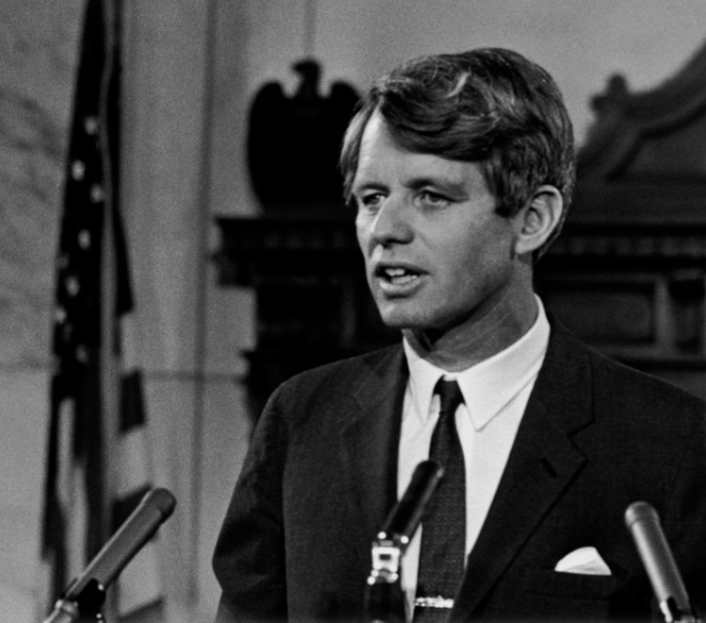
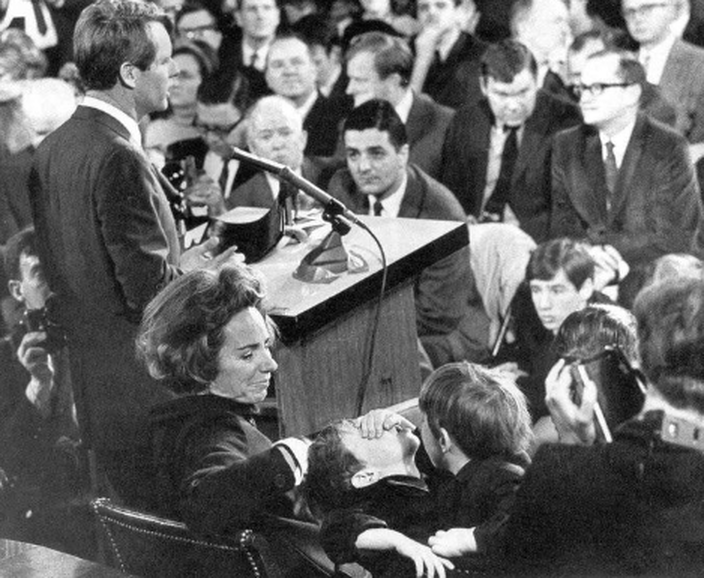
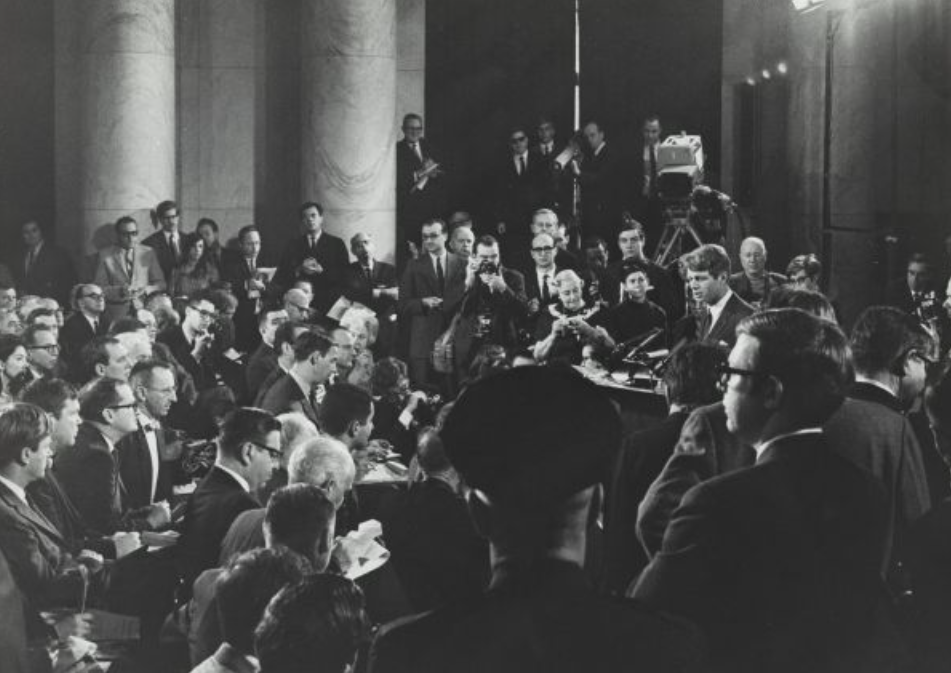

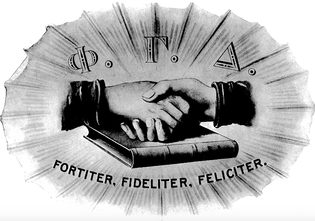

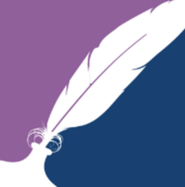



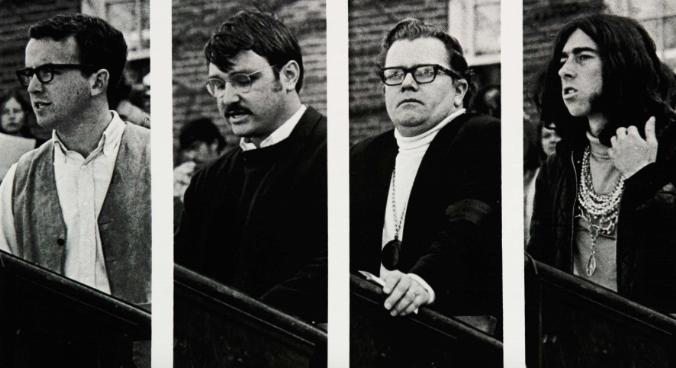
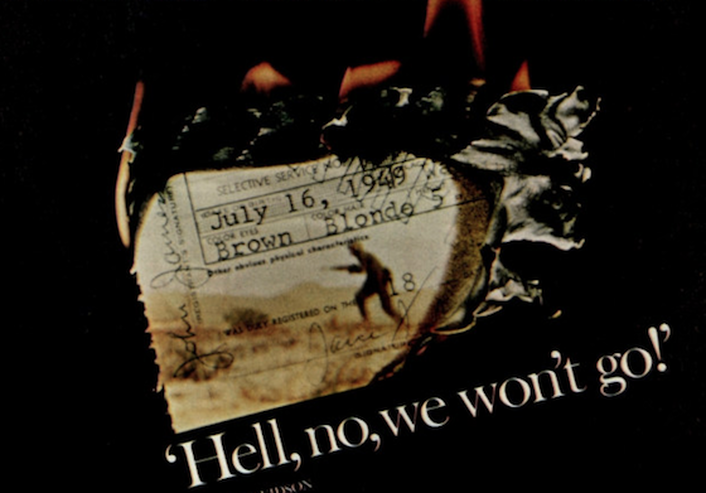
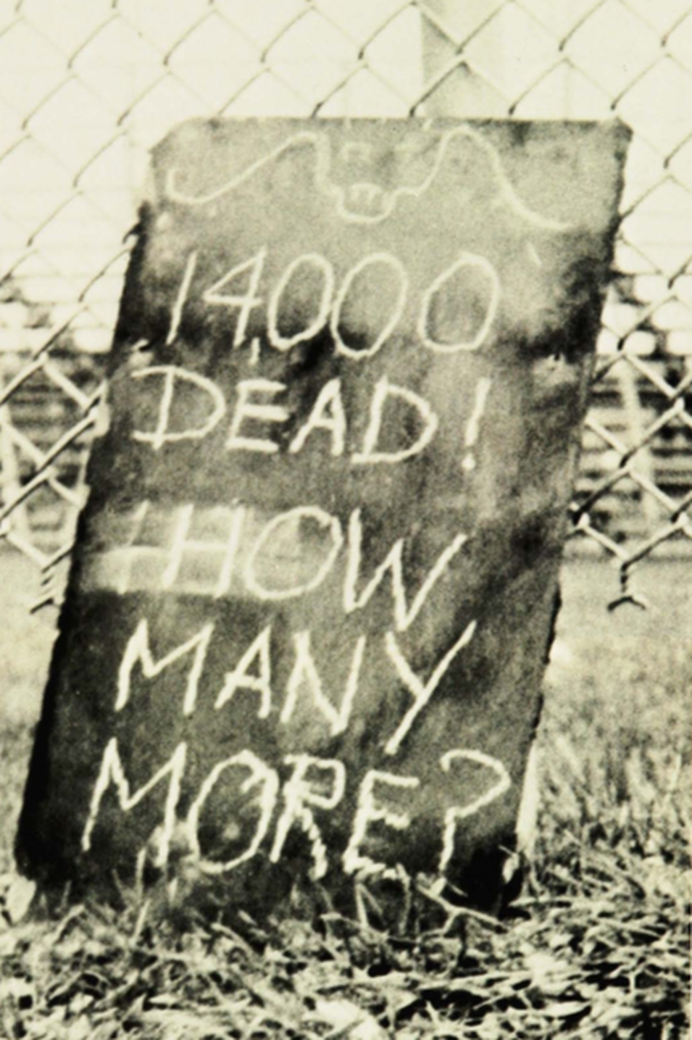
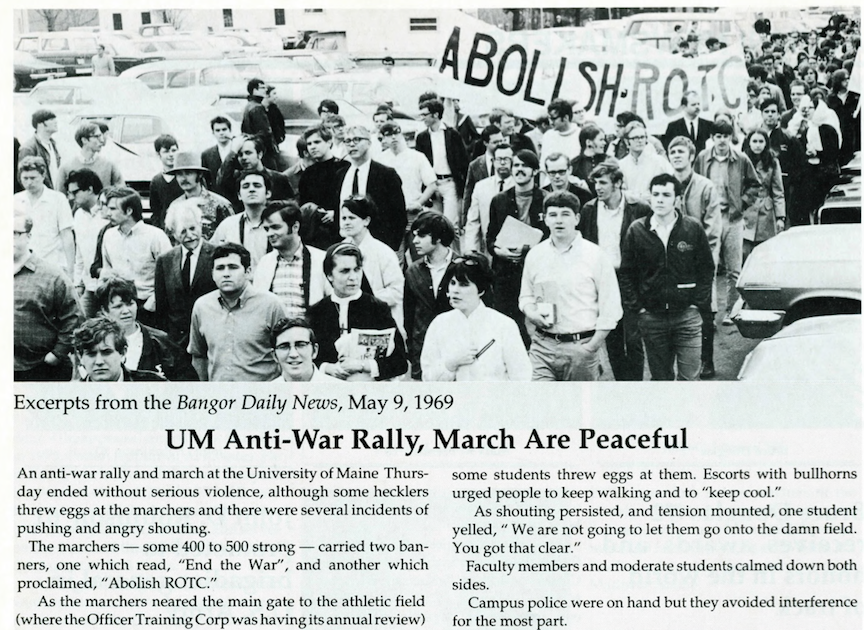

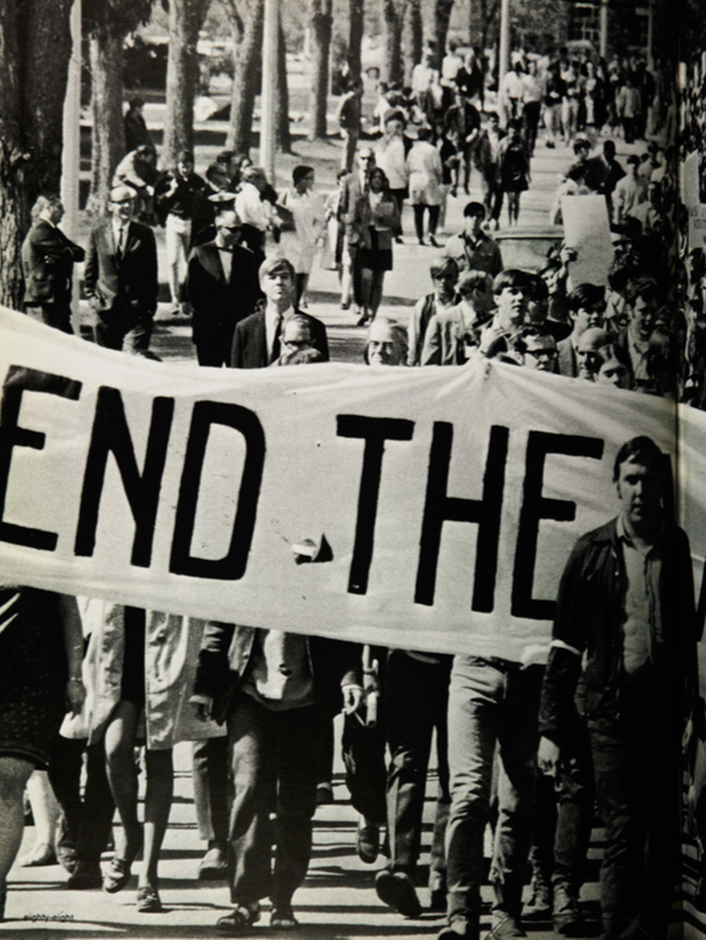
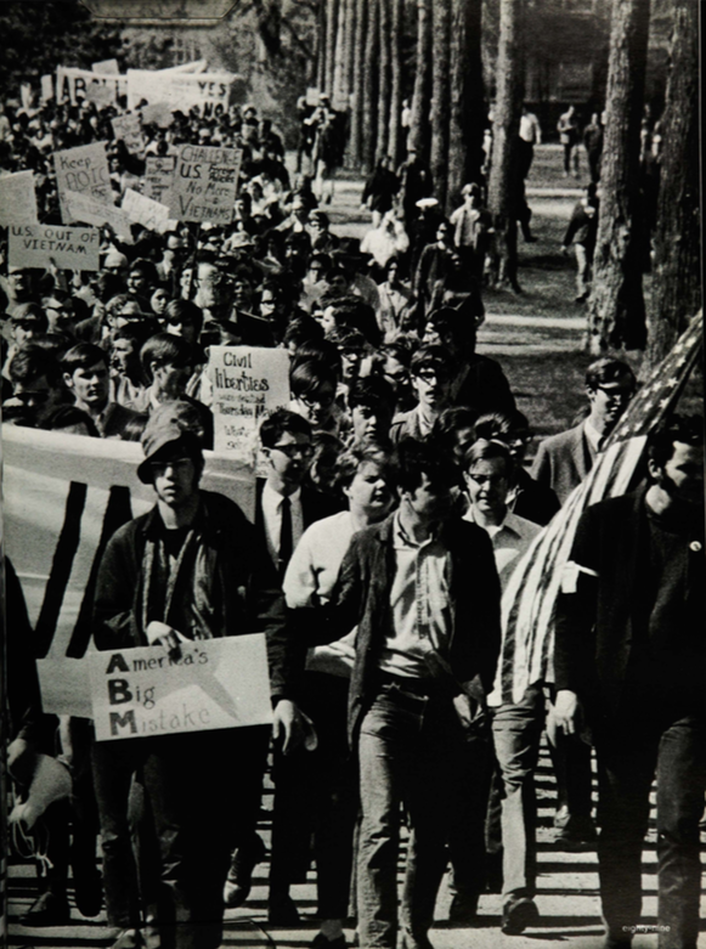
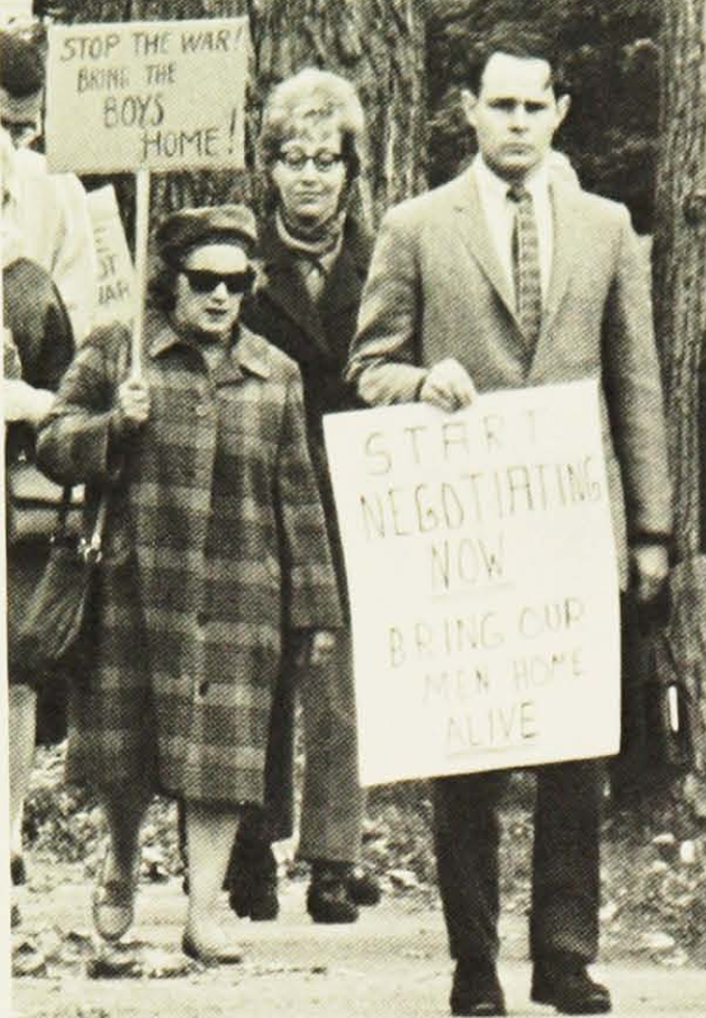
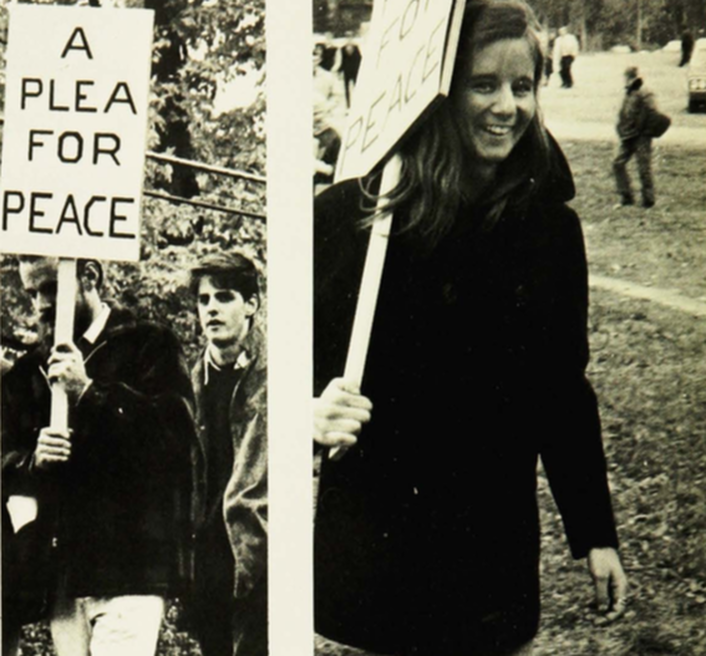
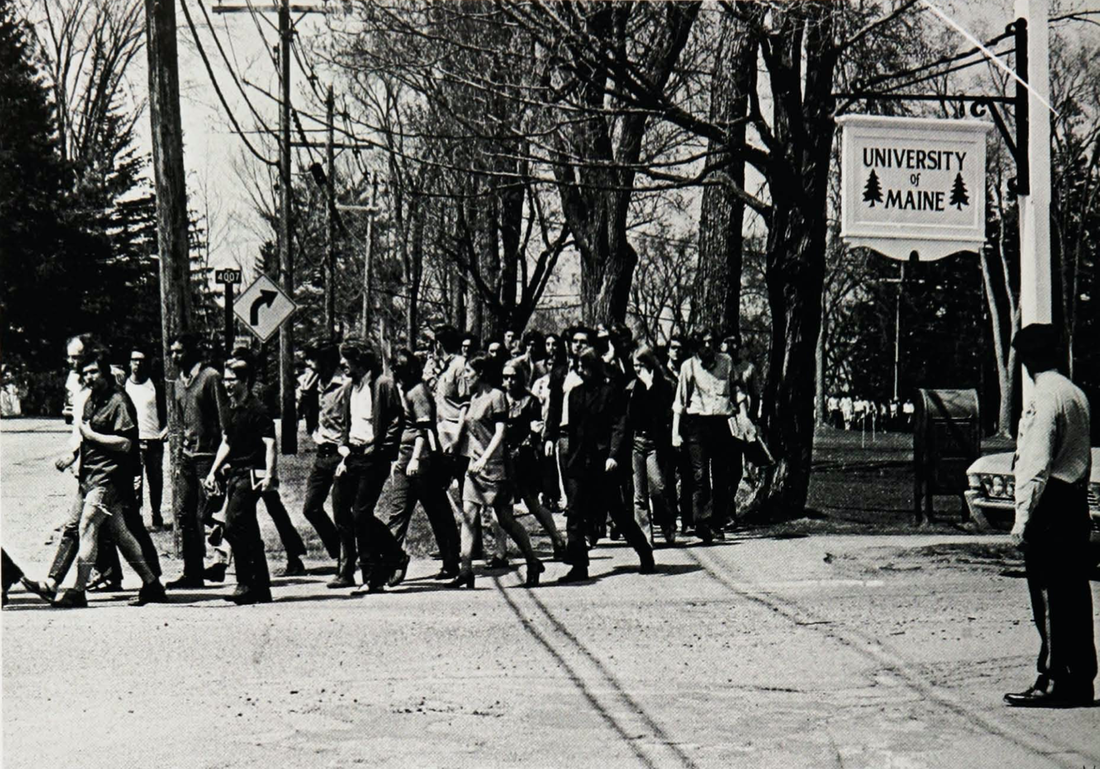

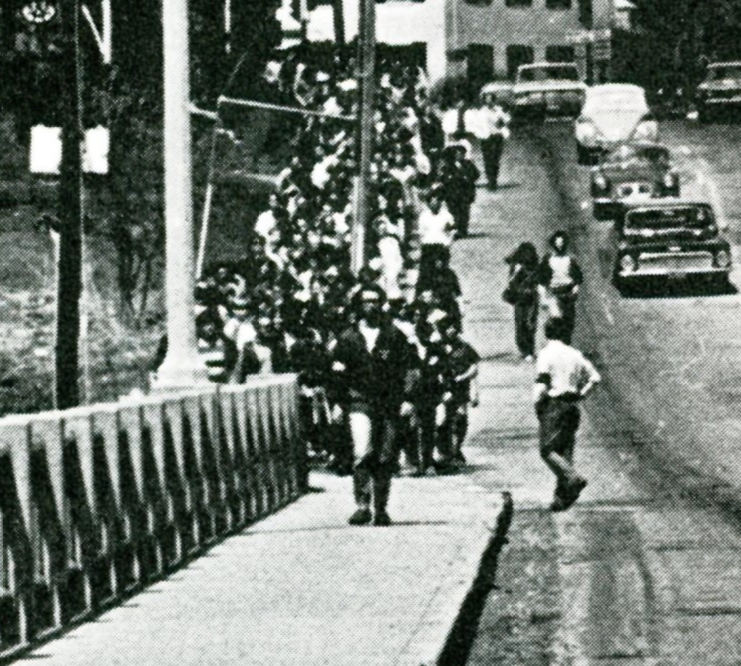
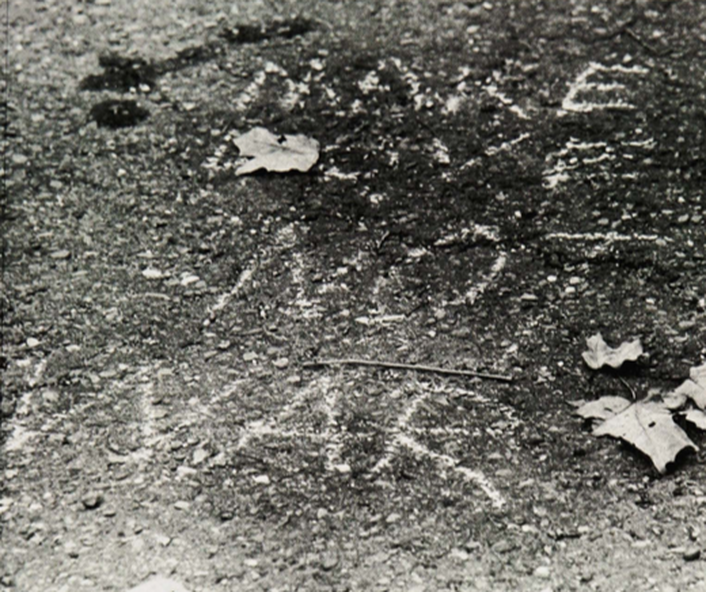

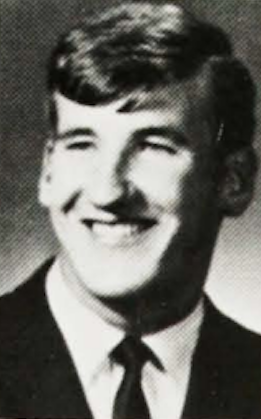
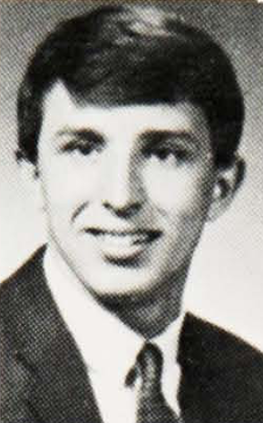
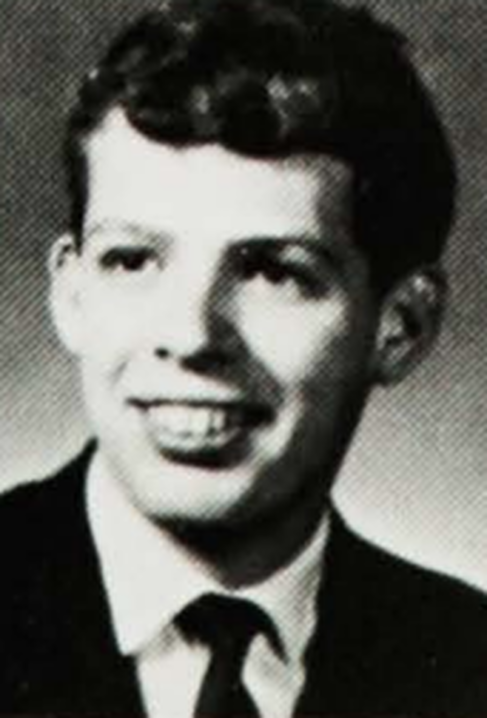
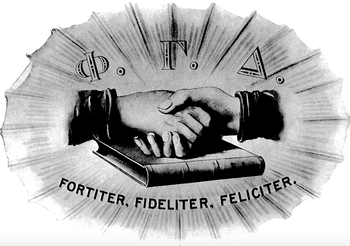

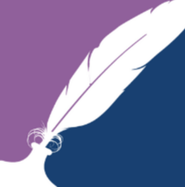
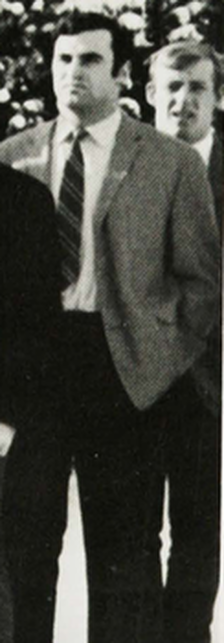
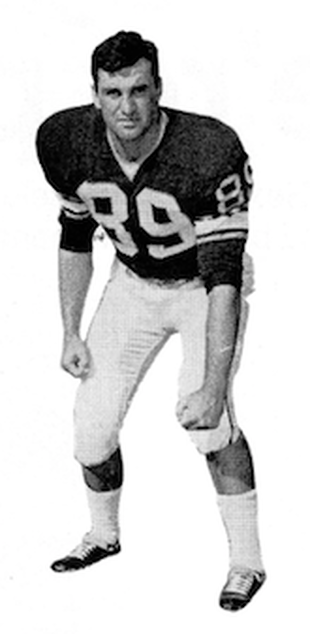

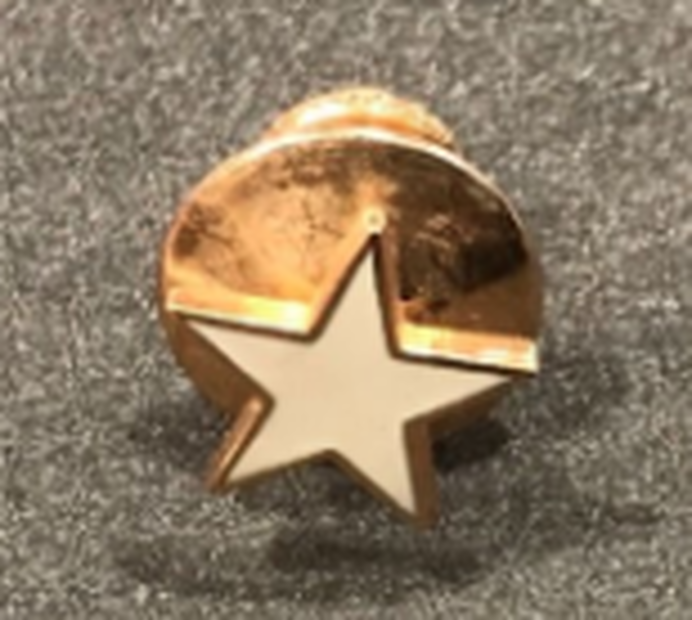
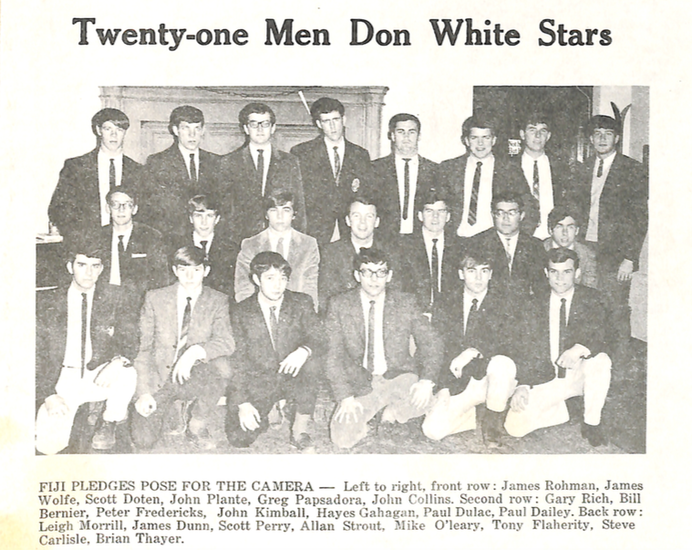
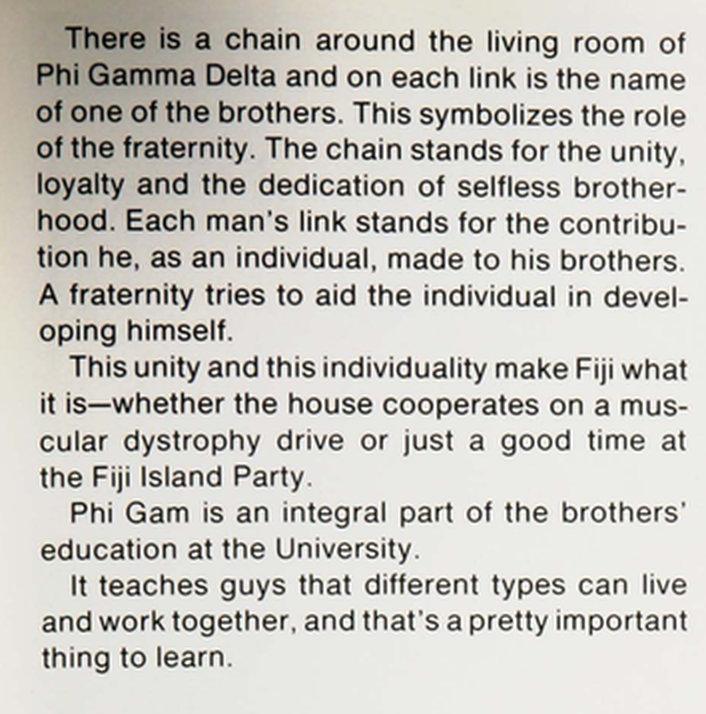
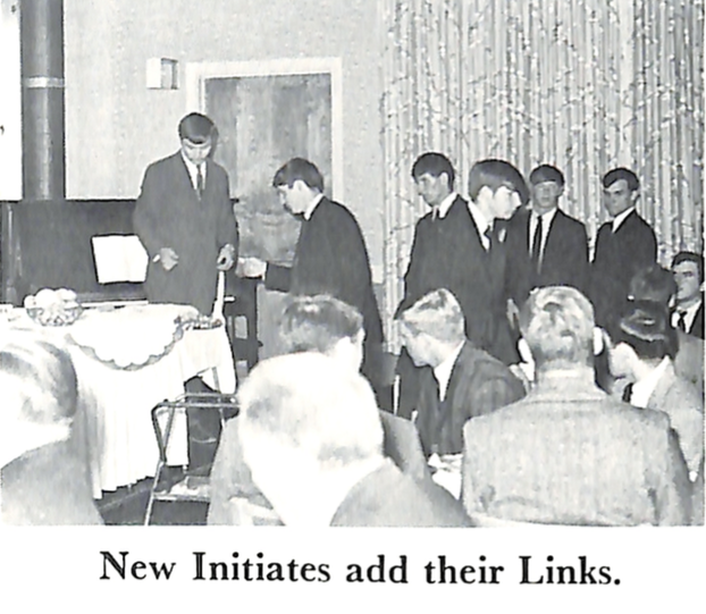
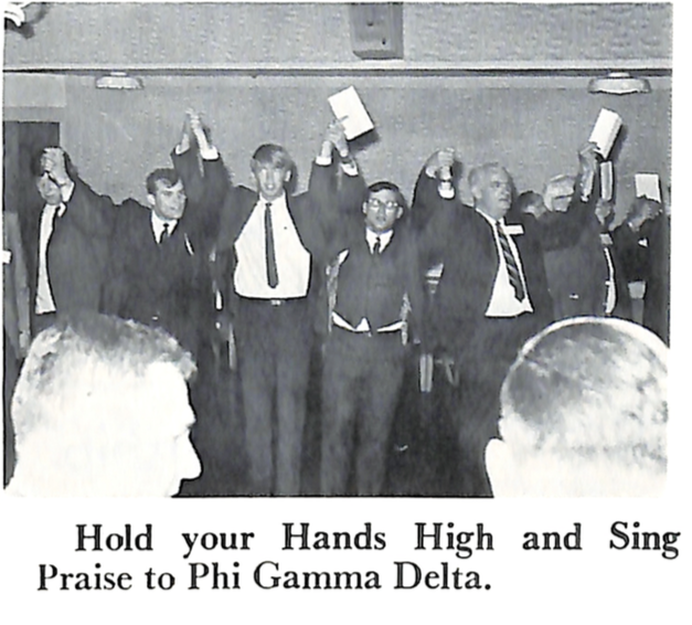
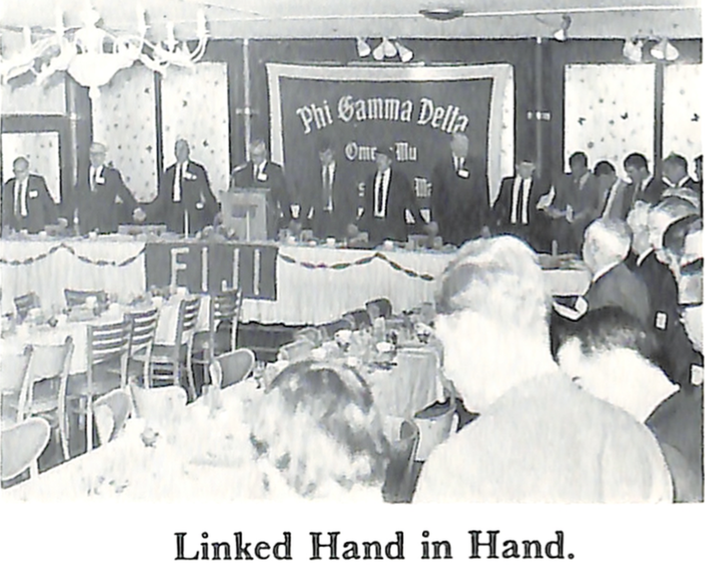
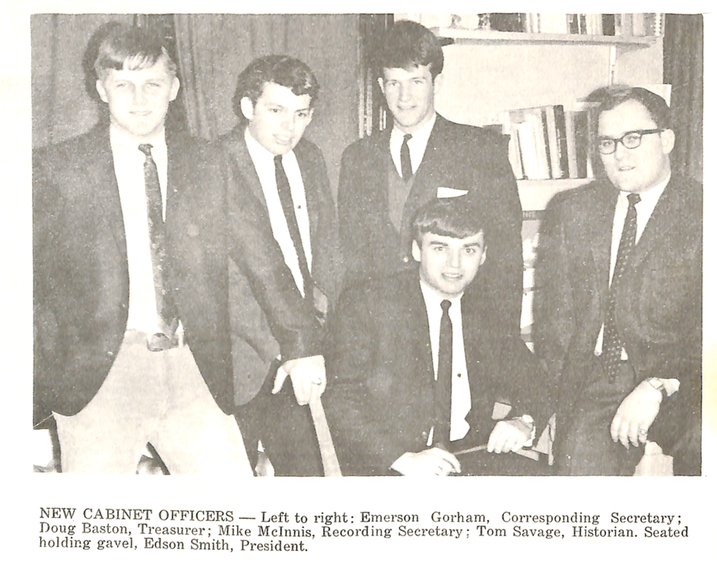
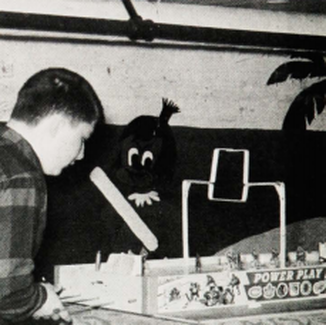

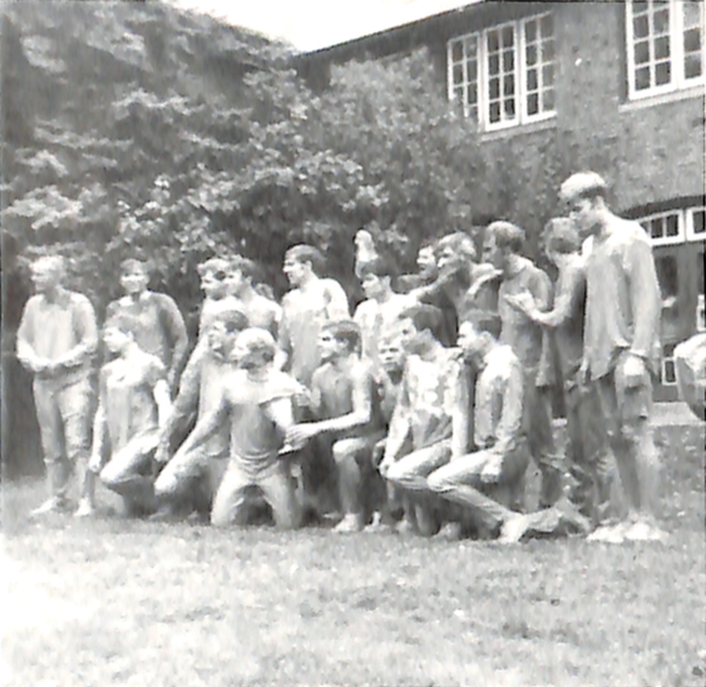
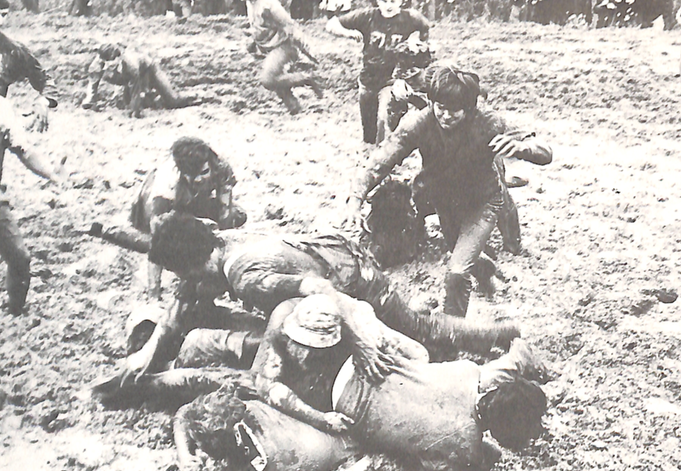
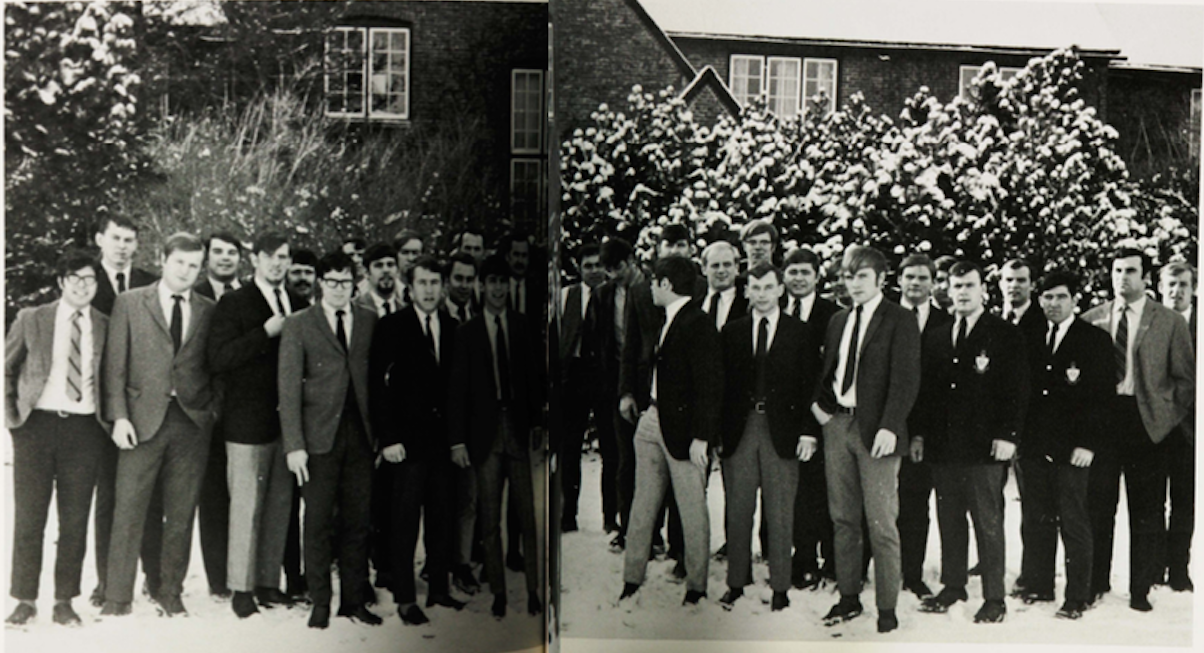
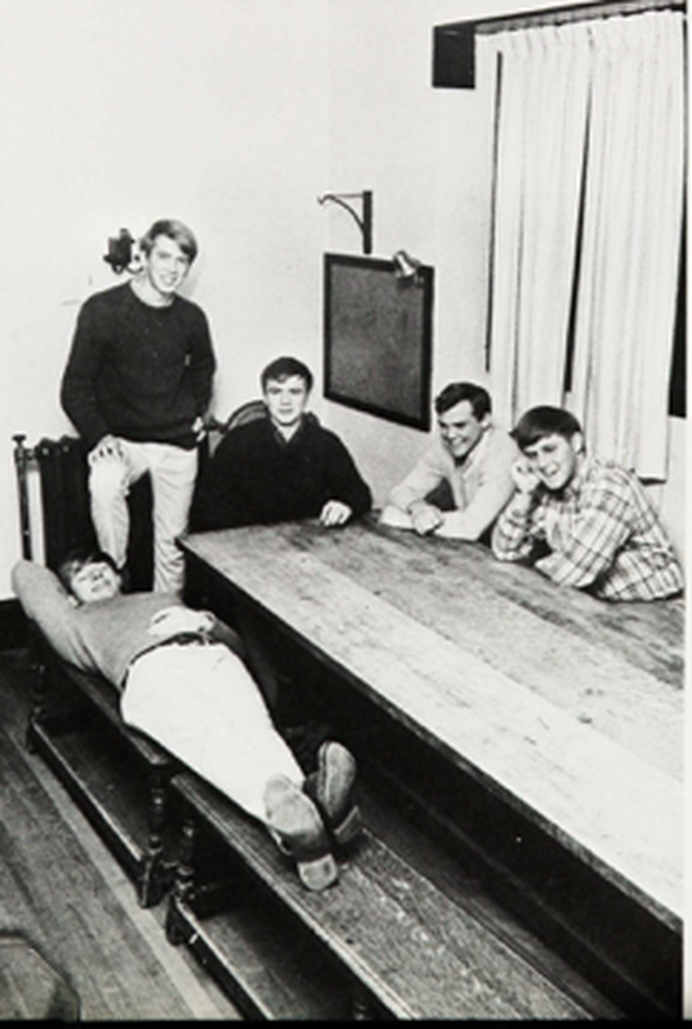
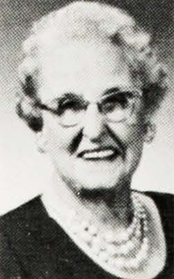
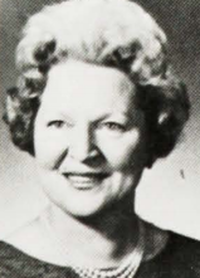
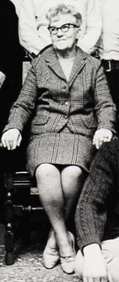
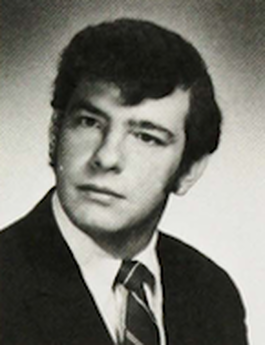
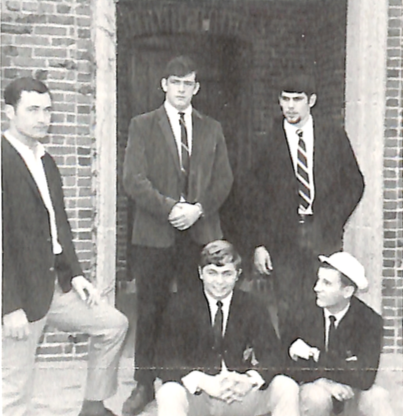
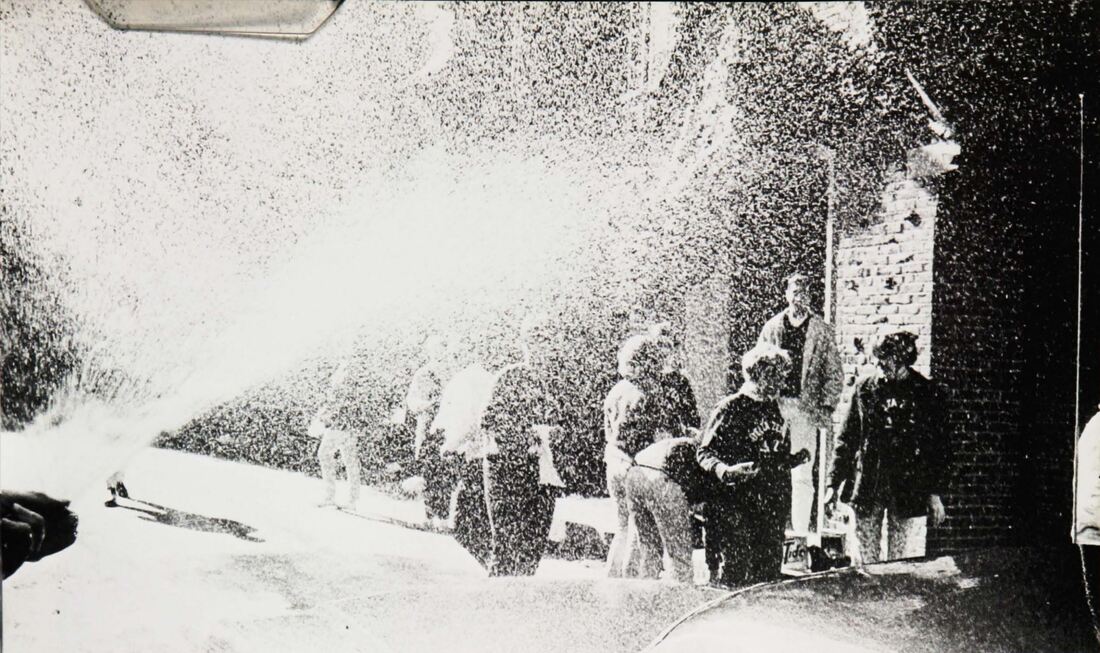
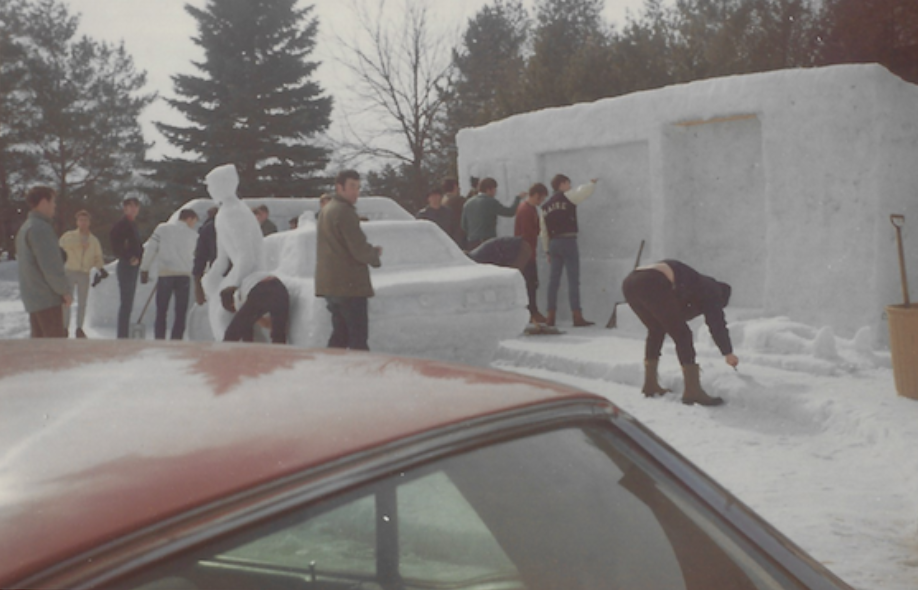
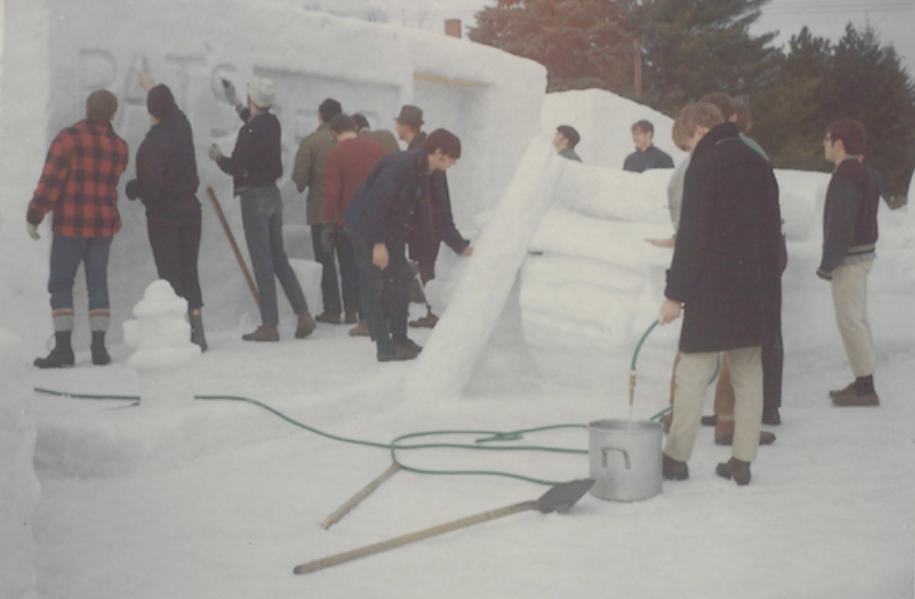
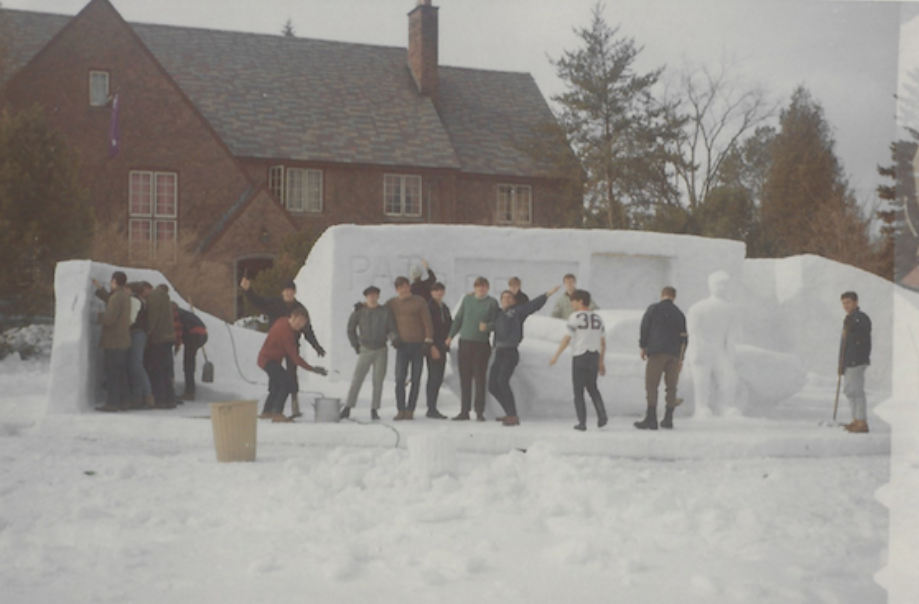
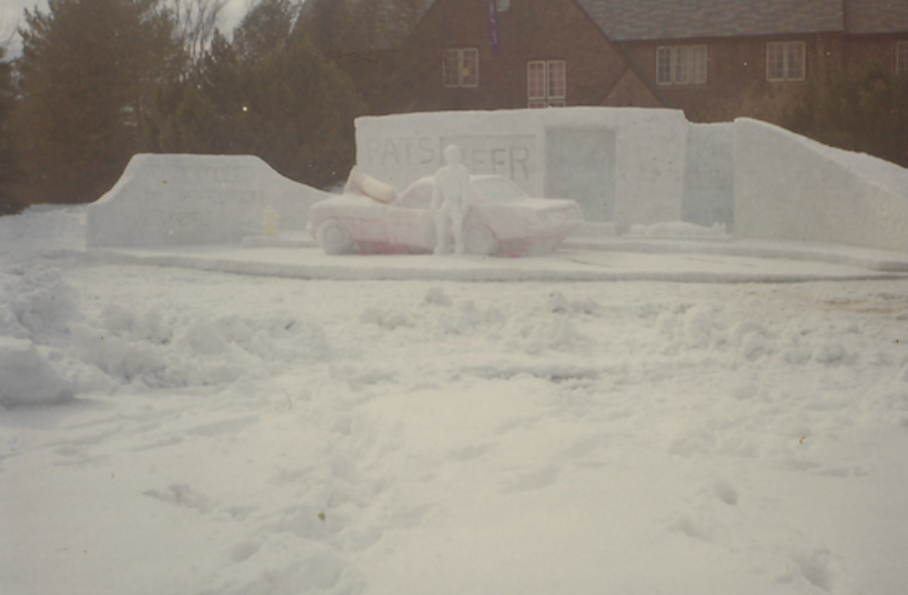


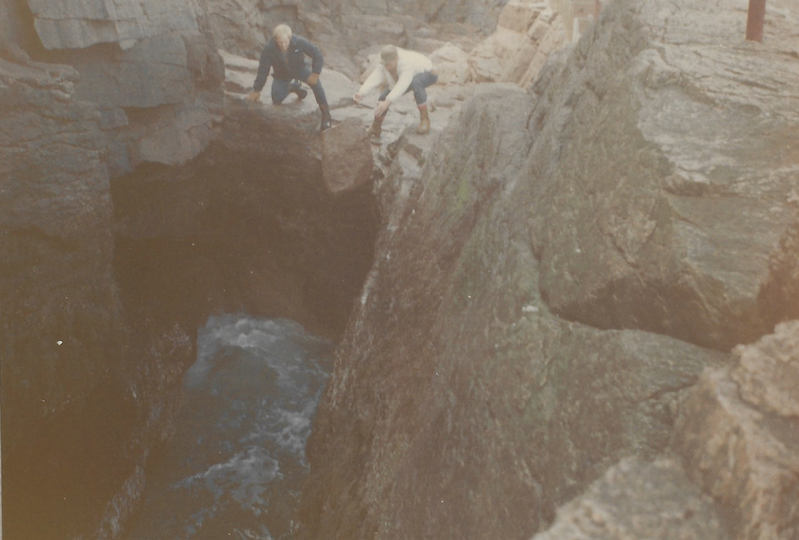
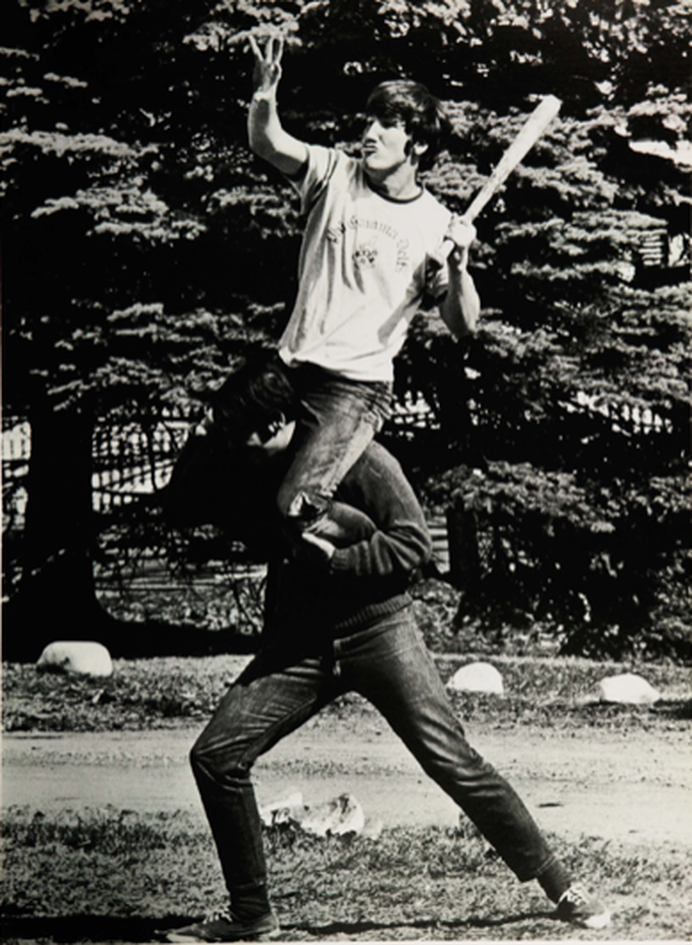
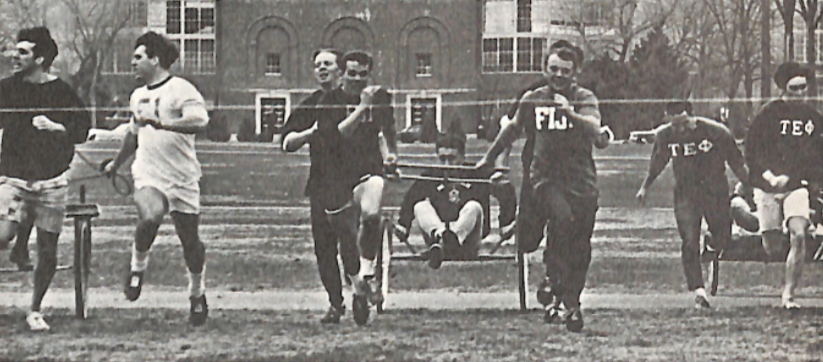
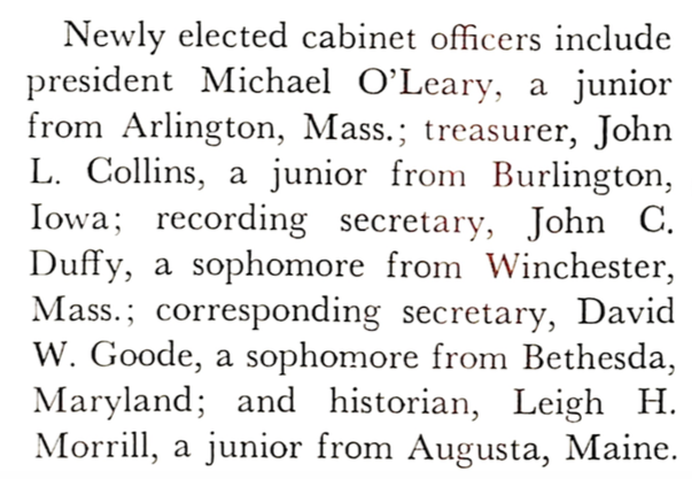
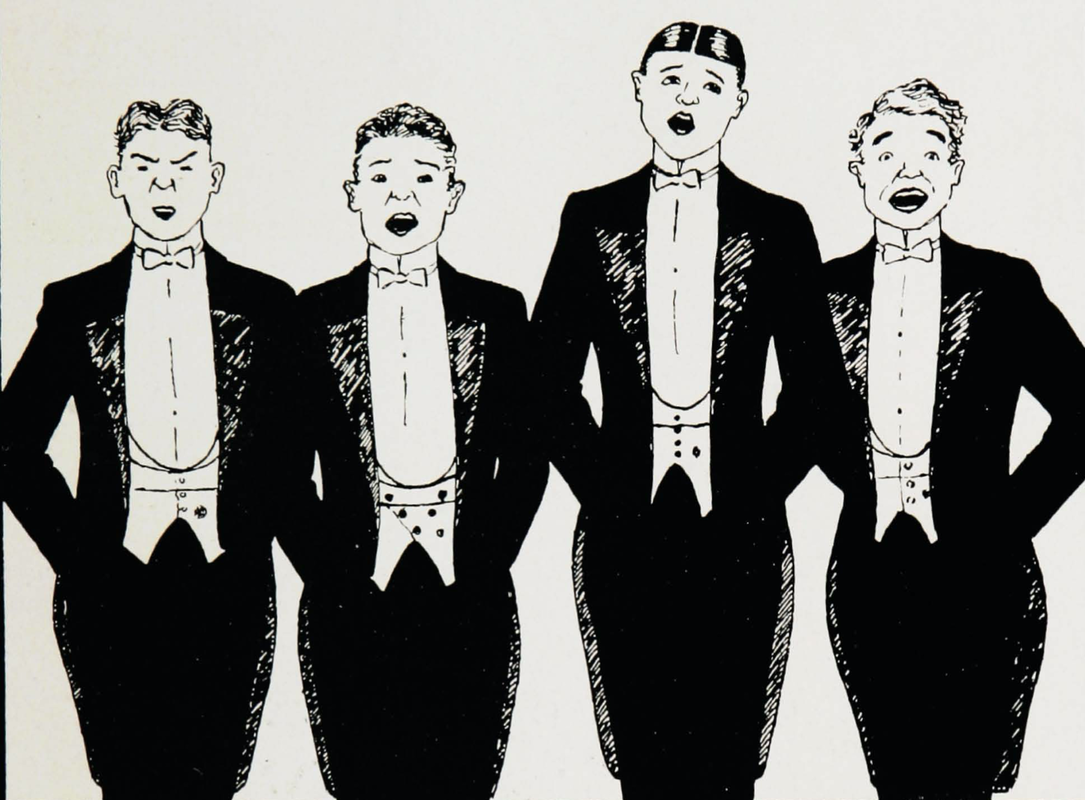
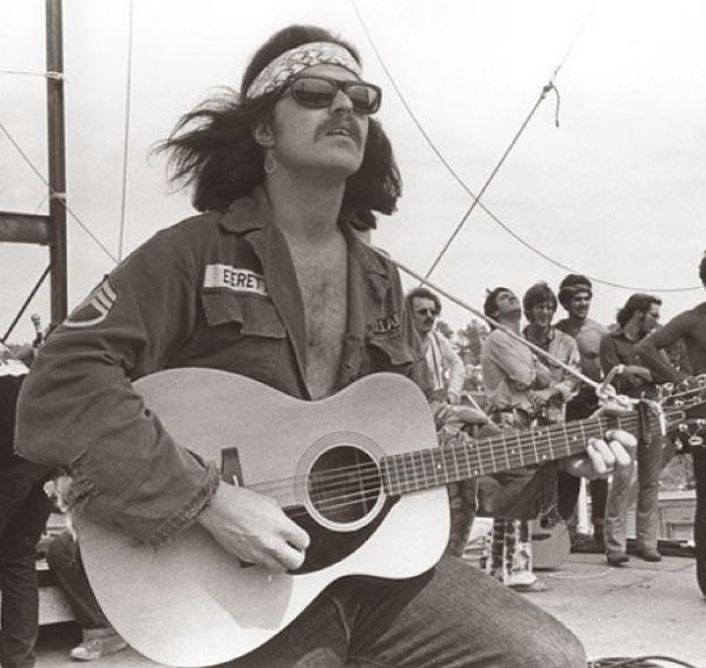
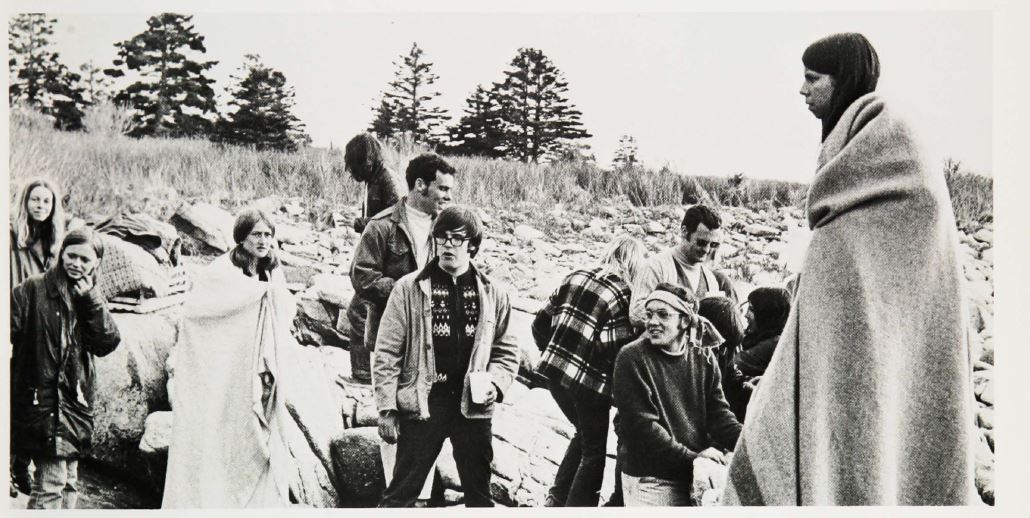
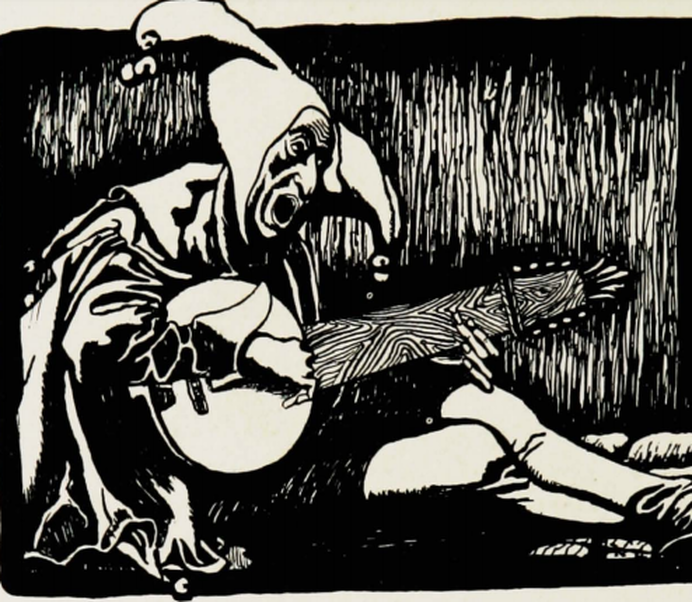
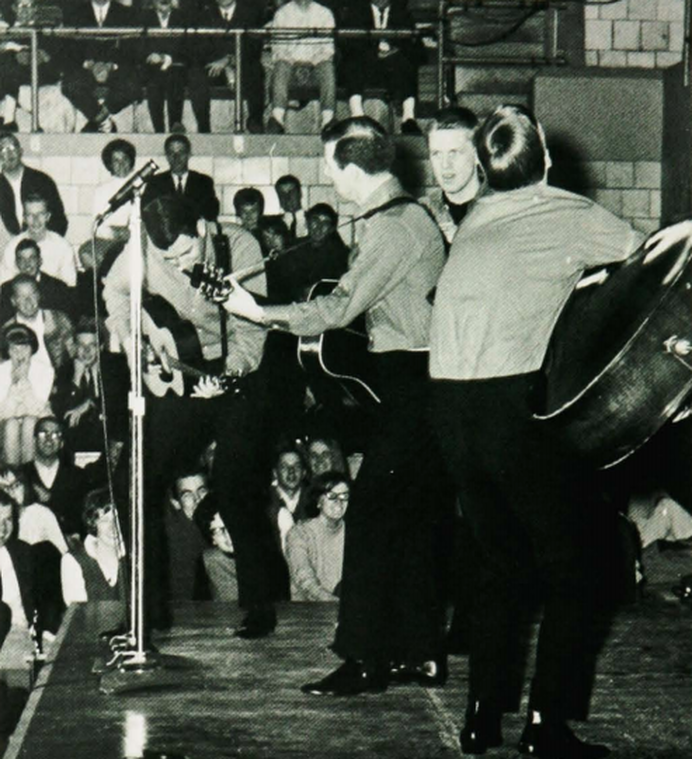
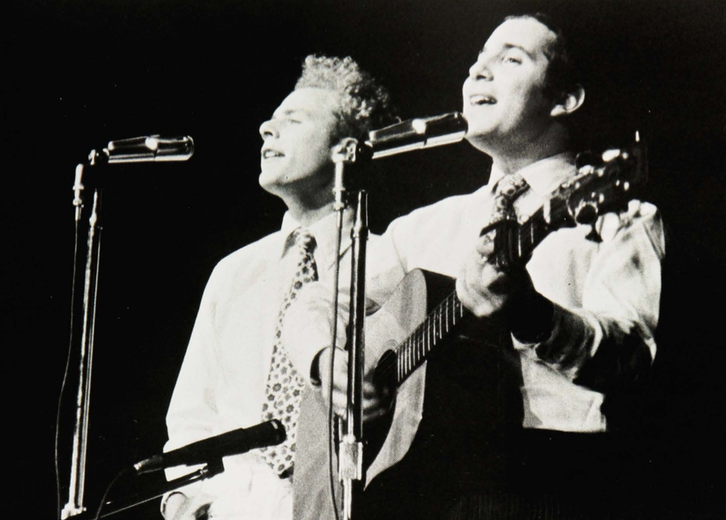
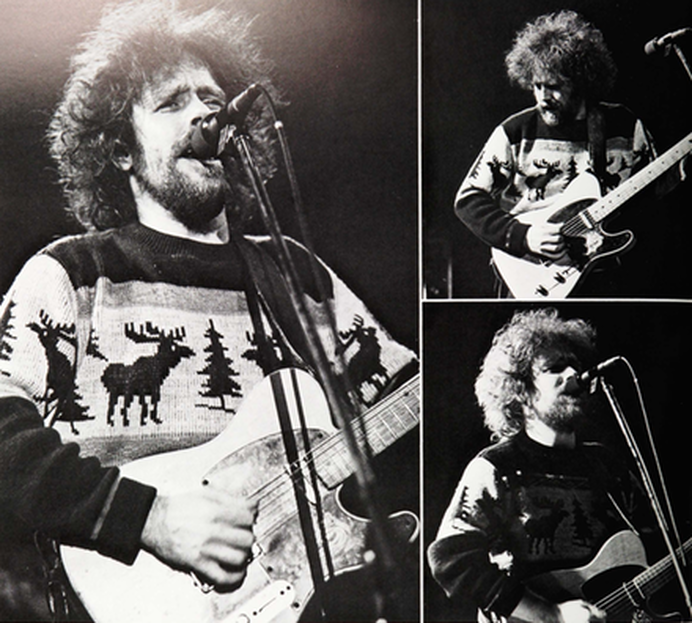
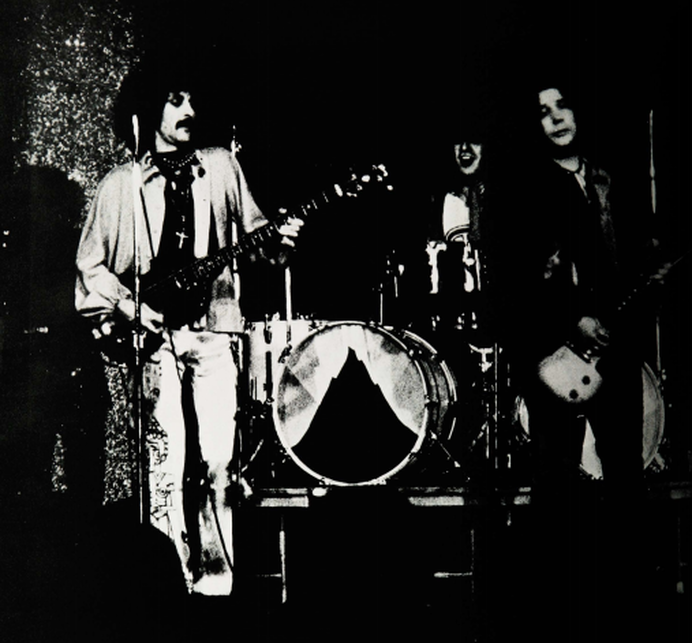
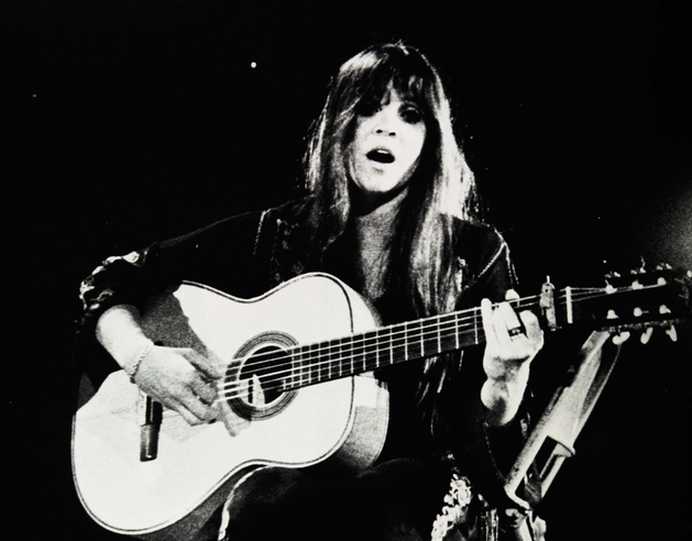
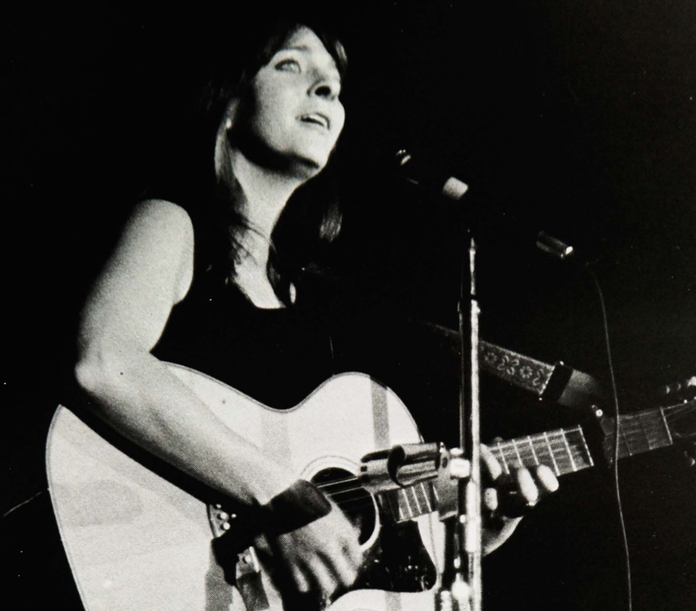
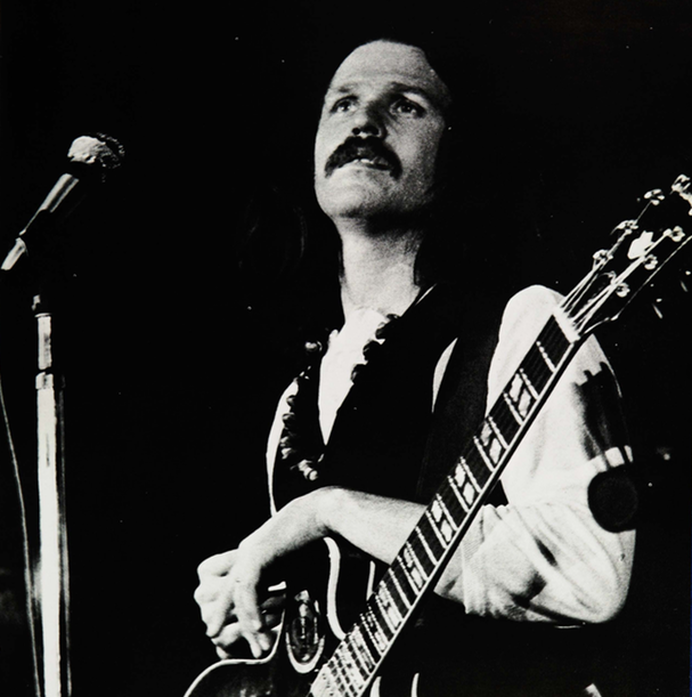
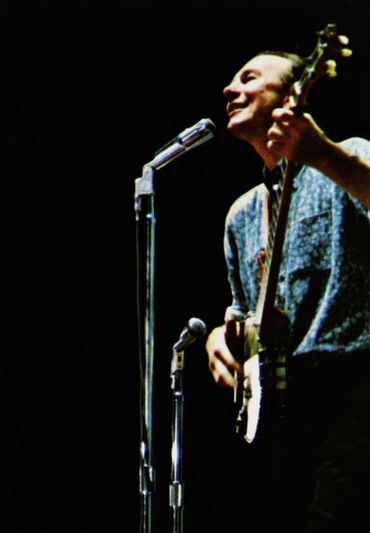
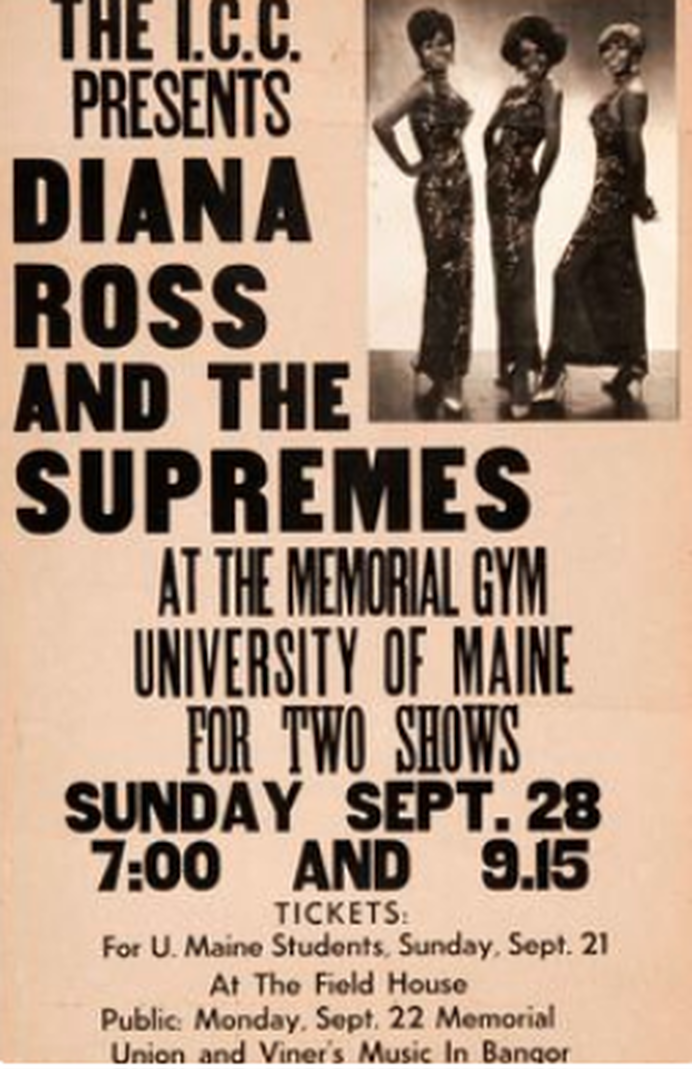
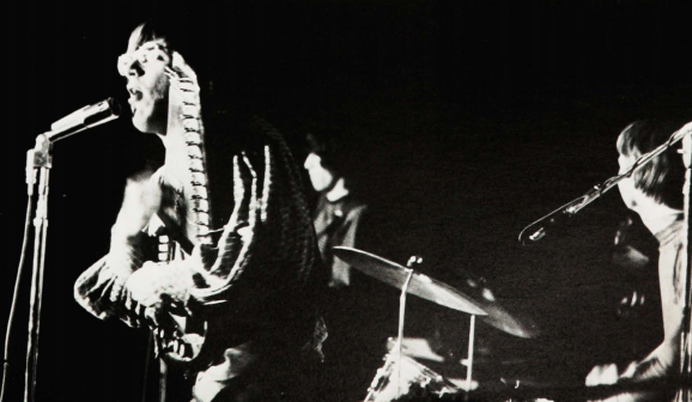
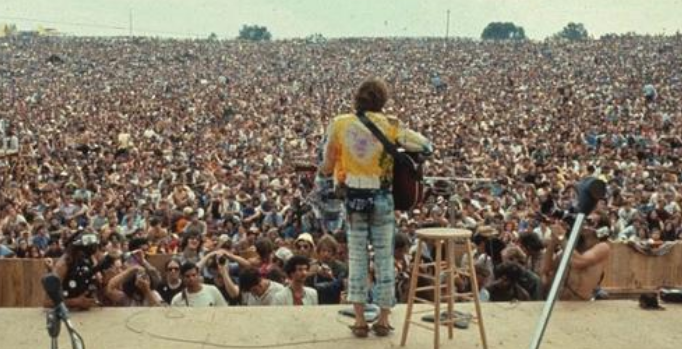
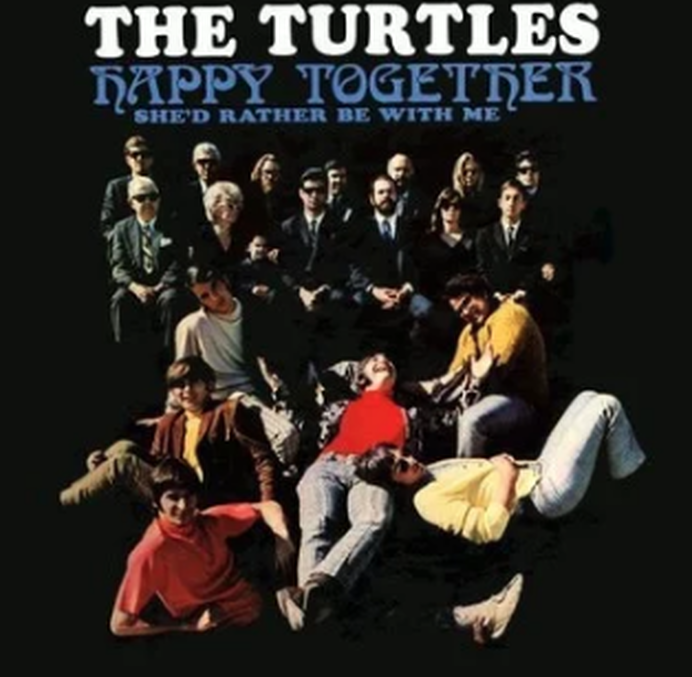
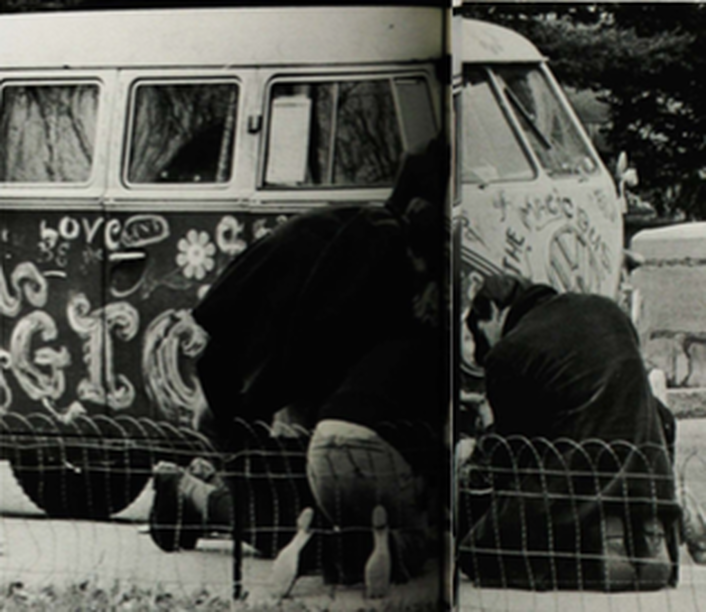
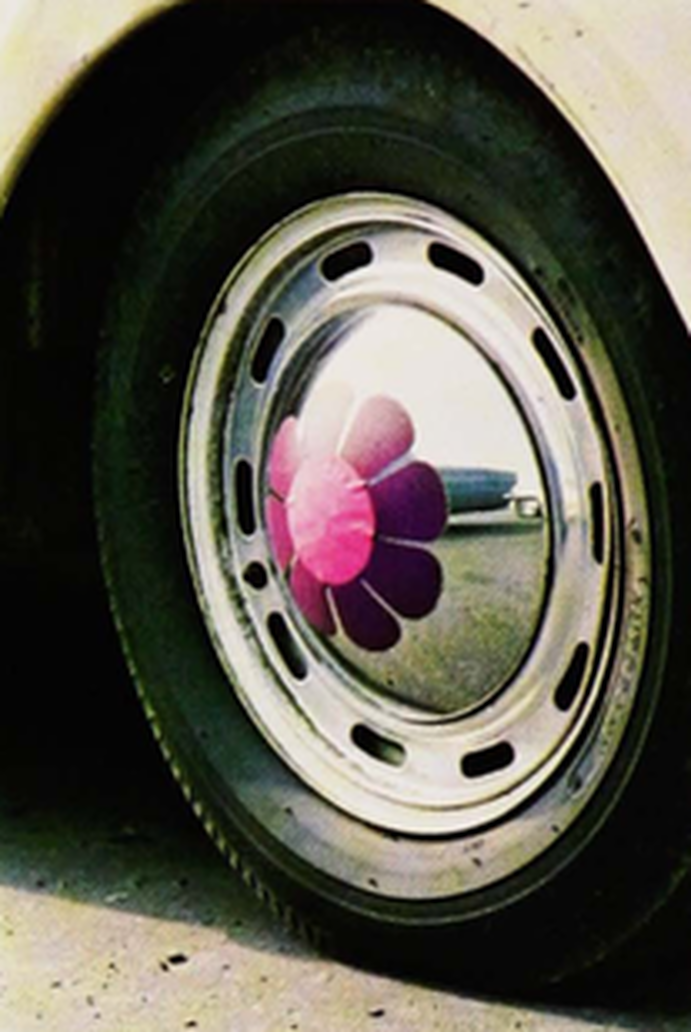
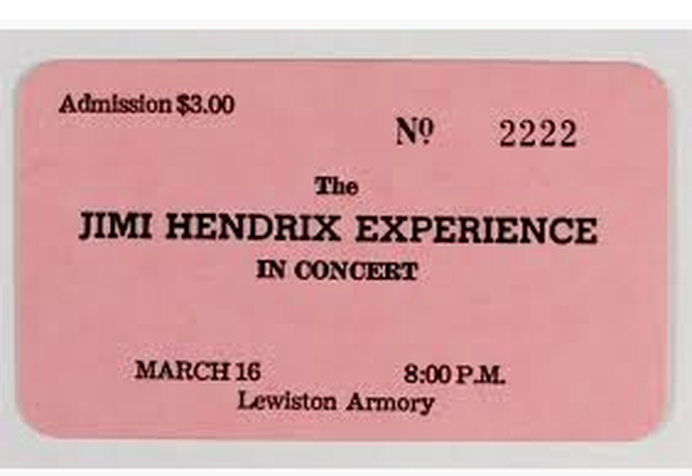
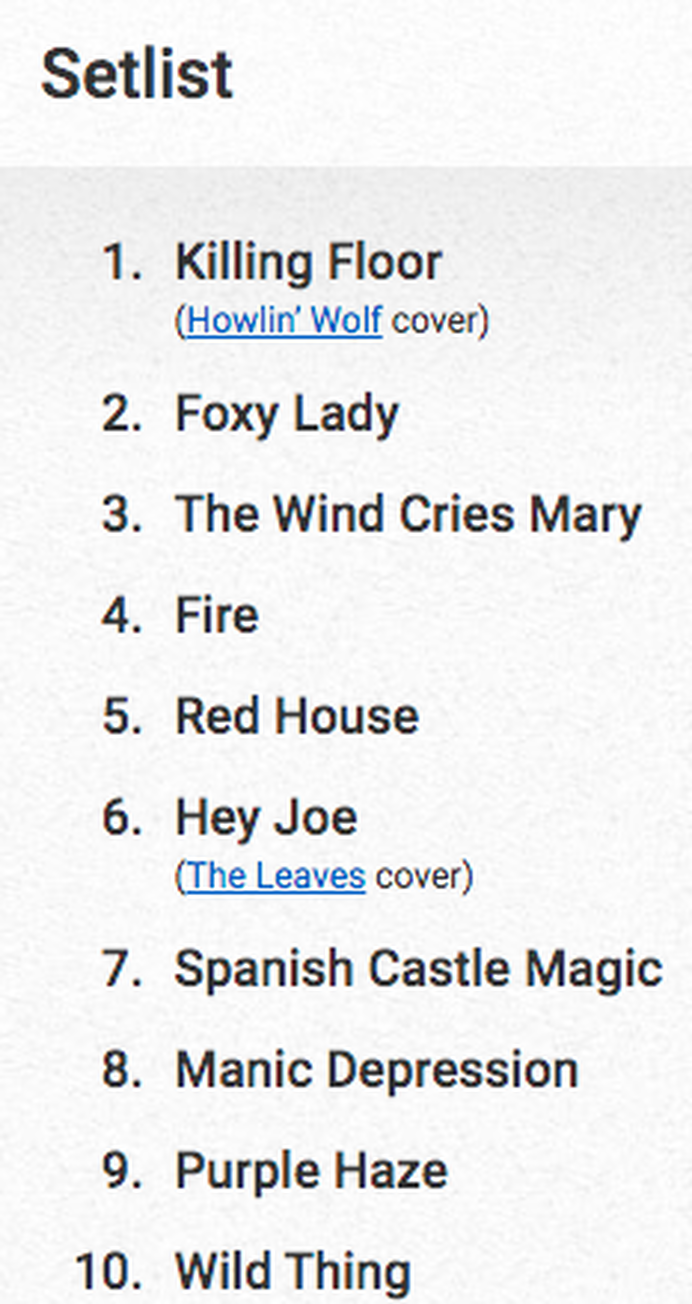
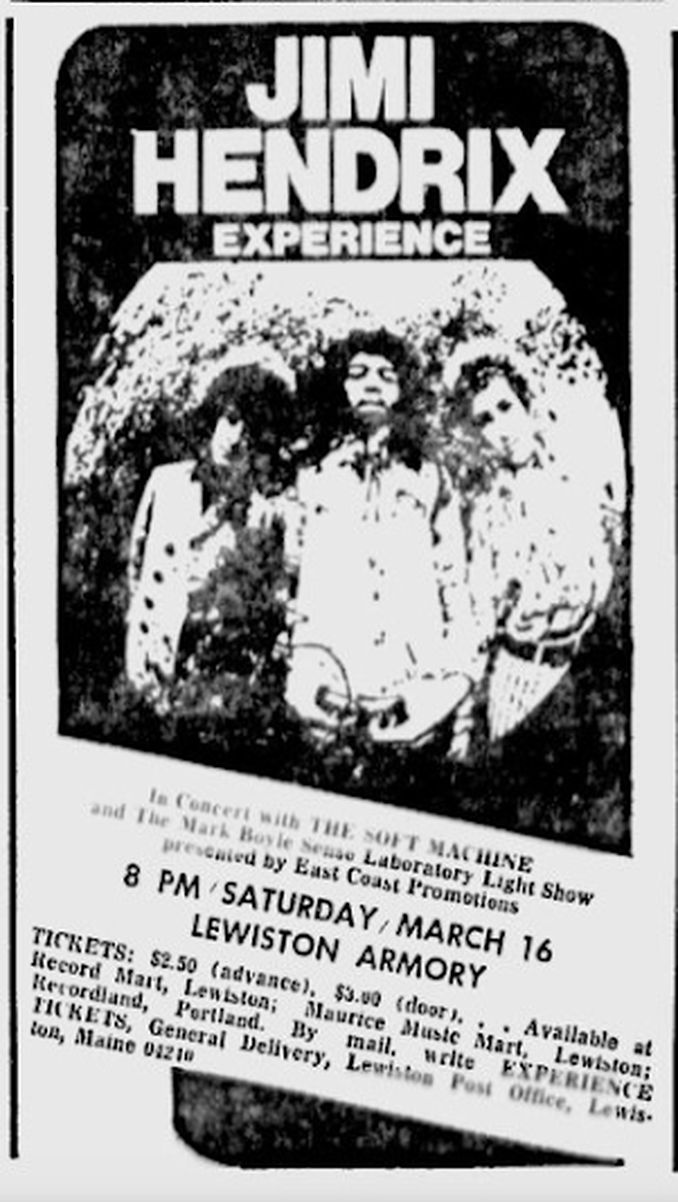
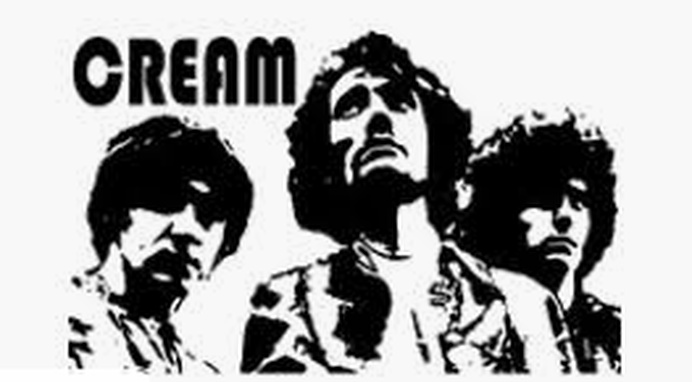
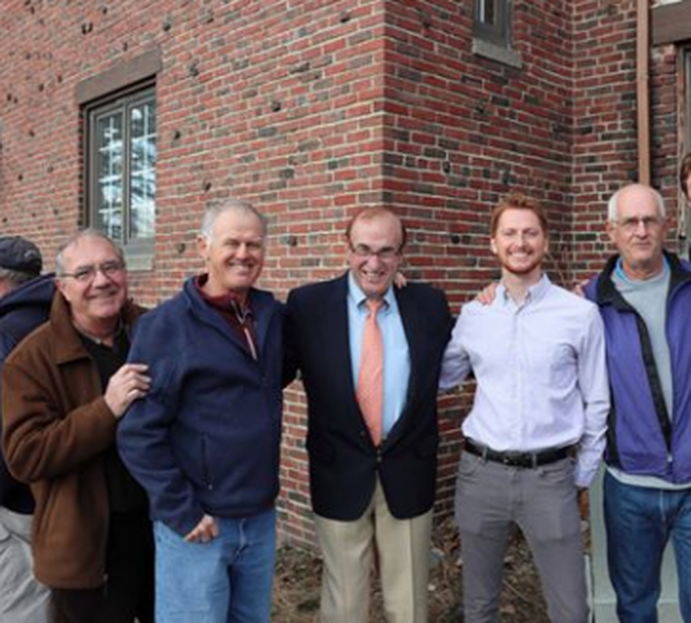
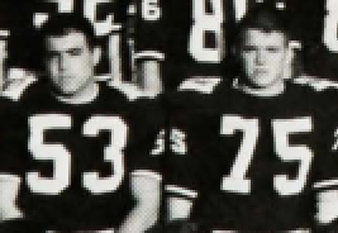
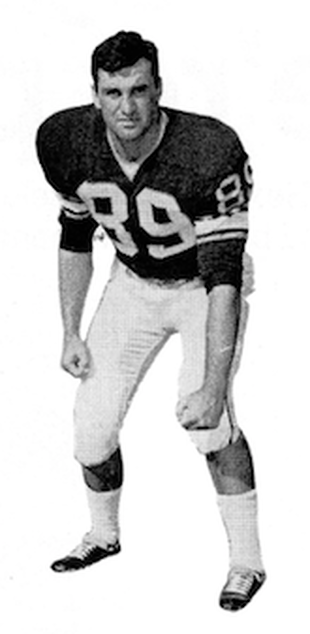
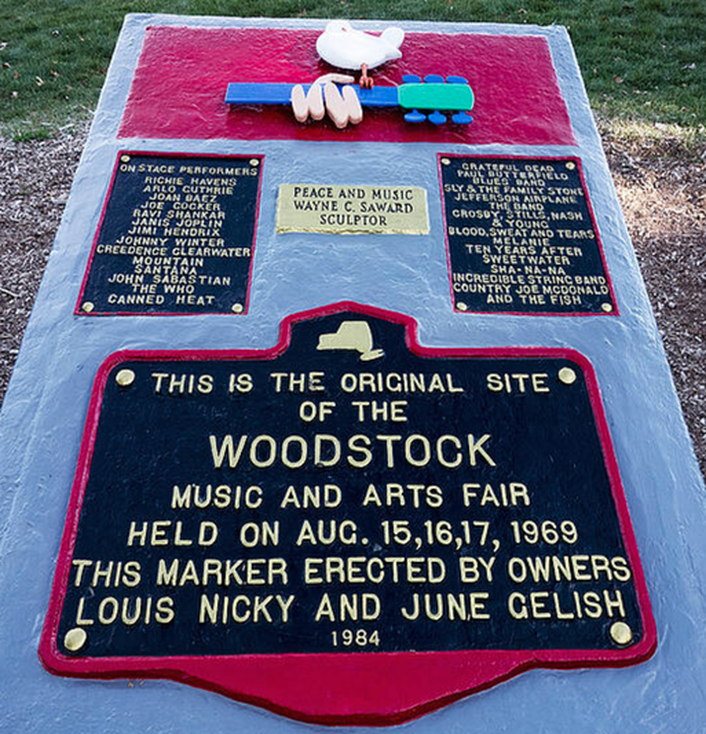
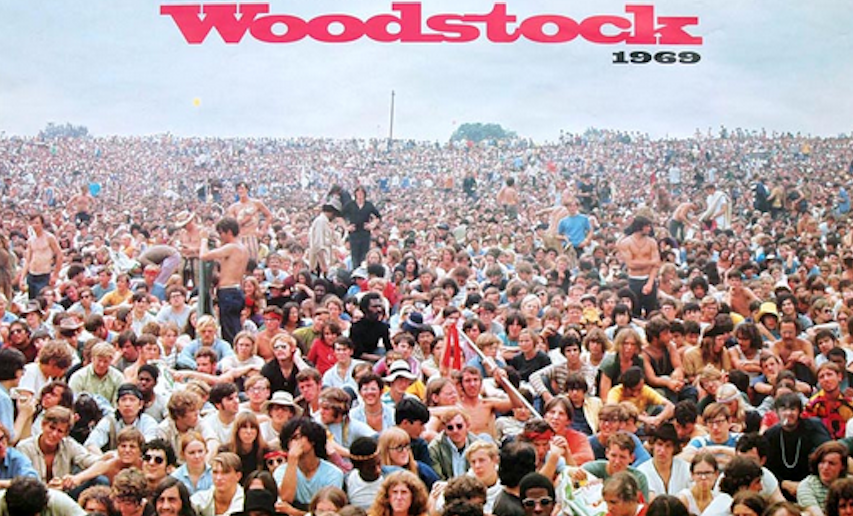
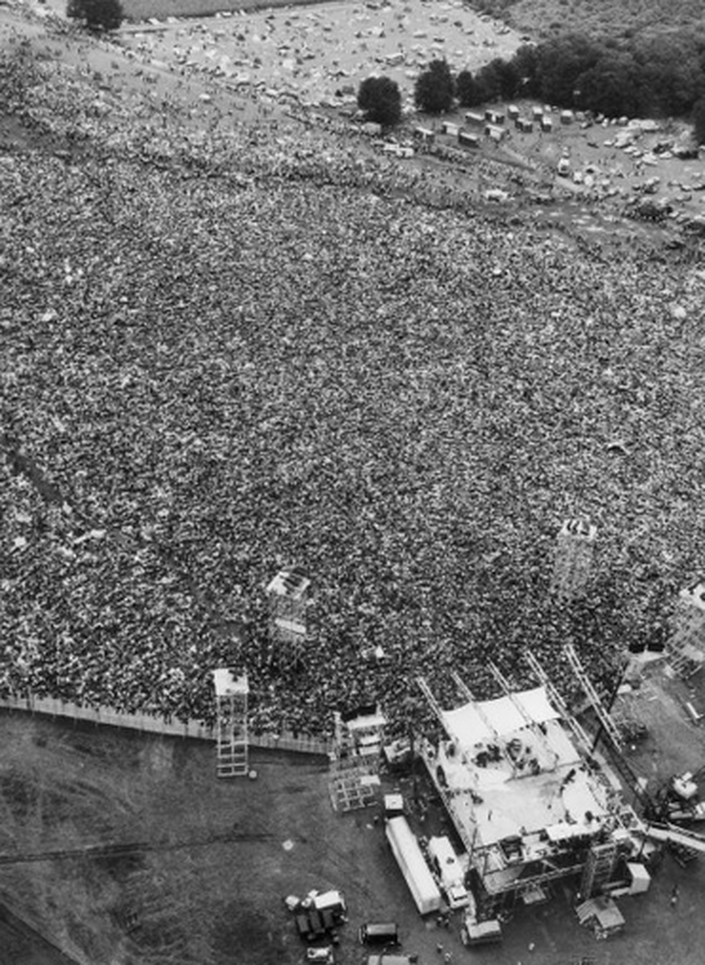
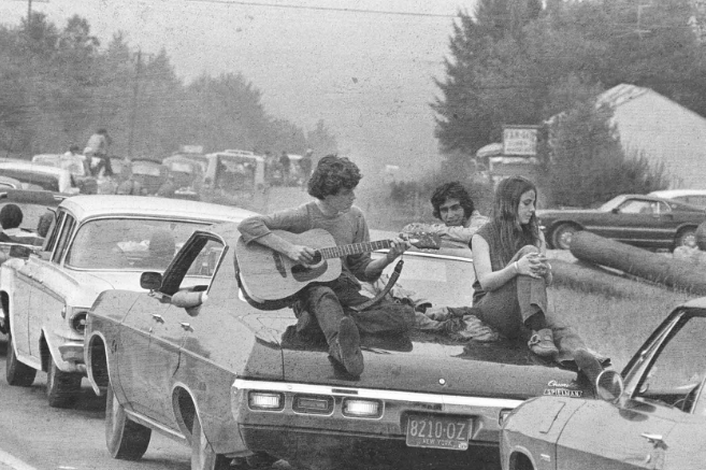
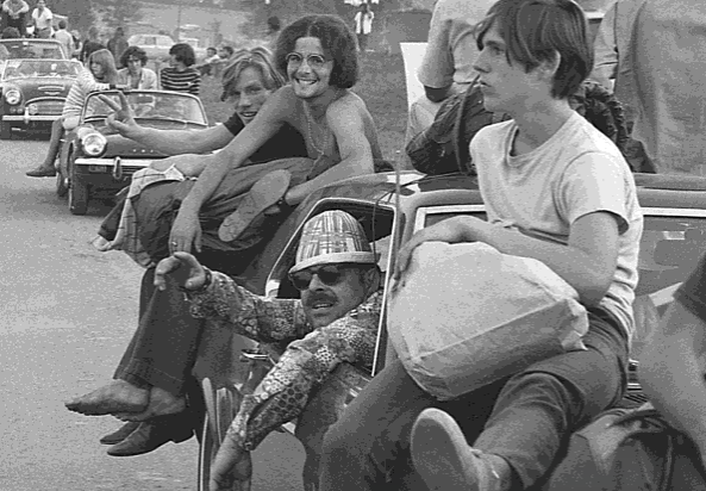
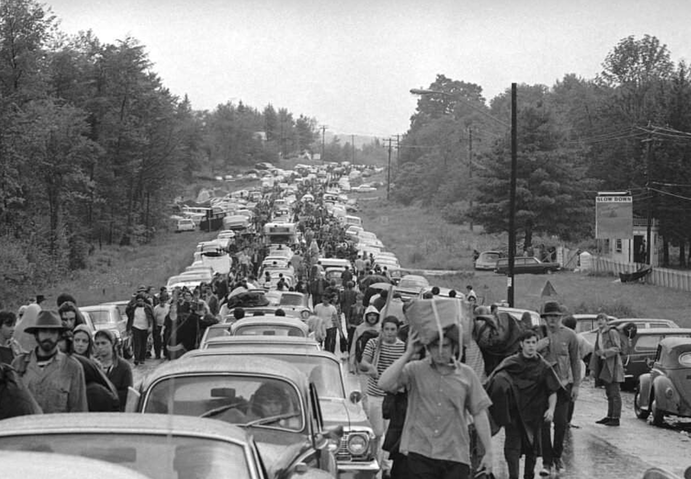
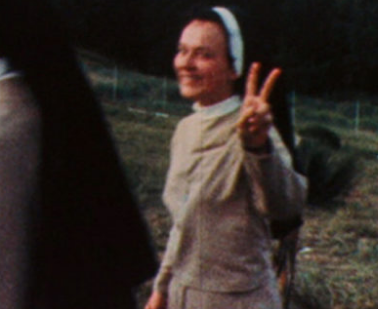
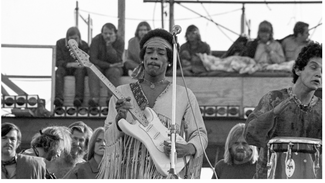
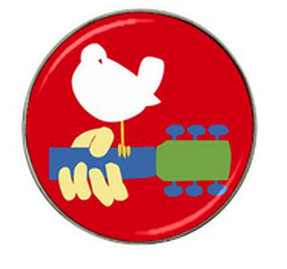
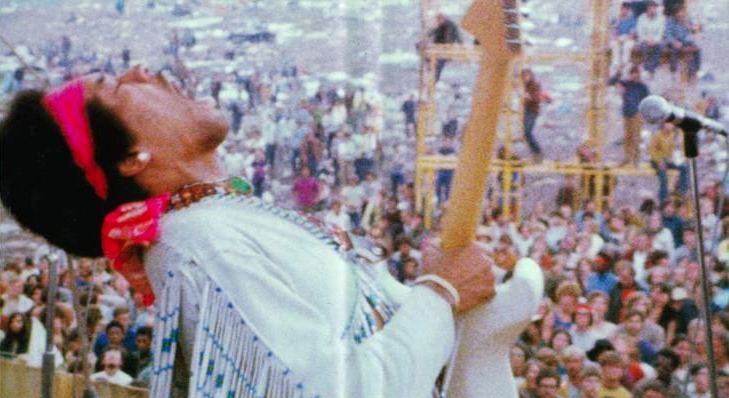
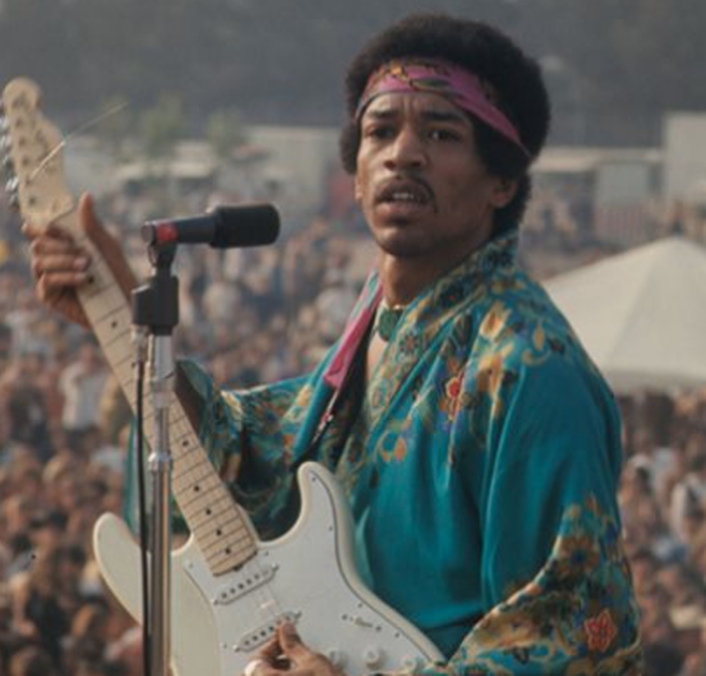
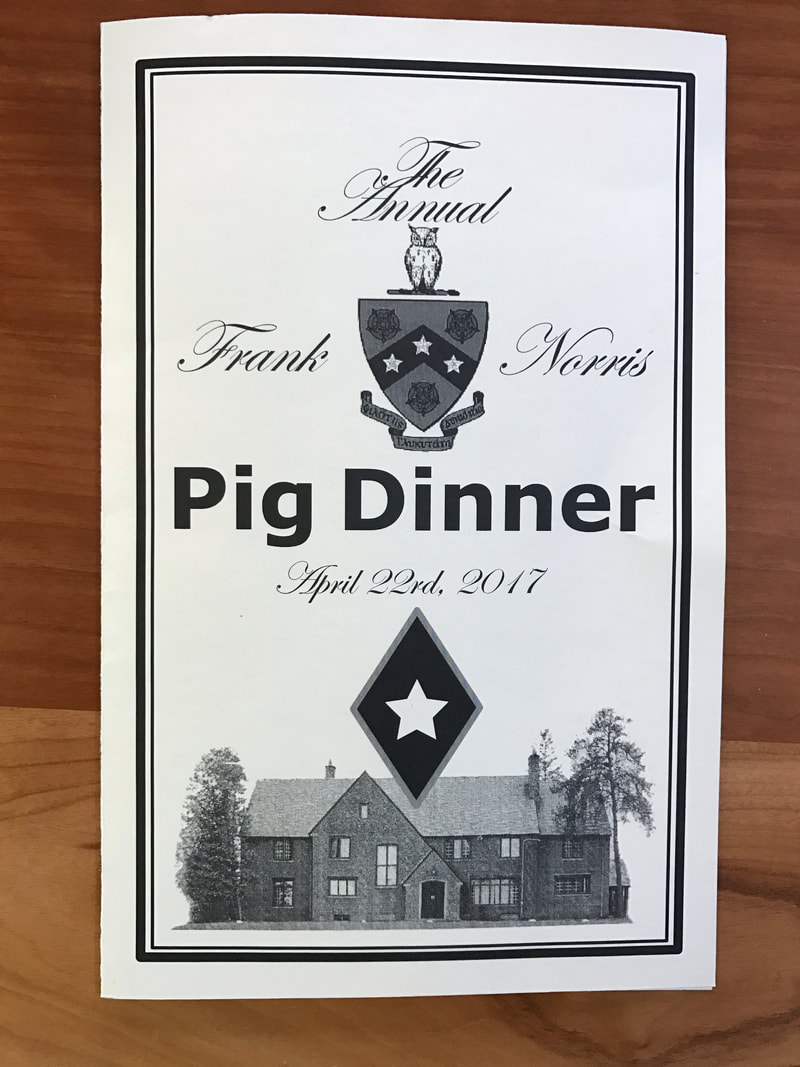
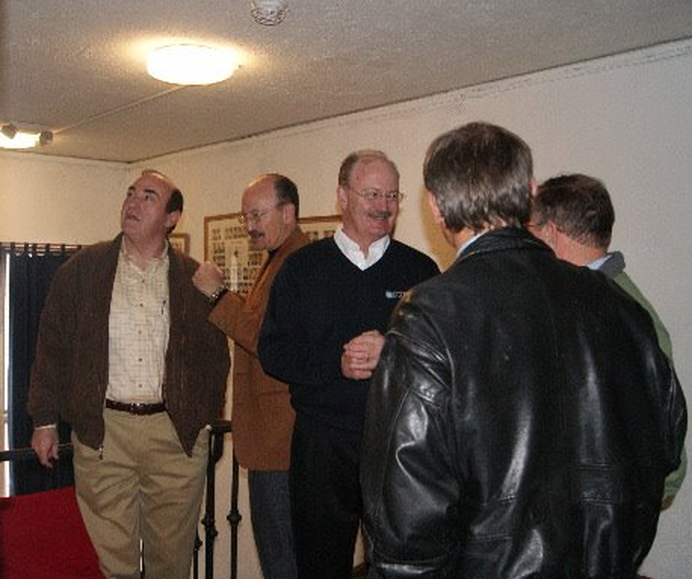
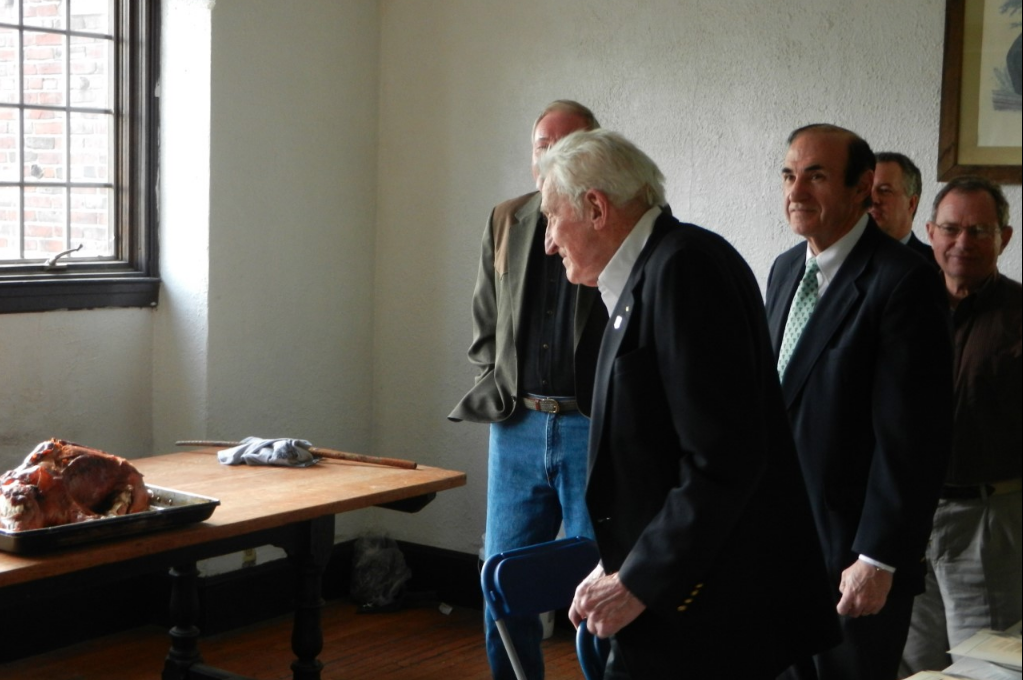




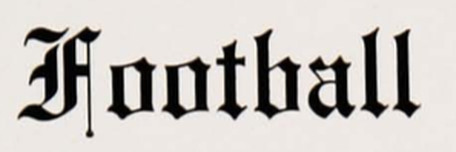

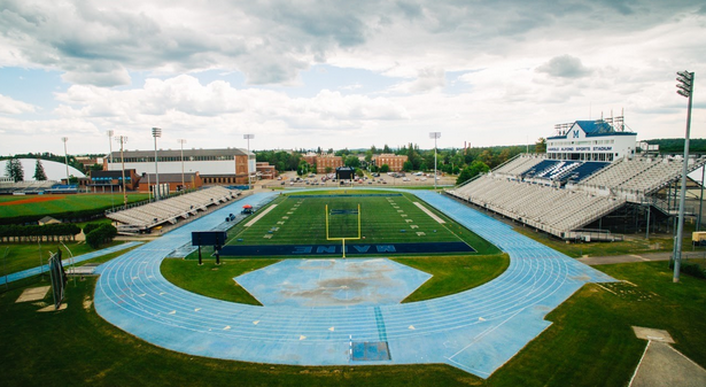
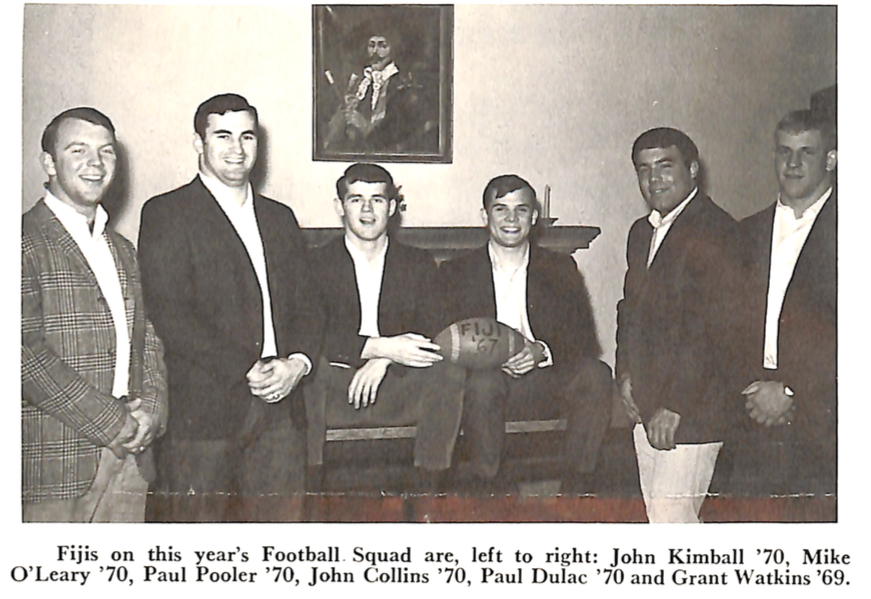
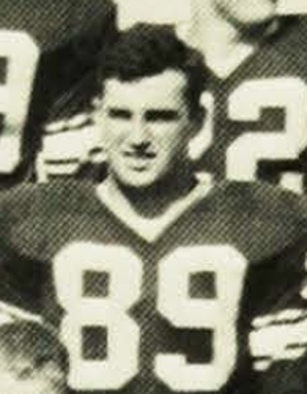
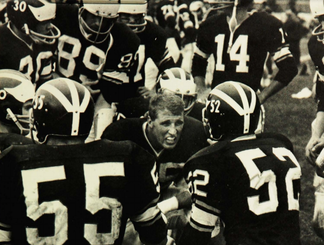

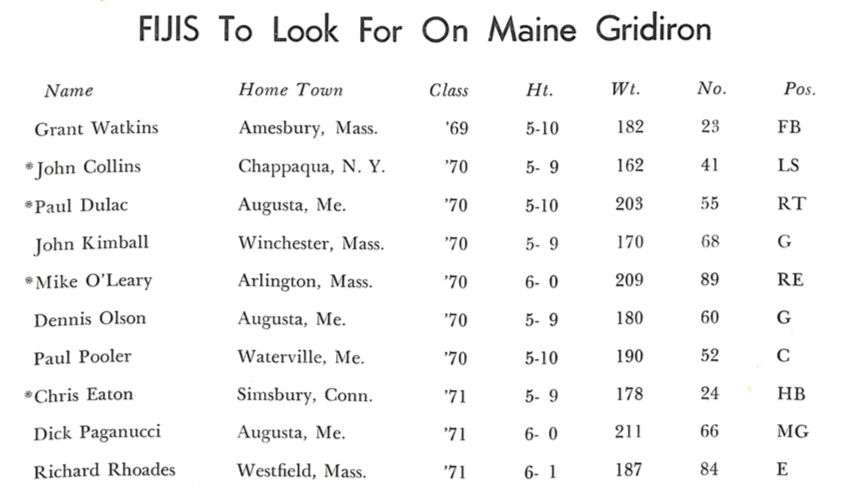
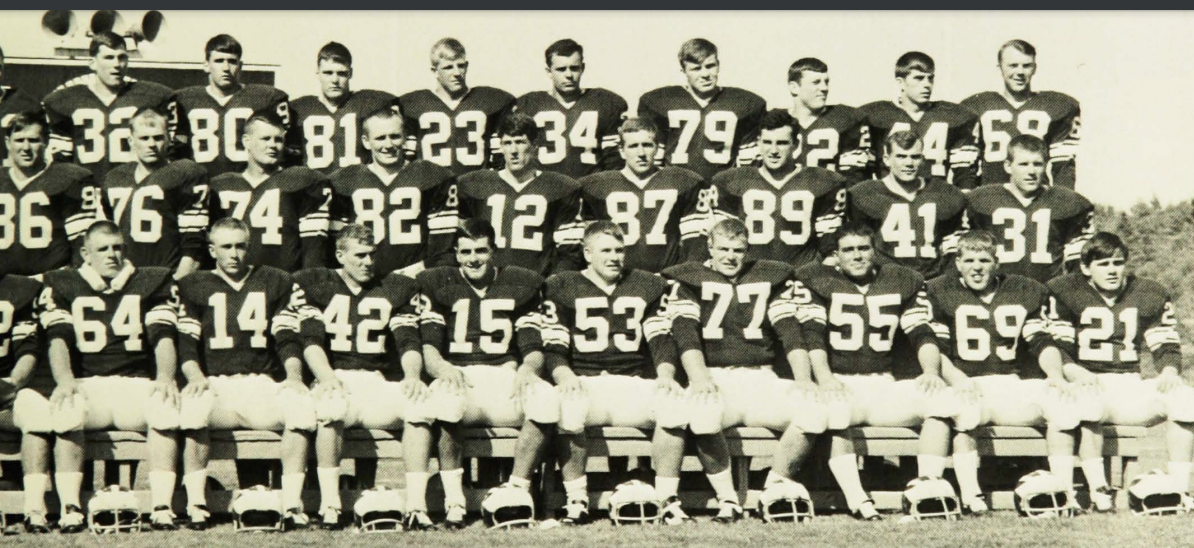
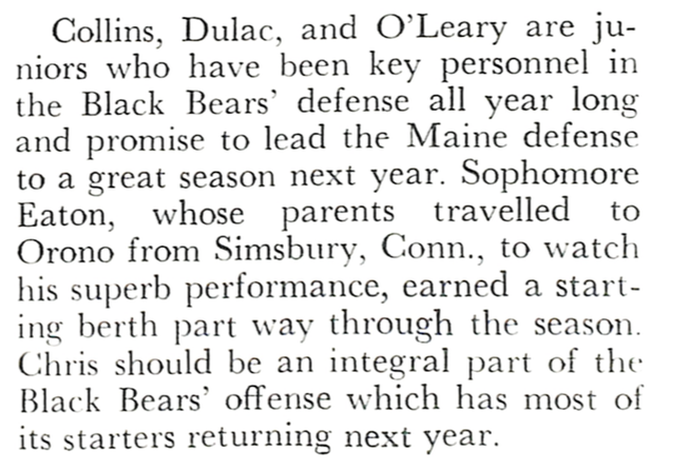
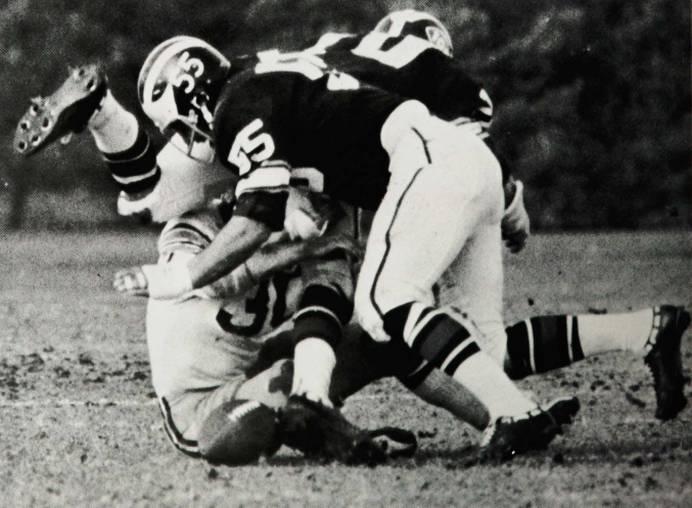
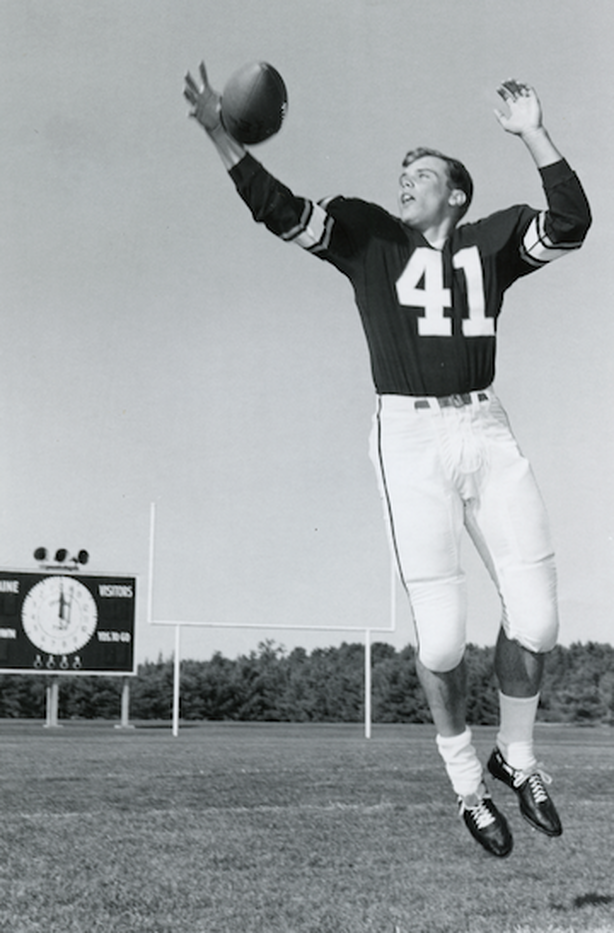
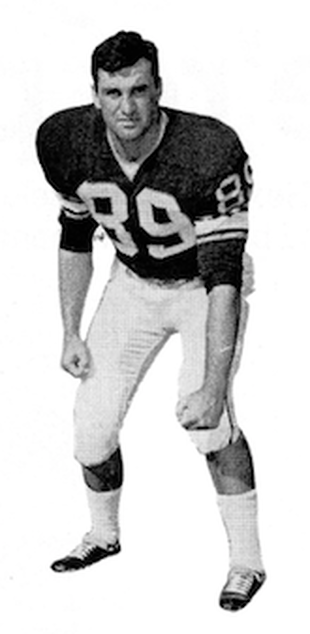

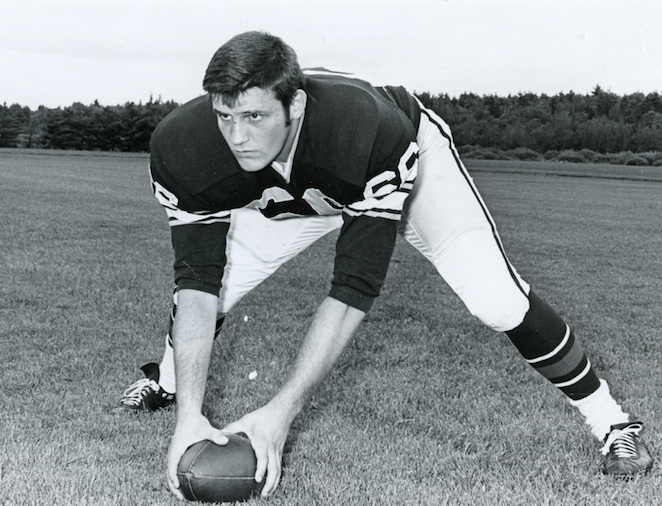
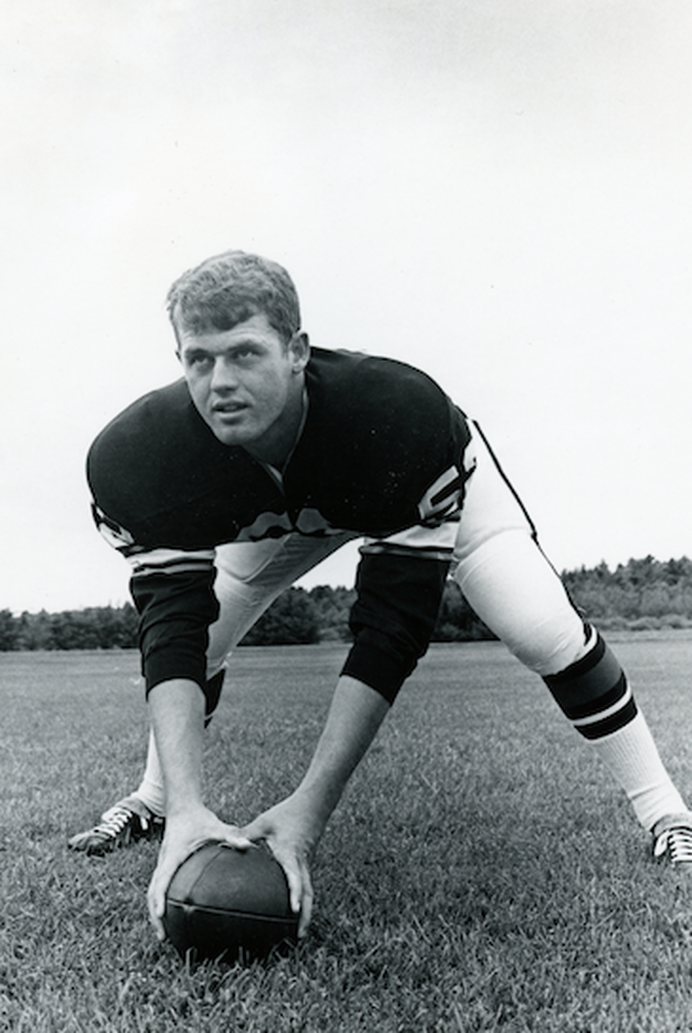
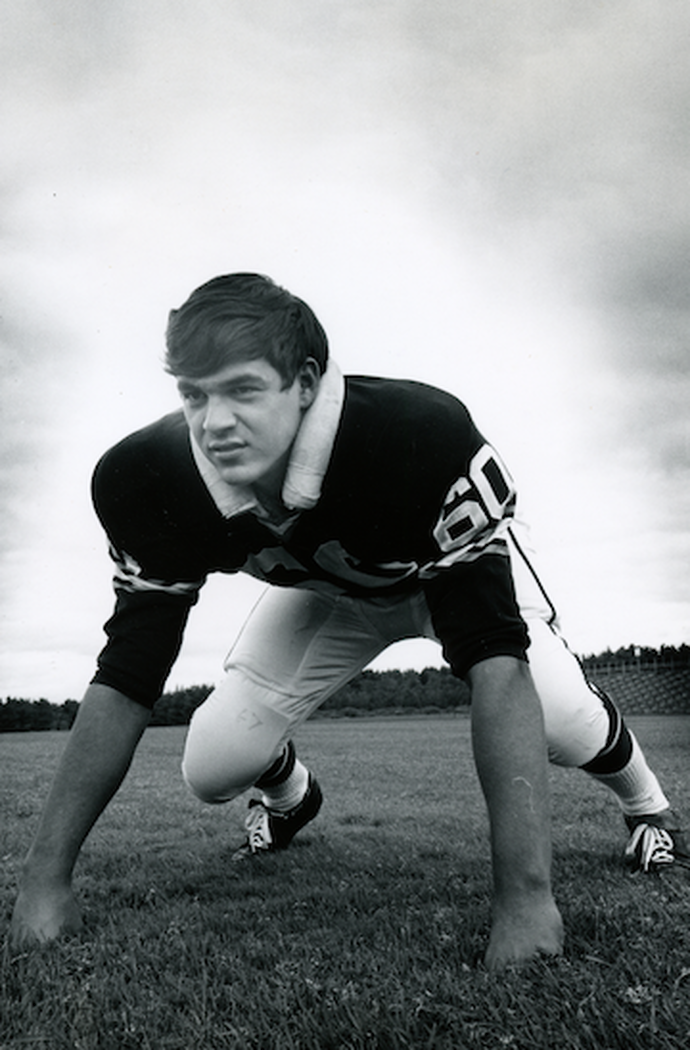
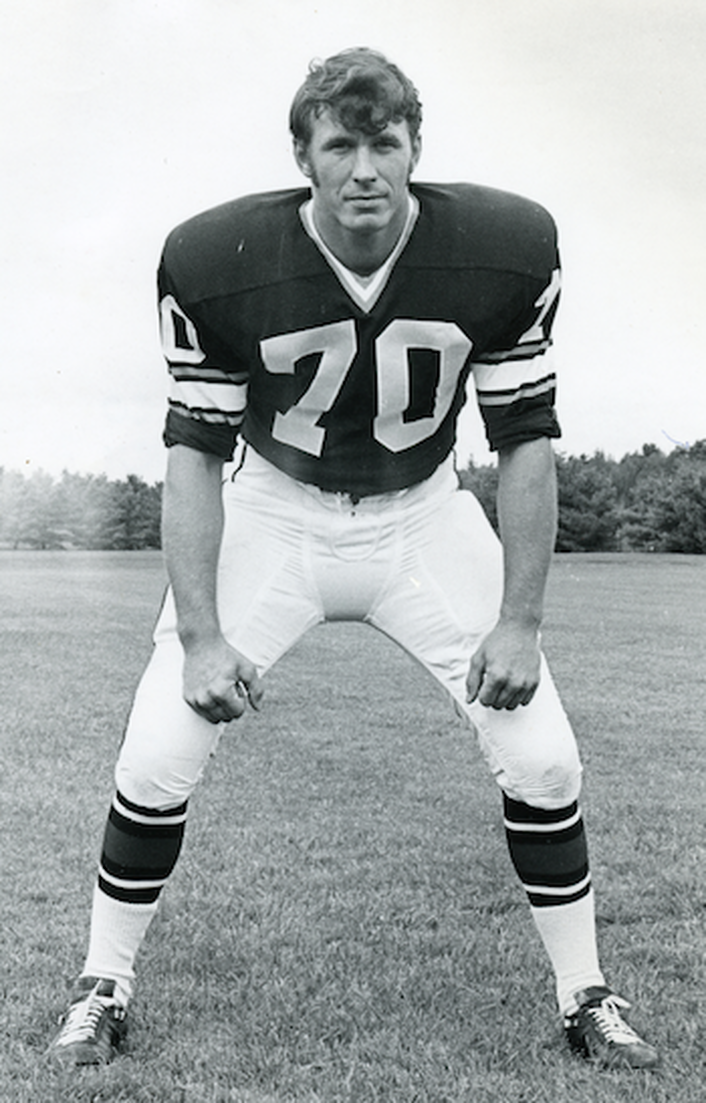
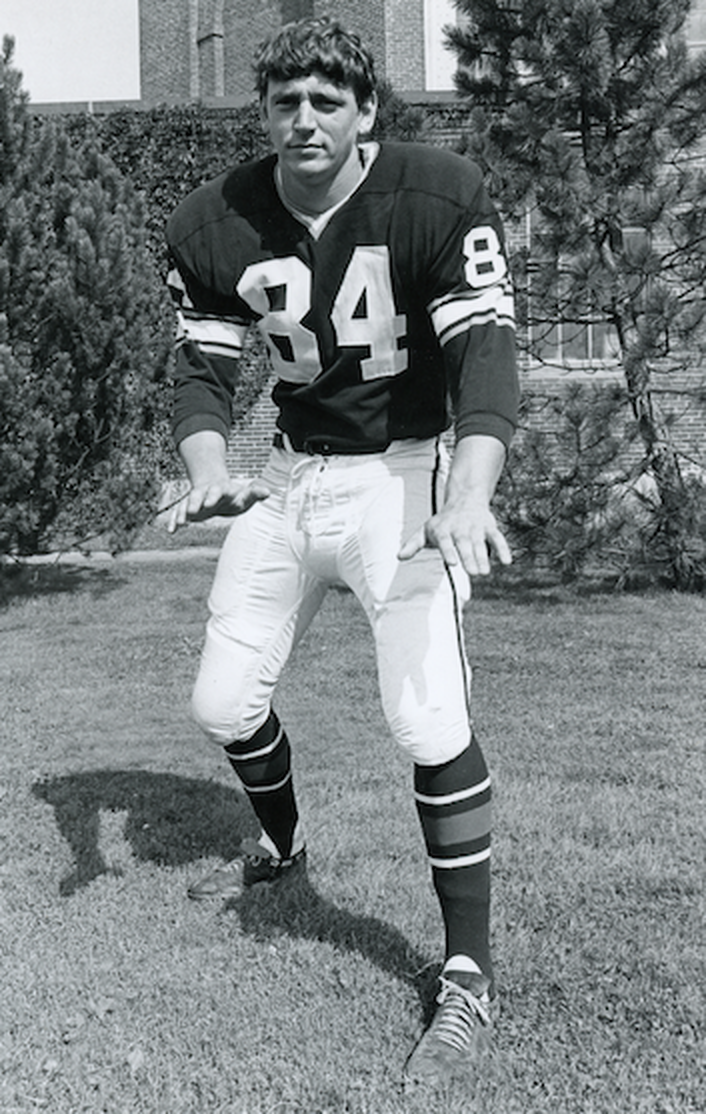
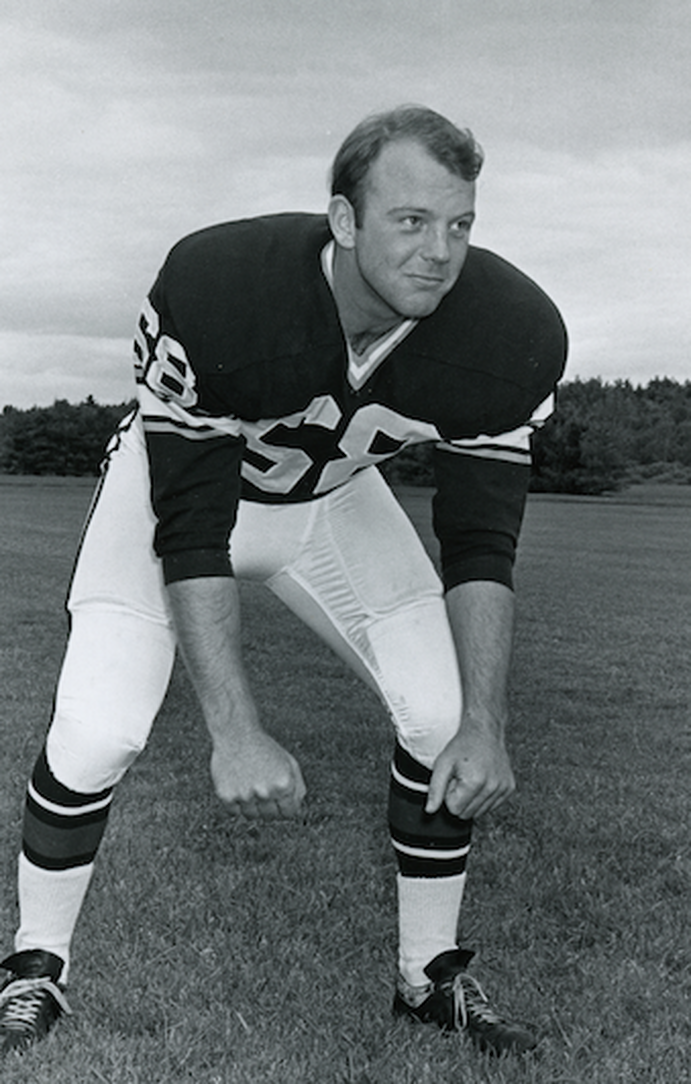
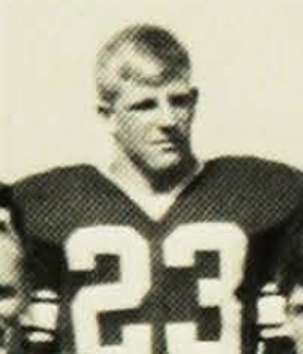
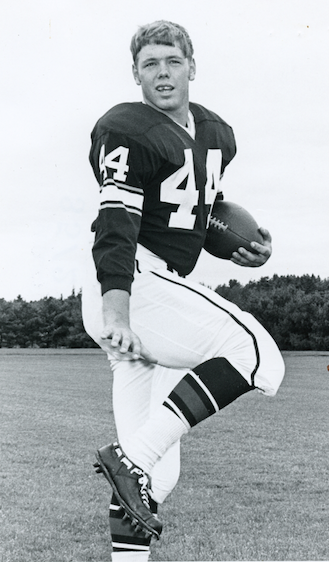
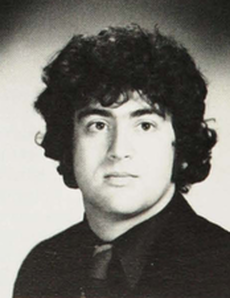
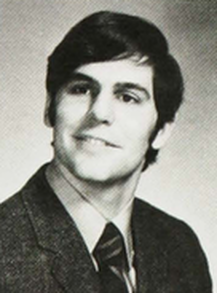
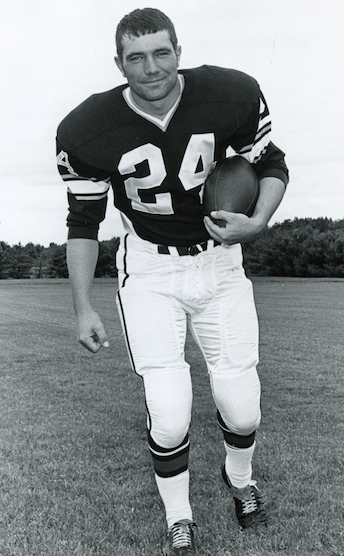
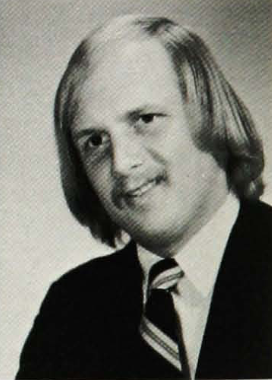
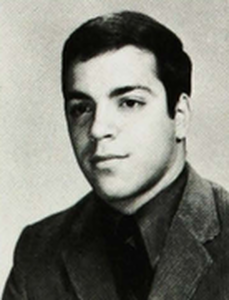
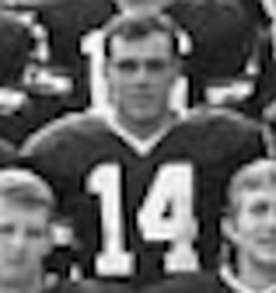
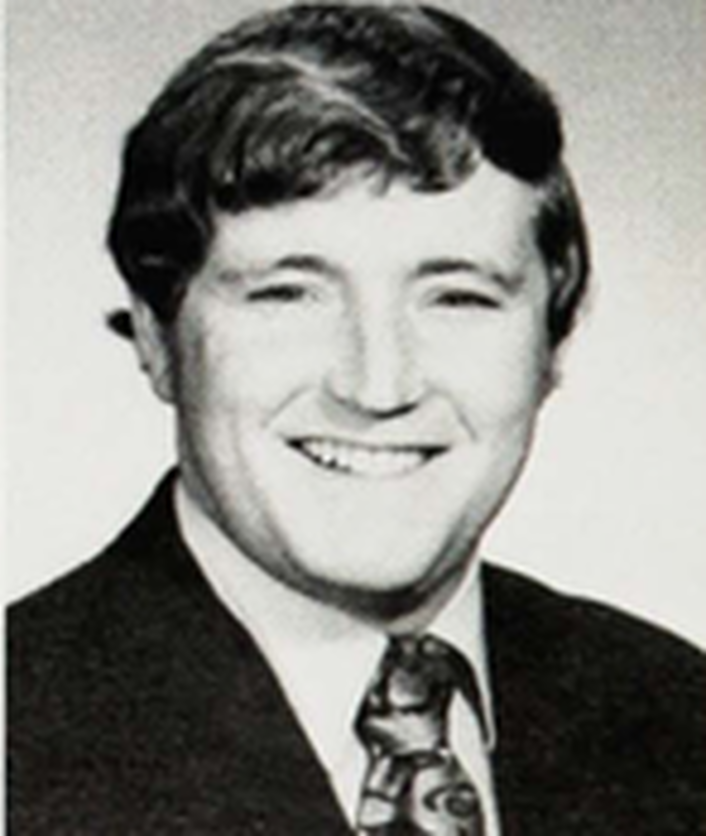
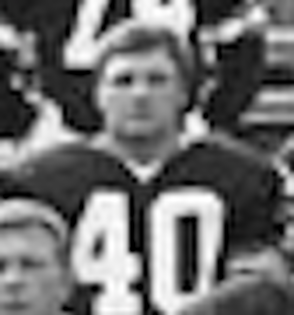





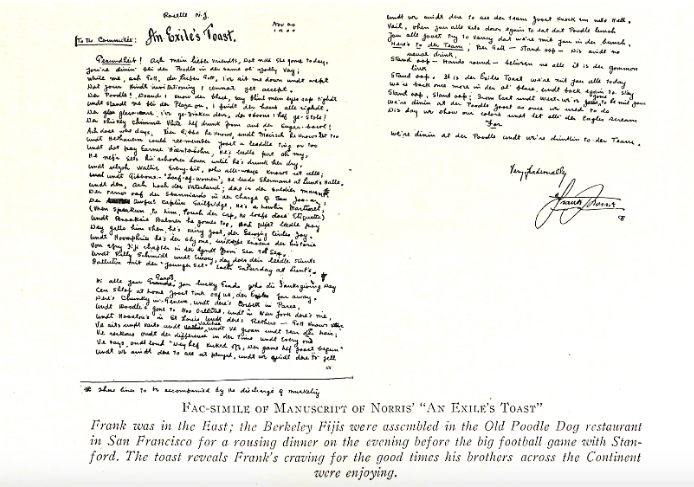
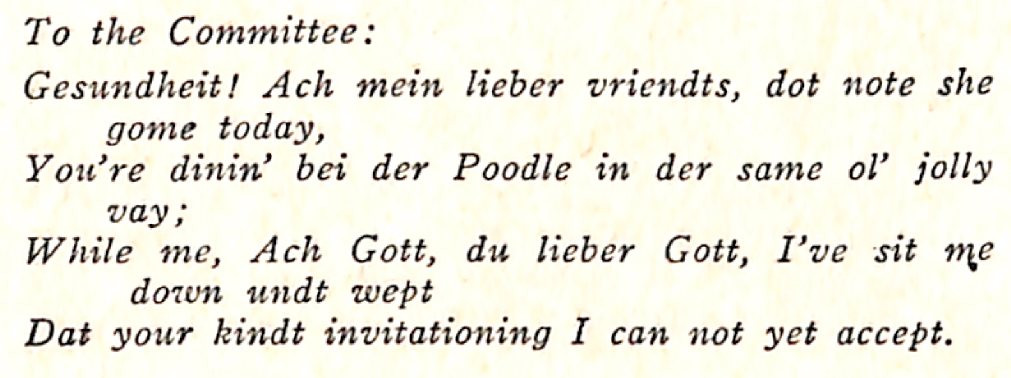
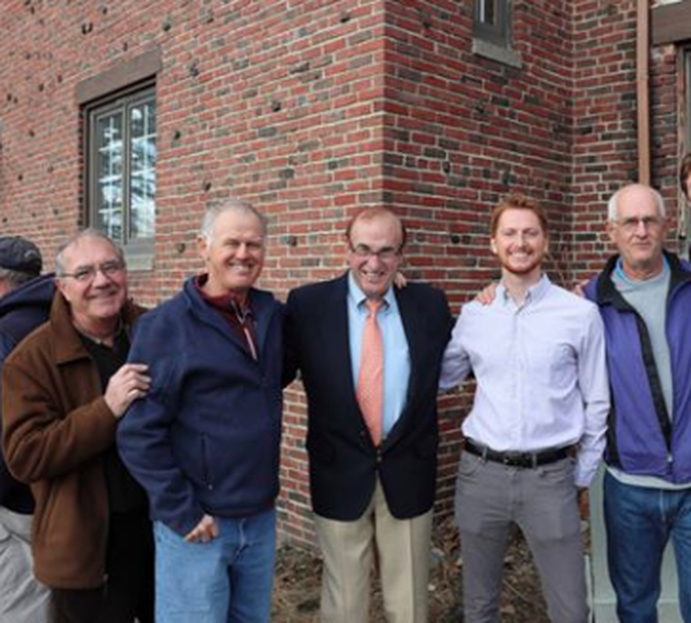


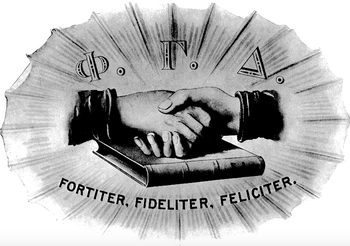

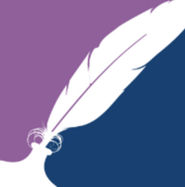
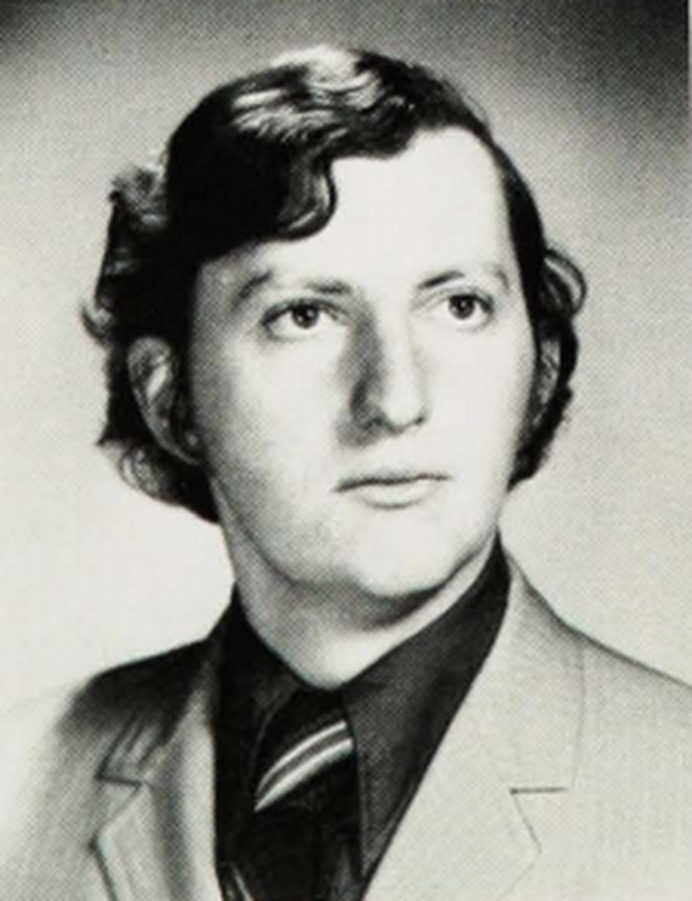
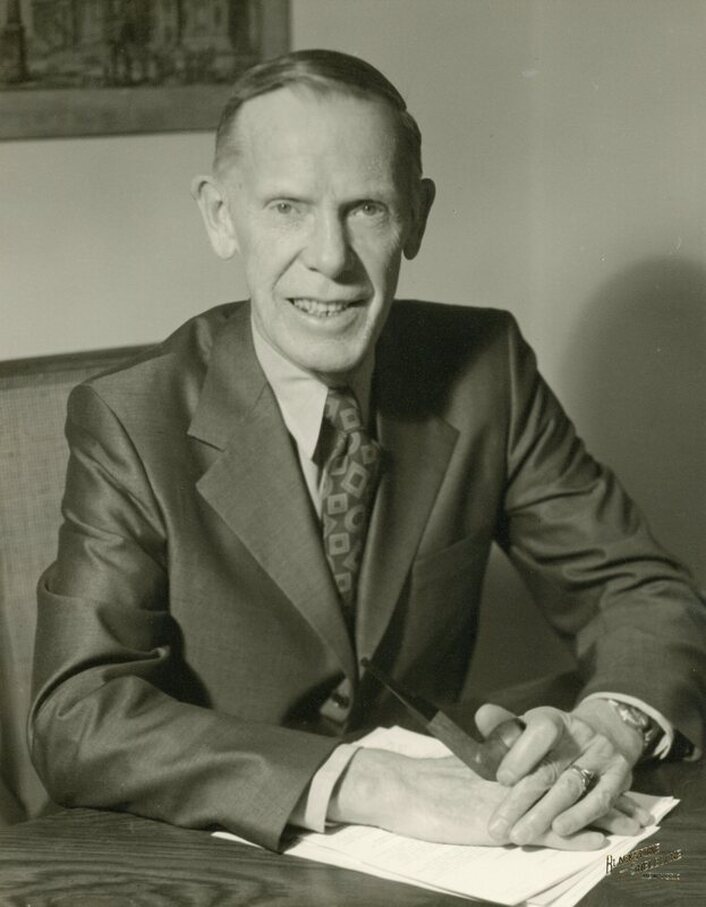
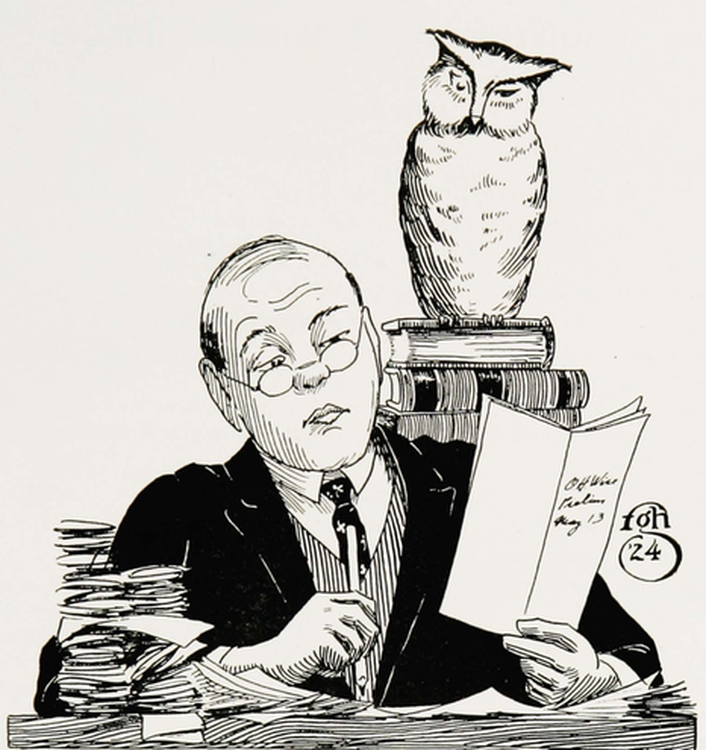
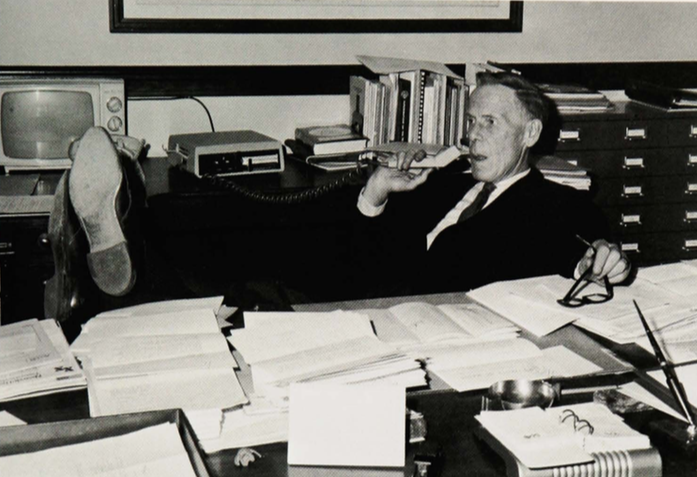
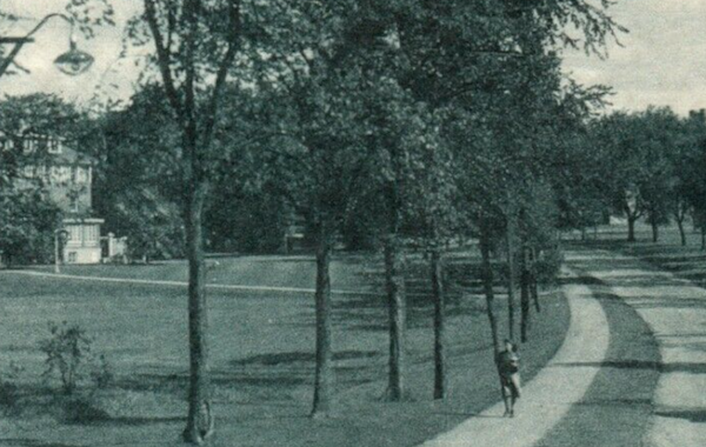
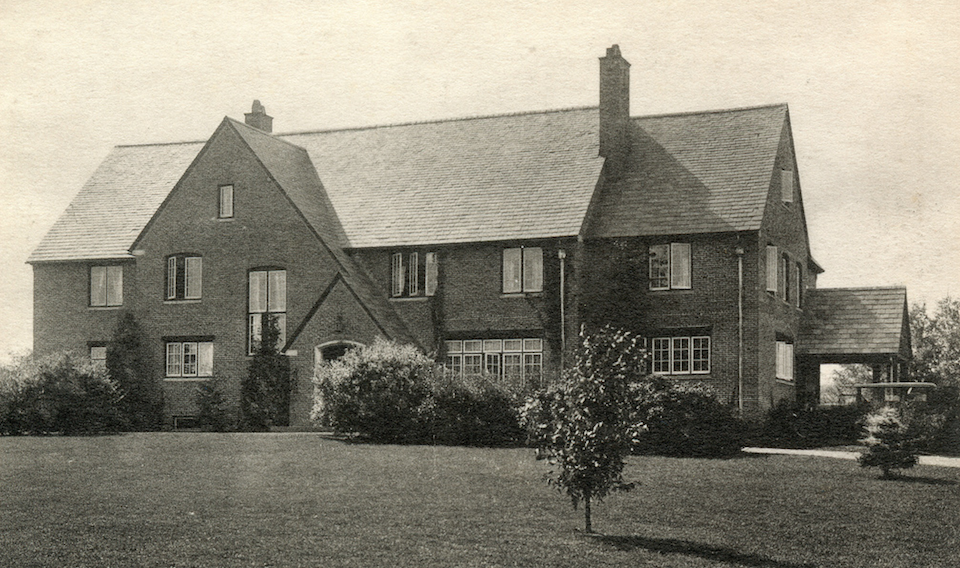
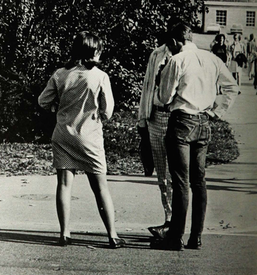
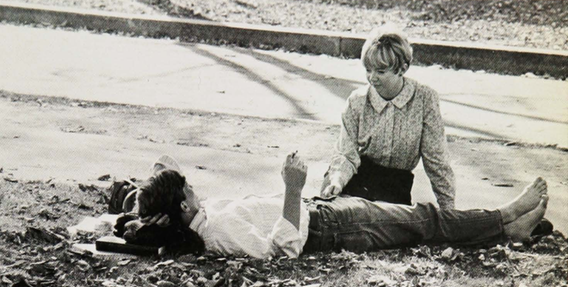
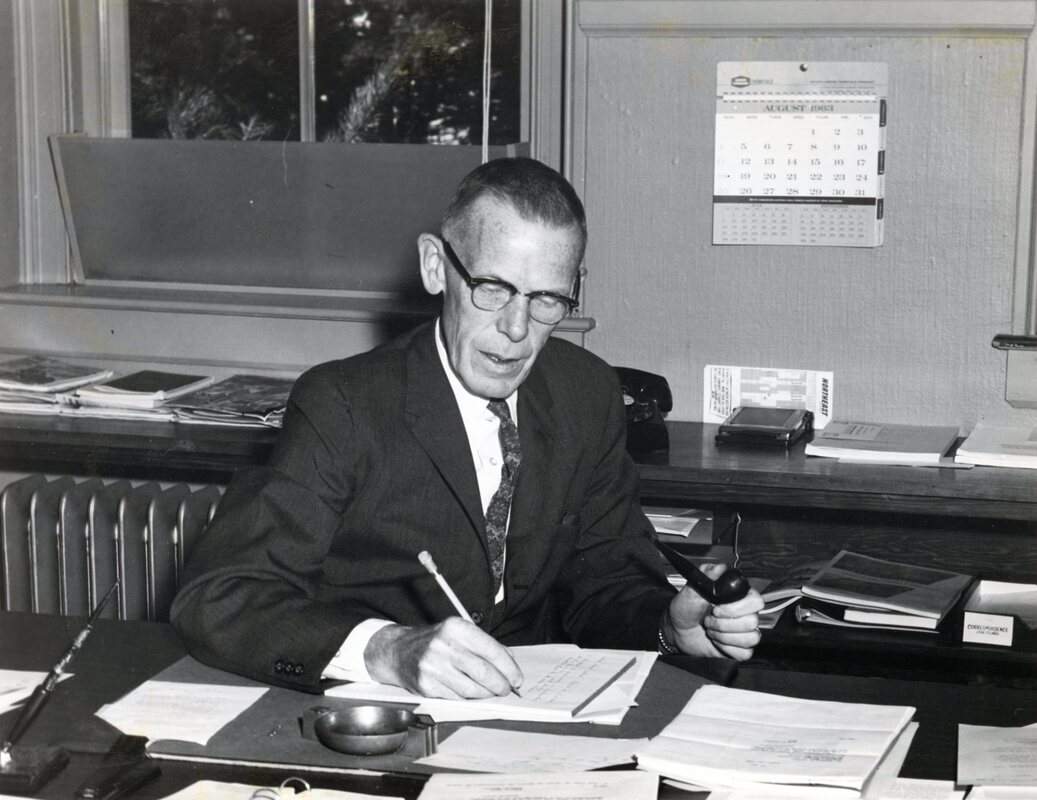
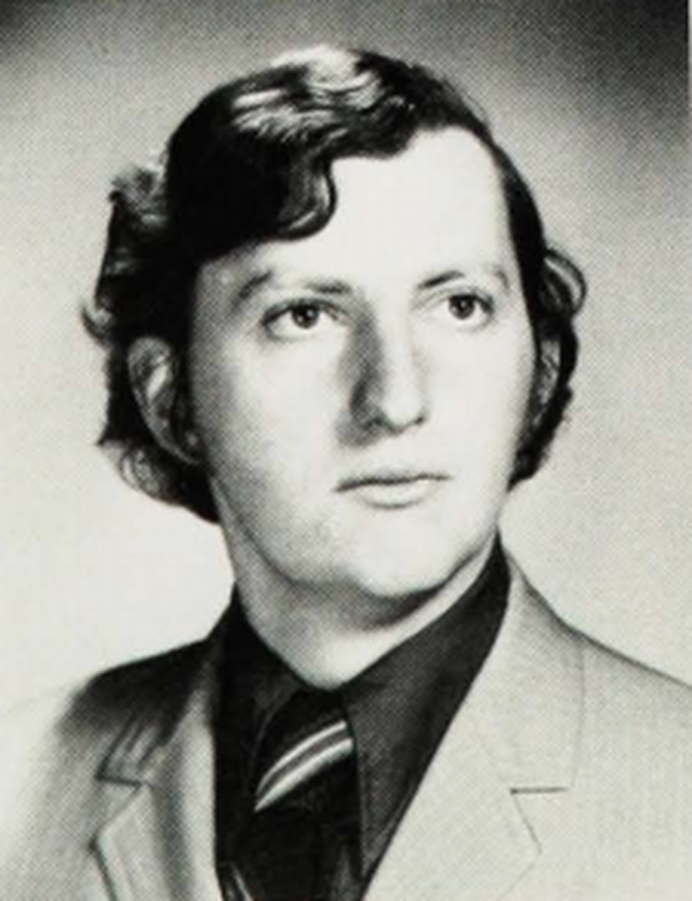
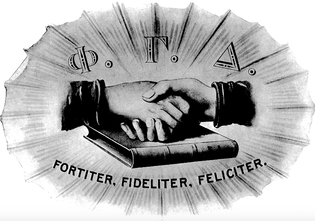

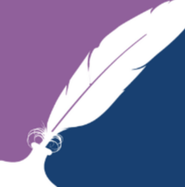
 RSS Feed
RSS Feed